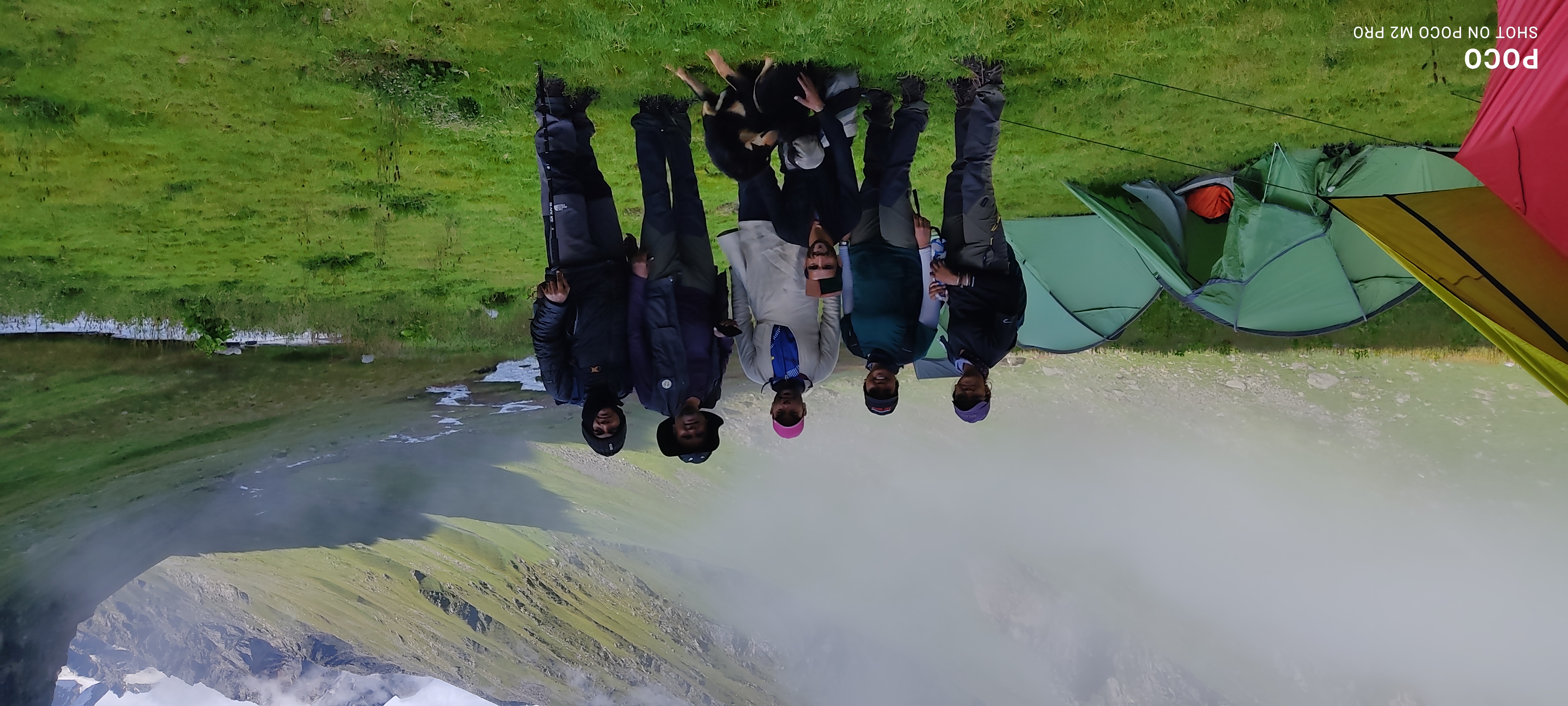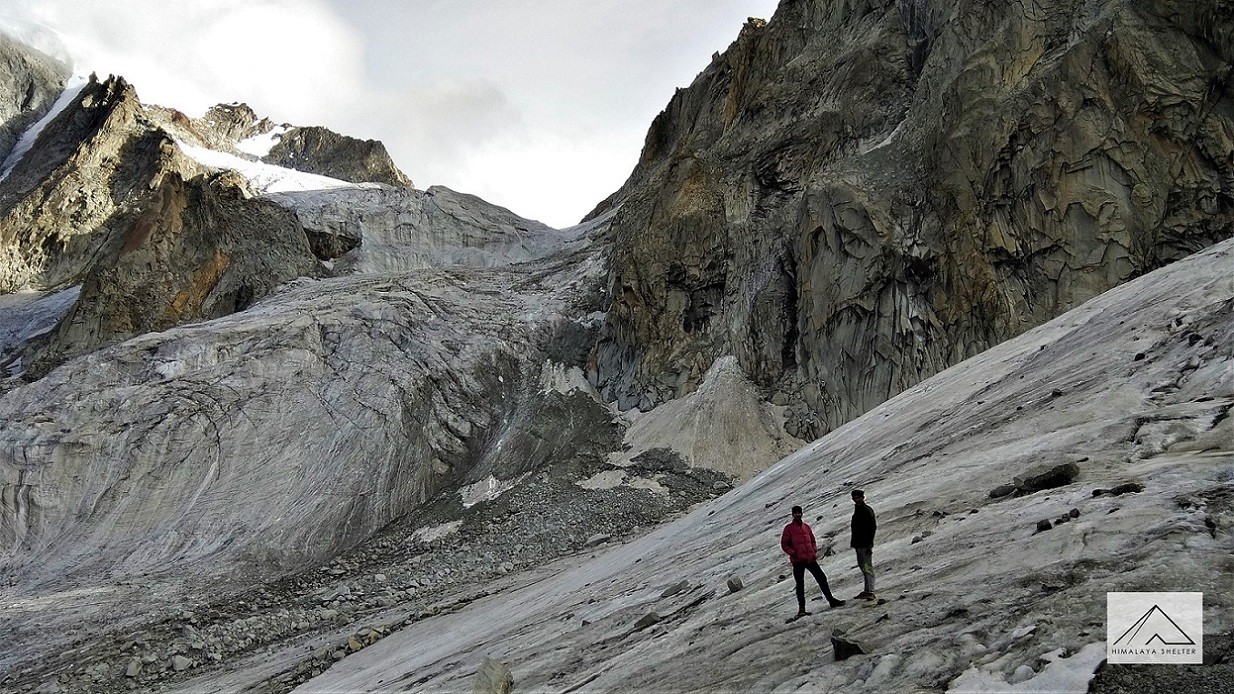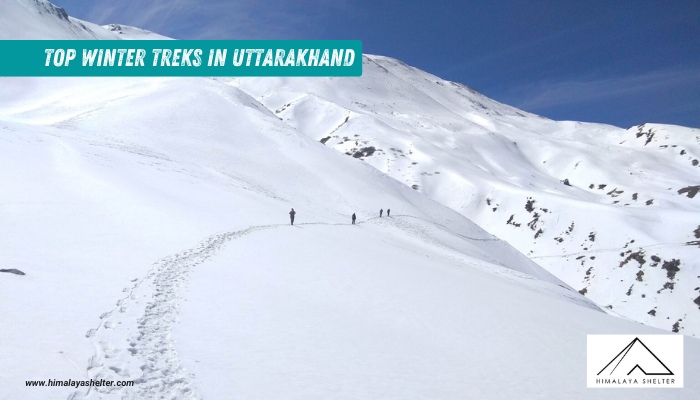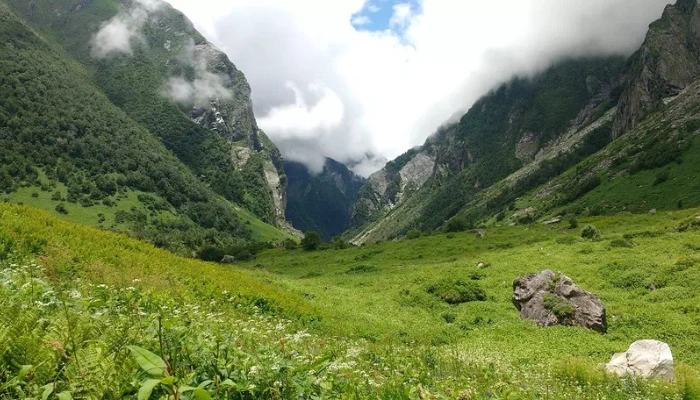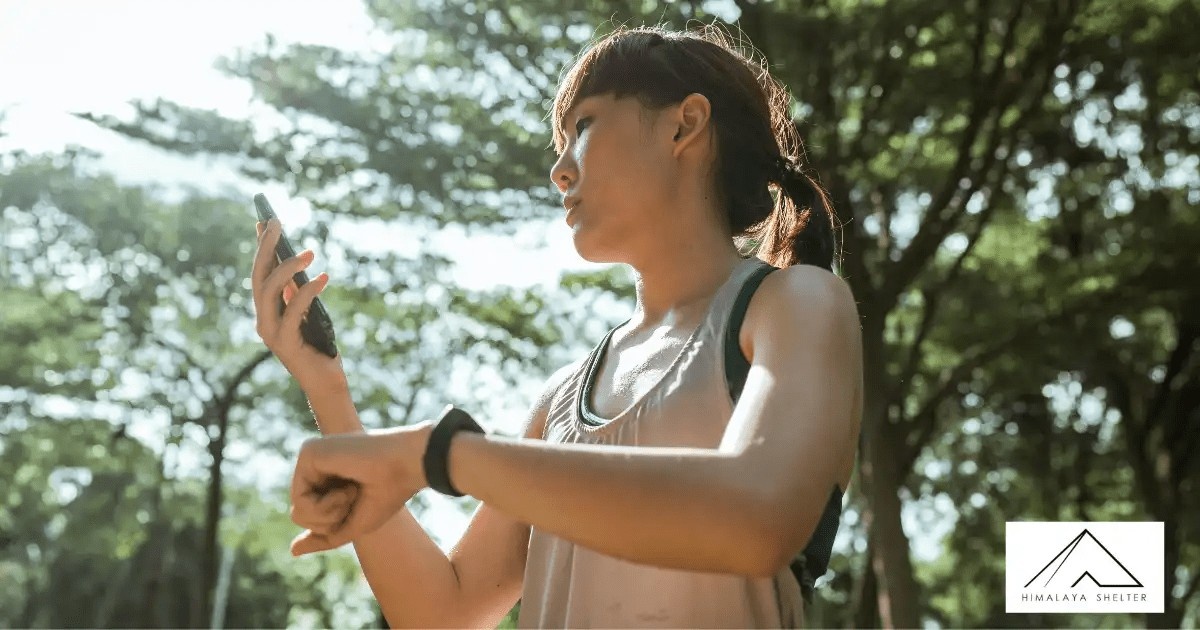
Adi Kailash Trek
TREK DIFFICULTY
Difficult
TREK DURATION
19 Days
HIGHEST ALTITUDE
13100 Feet
GROUP SIZE
12
TREK DISTANCE
76 Km
BASECAMP
Adi Kailash, Uttarakhand
BEST TIME
May to June and September to October
PICKUP POINT
Dehradun (Prince Chowk)
Adi Kailash Trek Overview
Lord Shiva is believed to reside at Mount Kailash. The Adi Kailash Trek, located on the Indian Tibetan Border, is known as the starting point of the magnificent Kailash pilgrimage. “Adi” means “beginning, unequaled”. Adi Kailash is the place where your spirit encounters the essence of the “Adi Yogi – Shiva”. The radiance of energy and beauty of bountiful Mother Nature has attracted tourists from all over the world for decades. Talking in terms of Spirituality this trek will surely take you on an inward journey with its serenity and nurturing environs crossing through Dharma, Byans, and Chaudans Valley. The valleys promise breathtaking cascades of waterfalls, thick wooded forests, and innumerable variety of flora from the Himalayan ranges.
The base of Mount Adi Kailash also known as Chota Kailash, is home to two water bodies namely Gauri Kund and Parvati Sarovar. Gauri is another name of Lord Shiva’s wife- Parvati. It would be appropriate to designate Parvati Sarovar as “Chota Mansarovar” as it is smaller than the Mansarovar Lake. Pilgrims also built a Temple dedicated to Shiva-Parvati on the banks of Parvati Sarovar.
During Adi-Kailash trekking, the tourists will encounter the snowy peaks of Annapurna, the gurgling Kali River, the dense forest, Narayan Ashram, full of wildflowers and a rare variety of flora and fauna and several waterfalls. Further, the trek of Adi-Kailash will also take the trekkers to the famous Kali temple at Kalapani, which is a very auspicious place and is 14 km from Aum Parvat.

Mountain-centric & Local Roots
Started by a trekker born in the Himalayas (Bachan Rana), most of their team are locals. That means real terrain knowledge and instincts on the trail.
We operate in regions like Uttarakhand, Himachal Pradesh, Kashmir & Ladakh — strong ground support matters at altitude.
Safety Above All
- Certified trek leaders trained in CPR & first aid
- Zero fatality record for over a decade
- Daily health checks and acclimatisation focus
- Oxygen support if needed
These aren’t just promises — these are real safety systems, not just marketing words.
Small & Personal Groups
Most big companies run 20–30+ people. Himalaya Shelter usually keeps groups small (8–12) — so guides can care about you, not just the batch.
Small groups = better experience | More attention | Better bonding | Less chaos | Faster response if something goes sideways
Flexible & Fair Policies
If bad weather or health stops you from finishing, we let you rejoin the same trek later without extra fees — that’s rare.
Food & Comfort That People Talk About
Many trekkers specifically praise the meals, tents, and service — not something every operator manages well at high altitude.
Customised Treks
We tailor your trek based on your:
- Fitness level
- Group type
- Preferred pace or dates
- Select your cuisine
Real customisation is not standard everywhere.
Responsible & Eco-Friendly Trekking
We follow responsible trekking practices to minimise environmental impact and respect local communities. Supporting local staff and village economies is a core part of our philosophy.
In short, Himalaya Shelter feels less like a company and more like a mountain family — deeply rooted in the Himalayas and committed to making your trek safe, personal, and memorable.
Basecamp
- Tawaghat/Dharchula serves as the gateway where permits like the Inner Line Permit (ILP) are obtained.
- Trekkers typically travel from Pithoragarh to Dharchula and enter the trail from Tawaghat or nearby.
Trekking Path (Short Route)
- The trail winds through villages such as Pangu, Gala, Budhi, before reaching Gunji, Kutti (Kuthi) and onwards via Sin La Pass (5,495 m) into the Kuthi Yankti Valley.
- From Kutti, trekkers proceed to Jolingkong (base camp) situated at Gauri Kund (Jolingkong Lake), approx 17 km from Kuti village, with a Shiva temple at the lakeshore.
Adi Kailash Visit
- From the base camp (Jolingkong), it’s a short 4 km trek to the Adi Kailash viewpoint and back.
Descent Route
- Travelers usually retrace their steps: Jolingkong → Kutti → Gunji. From Gunji, they may return either via the same route or incorporate a motorable segment, depending on logistics and road availability.
In Himalaya Shelter, we provide you with the option to customize your Adi Kailash trekking experience. Whether you're an avid mountaineer, solo traveller or a group of friends, you can opt for our personalized tailor-made trekking program.
This customized trek will be exclusively designed for you, taking into account your specific requirements for transportation, accommodation, meals and any other premium facilities you may need during the trek.
The trail for Adi Kailash passes through dense forests, small villages, alpine meadows, rivers and glaciers crossing and leads to spiritual destinations like Parvati Sarovar and Gaurikund.
Himalaya Shelter ensures your journey is safe and memorable with experienced local guides and all necessary permits. You can even request offbeat routes or sunrise hikes for a more immersive Himalayan experience.
Moreover, no other participants will be added to your group. Choosing a customized trek will enable you to fully enjoy the trek with your loved ones.
Adi Kailash is deeply connected with Lord Shiva and Goddess Parvati. It is also called Chhota Kailash for its religious and spiritual significance. As per Hindu mythology, Adi Kailash is considered the abode of Lord Shiva just like Mount Kailash in Tibet. People who are unable to visit Mount Kailash, often visit here.
Adi Kailash is believed to be the second home of Lord Shiva and Goddess Parvati. People believe that Lord Shiva and Goddess Parvati once wished to stay close to their devotees and they chose Adi Kailash as their second abode. Sages like Vyasa rishi and Pulastya rishi meditated here in Adi Kailash. The nearby place Parvati Sarovar is believed to be the place where Goddess Parvati took holy bath. Gauri Kund, a small pond, is also associated with her.
During medieval times, the Katyuri and Chand dynasties promoted trade between India and Tibet via old Himalayan caravan routes which passed near Adi Kailash. Villages like Gunji and Kuti were the important halts for traders who carried salt, wool and grains. The region was also a significant place for Nath yogis who spent time here in solitude.
After the Indo-Tibetan war in 1962, Adi Kailash became less accessible for visitors but in recent years tourism authorities have reopened the trek for sustainable tourism.
-
Sacred Parvati Sarovar:
In Adi Kailash, the sacred Parvati Sarovar and Gauri Kund hold high religious and spiritual significance. Parvati Sarovar is believed to be the place where Goddess Parvati took holy bath and meditated. These lakes have crystal-clear water and surrounding snow-clad peaks reflect in water like a mirror. Trekkers and pilgrims take ritual dip in these lakes to purify their minds and souls.
-
Om Parvat Darshan:
The sacred Om Parvat which is known for making an om symbol (ॐ) by natural snow deposition, can be witnessed through this trek. Though it is visible during certain seasons, it's one of the major en-route attractions. Viewing it is considered a divine blessing and rare sightings.
-
Remote Himalayan Villages:
On this trek, you will not only cross natural phenomena but also Himalayan pristine villages like Gunji and Kuti. Here you will see wooden houses, ancient rituals and customs imbued in a rustic charm. The warm hospitality of villages is commendable. These small villages preserve authentic Himalayan lifestyle and pass down the stories of their faith and culture for generations.
-
High-Altitude Flora & Fauna:
The route of Adi Kailash is home to rare Himalayan flora and fauna. The rare Brahma Kamal can be spotted here in summer. Blue poppies and wild rhododendrons bloom in vivid colors. Wildlife enthusiasts may spot Himalayan blue sheep, snow pigeons, marmots and many unique creatures.
-
Connection with Kailash Mansarovar:
Adi Kailash is considered the second home of Lord Shiva and Goddess Parvati. First home is believed to be Mount Kailash. As per Hindu mythology, Lord Shiva and Goddess Parvati reside here also and devotees who cannot visit Mount Kailash due to difficult terrain, can visit Adi Kailash which is more accessible and easier than Mount Kailash.
Adi Kailash trek is a moderate to challenging trek suitable for those who have prior trekking experience or a good fitness level. The elevation point of the trek is around 5,945 n at peak. However trekkers typically ascend to about 4,700 m near Parvati Sarovar and Gaurikund.
The trek is not ideal for families, kids and elderly people, especially those who have no prior high-altitude trekking experience. The trail demands physical and mental endurance as trekkers have to walk for 5-7 hrs in a day through uneven terrain, steep ascents, rocky and glacial sections along with river crossings and dense forest paths. Trek duration is around 10 to 12 days, depending on chosen itinerary. There are small villages where trekkers can take acclimatization halts.
However, no particular mountaineering skills are needed for trekking here but due to remote areas and limited access to emergency facilities, the path's difficulty increases further. Beginners can attempt this trek but they need to be physically fit and to be guided by professional trek leaders. Better practice on easy trails before attempting the Adi Kailash trek.
For navigation and safety concerns, solo trekking is not advisable. Taking help of a certified guide or joining a group is highly recommended. Since the route is close to the Indo-Tibetan border, special permits are mandatory and army check posts are present along the way.
Weather is also an important factor. Air feels strong at higher altitudes. Nights can be freezing. The best time is early summer and autumn. Outside of these windows, rain and snowfall make the trail slippery and unsafe.
Adi Kailash trek is best done during summer (May-June) and autumn (September-October). During this period, the weather is pleasant and ideal for trekking, with clear skies and moderate temperatures.
-
May-June
During this time, the snow starts melting and opens up the trails into reviving alpine meadows. But at higher camp, snow can still be present. The landscapes are green and fresh. This is the right time for trekking and exploring more about the places. The daytime temperature is around 12°C to 20°C while the night time temperature can drop to 5°C to 0°C at higher camps. Sudden rainfall or hailstorm can happen; keep check on weather updates.
-
September-October
After the monsoon, the weather becomes dry and crisp but the sky is at its clearest which makes mountain visibility perfect. Forests start turning golden and brown which give warm and cozy vibes. Due to visibility, photography can be done at its best. The daytime temperature remains around 5°C to 16°C while at night time can drop below 0°C. The trails are dry and comfortable for walking.
-
Months to Avoid
July-August should be avoided due to the monsoon and heavy rainfall. Trails become slippery and prone to landslides. Leeches are common and chances of bacterial infection are high. Similarly, from October to April, heavy snowfall can block the trails and the weather is too cold to acclimatize.
Adi Kailash, also called Chhota Kailash, is in the Pithoragarh district of Uttarakhand, near the India–Tibet border. The nearest big town is Dharchula, which serves as the base for the yatra.
To reach there, you can first travel to Kathgodam or Tanakpur by train; both are well connected to Delhi and other major cities. From Kathgodam or Tanakpur, you can hire a taxi or take a bus to Dharchula (8–10 hrs). The road passes through scenic towns like Pithoragarh and Almora. For air travel, the nearest airport is Pantnagar, around 330 km from Dharchula, from where you can continue by taxi or bus.
From Dharchula, you need an Inner Line Permit because the route is close to the international border. This permit can be obtained from the SDM office in Dharchula. The onward journey from Dharchula is done by jeep and on foot. Vehicles can take you up to villages like Gunji or Nabhi Dhang, depending on road conditions. From these points, you trek through high-altitude terrain to reach Adi Kailash.
The route also includes a visit to Om Parvat, where the natural snow pattern on the mountain resembles the sacred 'Om' symbol. The entire journey requires good physical fitness and preparation because of the high altitude and unpredictable mountain weather. Local tour operators and government-organized yatras often arrange transportation, guides and permits for making the trip smoother.
Adi Kailash Trek Starting Point
From Tawaghat in Darchula, the trek begins and proceeds through Pangu, Sirkha, Budhi, Nabhi, Nampha, Kutti, Jyollingkong, Nabidhang, Om Parvat, and Kala Paani. To traverse the Shin La pass and join the Darma valley.
During Adi-Kailash trekking, the tourists will encounter the snowy peaks of Annapurna, the gurgling Kali River, the dense forest, Narayan Ashram, full of wildflowers and a rare variety of flora and fauna, and several waterfalls.
Further, the trek of Adi-Kailash will also take the trekkers to the famous Kali temple at Kalapani, which is a very auspicious place and is 14 km from Aum Parvat.
Adi Kailash Trek Route
The route takes you on an enchanting journey through the pristine beauty of the Himalayas. Starting from Dharchula in Uttarakhand, the trail winds through lush forests, charming villages, and awe-inspiring landscapes. As you trek higher, you'll witness the majestic peaks of the Kumaon region, including Adi Kailash, also known as Chhota Kailash.
Adi Kailash Trek Distance
The trek covers a distance of approximately 95 kilometres (59 miles) round trip. This includes the trekking distance from Dharchula to Adi Kailash and back. The stunning vistas of the Himalayas will captivate you throughout the journey, making every step worthwhile.
Clothing
- 3 quick-dry T-shirts (full sleeves preferred)
- 2 trek pants (water-resistant if possible)
- 1 fleece jacket or woollen sweater
- 1 down jacket or heavy padded jacket
- 1 thermal inner set (top + bottom)
- Waterproof & windproof jacket
- Poncho or raincoat
- Woolen cap + Sun cap
- Neck gaiter or scarf
- 2–3 pairs of synthetic/woolen socks + 1 pair of woolen gloves
- Innerwear (quick-dry), towel
Footwear
- Trekking shoes (ankle-high, good grip)
- Floaters/sandals (for campsites)
- Gaiters (recommended due to snow/rock)
Bags
- 50–60 litre backpack (with rain cover)
- Daypack (10–20 litre) for summit day or acclimatization walks
- Dry bags or ziplocks (to keep items dry)
Personal Gear
- Trekking pole(s)
- Sleeping bag liner (optional)
- Headlamp with extra batteries
- Water bottles (2L total capacity) or hydration pack
- UV-protection sunglasses
- Sunscreen (SPF 50+), lip balm (SPF)
Toiletries & Hygiene
- Toothbrush, toothpaste, biodegradable soap
- Wet wipes, hand sanitizer
- Toilet paper, sanitary pads/tampons (carry back used items)
- Small quick-dry towel
Personal Medical Kit
- Diamox (for altitude)
- Crocin/Dolo, Combiflam, Digene
- ORS sachets, antiseptic cream
- Band-aids, gauze, crepe bandage
- Personal meds (if any)
- Betadine/Savlon
Documents
- Valid ID proof (Aadhaar, Voter ID, etc.)
- Medical certificate (fitness)
- Disclaimer form (from your trek operator)
Others
- Power bank
- Extra camera batteries (cold drains battery fast)
- Energy bars, dry fruits, glucose
- Notebook + pen (optional for journaling)
Day 1: Dehradun – Rudraprayag (181 kms ) 5-6 hours drive
We start our road journey from Dehradun early morning towards RudraPrayag which passes through breath-taking and stunningly beautiful winding roads which takes about 5-6 hours from Dehradun. An interesting Stop enroute is to witness the divine confluence of Alakhnanda and Bhagirathi rivers merging to become the Holy Ganga. The Pristine Crystal-like Aqua hues of the two rivers are quite distinct to identify. We stay in Guest house for the night.
- Drive Distance – 181 km
- Drive Duration – 5 to 6 hours
Day 2: Rudraprayag - Dharchula ( 294 kms ) 9-10 hours Drive
Dharchula is a town that is located in the Pithorgarh district of the state of Uttarakhand. Dharchula is a small and remote place and it is located along an ancient trade route through the Himalayan Mountains. We enjoy sumptuous dinner and rest here at the Guest house today before starting the trek next morning.
- Drive Distance – 294 km
- Drive Duration – 9 to 10 hours
Day 3: Dharchula – Pangu (2250 mtrs. ) 9 kms trek
This is our first day of the trek and starts after a short drive to Tawaghat. Pangu village is located in Dharchula Tehsil of Pithoragarh district in Uttarakhand, India. After the day’s drive we rest at this village soaking in the culture.
- Trek Distance – 9 km
- Trek Duration – 6 to 7 hours
Day 4: Pangu- Sirkha (2440 mtrs. ) 8 kms
The trail entails some steep descend before the uphill trail starts. We reach Thilakot.We trek further to reach Sirkha. There is a beautiful camp ground site here. We camp at this location overnight.
- Trek Distance – 8 km
- Trek Duration – 4 to 5 hours
Day 5: Sirkha - Galgad (2315v mtrs.) 14 kms
The trail between Sirkha to Galgad crosses through Samuri. It encounters rocky terrains and dense green forests crossing through Galla village and Jipti. Kali river view is visible from here. We camp here tonight.
<ul&gt;
- Trek Distance – 14 km
- Trek Duration – 8 to 9 hours
Day 6: Galgad - Malpa (3300mtrs.) 10 kms
This trail is a challenging one with Steep slopes. We halt on the way for Najang waterfall towering at a height of 100 ft. After this refreshing stop we continue towards Malpa, a remote Himalayan hamlet of seven huts, once a pit stop on the long, treacherous road to holy Mt Kailash and Mansarovar lake. We camp here overnight.
- Trek Distance – 10 km
- Trek Duration – 5 to 6 hours
Day 7: Malpa- Budhi (2740 mtrs.) 8 kms
This part of the trek in refreshing due to the encounter of numerous waterfalls and streams running down the crevices of mountains of the trail. Lush green forests surely divert ones attention from the difficulty of the terrain in this stretch. We camp at Budhi overnight.
- Trek Distance – 8 km
- Trek Duration – 5 to 6 hours
Day 8: Budhi – Gungi (3220 mtrs.) 17 kms
This trail a is a bit challenging, however offers magnificent views of Annapurna Peak and surrounding Himalayan Peaks. The trail exposes the Natures best mountain species of flowers and trees specific to this region. The landscape is refreshing and green an uplifts the spirit of trekkers encouraging them to keep moving forward. We camp at Gungi for the night.
- Trek Distance – 17 km
- Trek Duration – 10 to 11 hours
Day 9: Gungi - Kutti (3600 mtrs.) 18 kms
Kutti is a name of the Himalayan village named after “Kunti”, the mother of Pandavas. A beautiful river flows in this area crossing dense forest areas. One can enjoy the views of two Himalayan peaks on this trail namely Api and Nampha. We camp overnight in the last village of this trek before proceeding further.
- Trek Distance – 18 km
- Trek Duration – 10 to 12 hours
Day 10: Kutti - Jollingkong (4572 mtrs.) 14 kms
This trail takes us to Jollingkong that has the Indo- Tibet Border Police stationed. Jollingkong offers some hutments to rent for overnight stay or trekkers can also camp in their tents. We spend the night here.This also forms the basecamp for Mt. Adi Kailash.
- Trek Distance – 14 km
- Trek Duration – 7 to 8 hours
Day 11: Jollingkong- Mt. Adi Kailash -4 kms
The trek distance is only 4 kms and hence after visiting the Mt. Adi Kailash we return to the Jollingkong campsite and rest in the camps for the night after sumptuous dinner.
- Trek Distance – 4 km
- Trek Duration – 2 hour
Day 12: Jollingkong- Kutti 14 kms
In the morning after breakfast visit the temple located on the banks of Parvati Sarovar where you can perform Parikrama of Parvati lake. After which we can head to Gaurikund which is located around 4 km. We head back to Kutti and camp overnight.
- Trek Distance – 14 km
- Trek Duration – 7 to 8 hours
Day 13: Kutti - Gunji 18 kms
We head back to Gunji for overnight camping on the same trail back.
- Trek Distance – 18 km
- Trek Duration – 10 to 11 hours
Day 14: Budhi – Malpa 8 kms
We head back to Malpa for overnight camping on the same trail back.
- Trek Distance – 8 km
- Trek Duration – 6 to 7 hours
Day 15: Malpa - Galgad 10 kms
We head back to Galgad for overnight camping on the same trail back.
- Trek Duration – 10 km
- Trek Duration – 6 to 7 hours
Day 16: Galgad – Sirkha 14 kms
We head back to Sirkha for overnight camping on the same trail back.
- Trek Distance – 14 km
- Trek Duration – 7 to 8 hours
Day 17: Sirkha – Dharchula 17 kms
We head back after trekking for a few kms and then taking the road back to Dharchula for overnight camping on the same trail back.
- Trek Distance – 17 km
- Trek Duration – 9 to 10 hours
Day 18: Dharchula – Rudraprayag ( 294 kms ) 9-10 hours drive
We drive to Rudraprayag for the night stay .
- Drive Distance – 294 km
- Drive Duration – 9 to 10 kms
Day 19: Rudraprayag – Dehradun
rrive to Dehradun early evening and conclude the expedition.
- Drive Duration – 5 to 6 hours
- Drive Distance – 181 km
Our treks are specially designed by the experienced team at Himalaya Shelter, taking you on an adventure of a lifetime all while making you connect not only with the bountiful nature but also with yourself and with others on the trek with you creating wonderful memories which will last you a lifetime. All Himalaya Shelter treks are guided by experienced Trekkers having vast knowledge and experience of the region, providing with insightful information and stories pertaining to the region’s flora and fauna and the history of the region whilst the trek. It is safe to say that on successfully completing the trek, one will gain tremendous insight and experience along with lifetime memories.
Adi Kailash Trek Inclusions
- Transportation support.
- Accommodation – At Base Camp, stay at a local homestay or guest house for one night each, which will give you an insight into the authentic lifestyle of the locals.( INR 5000 per person extra for single sharing throughout the trek )
- On Trek stay in a 2-person Vango Halo Pro/A-Shape tent, which is to be shared by two trekkers, built to withstand extreme weather conditions and at the same time making you comfortable after a hard day’s trek.
- Camping Equipment – specially designed sleeping bags that can withstand harsh weather conditions, foam mattresses. Other safety gear like microspikes, gaiters, an ice axe, and helmets will be provided.
- Medical Kit – our team will be equipped with an extensive medical kit, which our team is trained and experienced to use. Oxygen cylinders are used after they are thoroughly inspected throughout the Trek. Even campsites have large oxygen cylinders as backups.
- Permission - Forest entry charges for Indian nationals (Additional charges will be applicable for international tourists)
- Meals – Breakfast, packed lunch (on trek days), evening snacks, and dinner will be served. A hearty, delicious, and nutrition-filled Veg meals with egg preparation will be provided throughout the trek. (Jain and Vegan Food can also be arranged on prior notification.)There will be a dedicated Kitchen Tent along with a dining tent, which will have a dining table too.
- Our Team – A highly experienced and AMC-certified Trek Leader who will help ensure that the entire trek goes smoothly and safely while navigating the challenging conditions during the trek, and is skilled enough to navigate any medical emergency that can arise during the trek. Local and route Guides who are well-versed with the region and provide an in-depth insight into the local customs and knowledge of the flora and fauna endemic to the region. A dedicated Kitchen staff, which includes a Cook, a helper, and other support staff.
- There will also be porters and mules to carry common equipment.
- Cloakroom - We have a cloakroom facility available for extra luggage. Every trekker is permitted to leave their luggage behind at no charge.
- Personal expenses like tips, personal medicines, phone calls etc.
- Travel Expenses - Travel expenses from your hometown to the mentioned Pick-Up Point are not included in the trek fee.
- From the scheduled pick-up spot to the base camp, we have our own fleet of vehicles like Bolero, Innova, Dezire, or Tempo Traveler (12-seater). This is be shared by trekkers for a pre-decided amount. All vehicles are non-AC.
- Personal Equipment - Any personal gear like jackets, shoes, cutlery, or backpacks are not included in the trek fee. We recommend renting them from our Rental Store for an affordable fee. This can be pre-arranged to avoid last-minute hang-ups.
- Offloading - We encourage carrying your backpack to get into the true spirit of trekking. However, if needed, you can opt to offload your personal luggage of up to 12 kgs for an additional cost of INR 350 per bag per day.
- Trek Insurance - A mandatory trek insurance fee is charged in addition to your trek fee. Since most medical insurance doesn’t cover adventure activities, trek insurance offers essential coverage, enhancing your safety without a significant financial burden.
- Buffer day on the trek - We have kept a buffer day on the trek to account for any weather-related delay. If this is utilized, you will need to pay an extra amount to your trek leader.
- Anything apart from inclusions.
- Please carry a lunch box for a packed lunch/breakfast to avoid using polythene and Aluminium foil.
Keeping the Himalayas clean is our own responsibility. Reduce the use of Plastic when you are in the abode of the Sacred Himalaya. 🌱
Trek Fee
₹42000 $484
+ 5% GST
+ ₹0 Himalaya Shelter Shield
+ ₹0 Trek Insurance
+ ₹0 Transportation
+ ₹0 Backpack offloading
Customer review
Samwise Patterson
We had an awesome experience with the entire Himalayan Shelter team! Our guides were Bachan rana, and Ramesh sajwan and they both an amazing job taking care of us. They knew the trails very well, they took care of our needs at camp like food and shelter and ensured our safety during the entirety of the journey. If you get the chance, please take this adventure with the Himalayan Shelter team!
Paige Alcorn
absolutely beautiful hike and the guides were amazing, open to answering questions and making the whole trip!!
Reema Kuwar
I recently trekked to Kedarkantha with Himalayan shelter. I would like to appreciate the whole team, for their cooperation, patience and making the submit a success. Special thanks to Nitin, Sonu and Arjun, to make sure, everyone took part in the trek, and for their genuine help to all the trekkers. The food was fabulous as well. Thanks for your, help and guidance team.
Ankit Kundra
Himalaya Shelter is an excellent trekking company. The staff was extremely cooperative, and the rooms were clean and hygienic. The food was outstanding — easily 5 stars. Our trek leader, Saurabh, was highly experienced and continuously guided, motivated, and supported us throughout the trek. The Kedarkantha trek itself was an unforgettable, once-in-a-lifetime experience that gave us a bag full of memories and valuable life lessons. If you’re looking for a reliable and well-organized trekking company, Himalaya Shelter is a great choice.
Archish Vasu
Recently I had an amazing experience on the Kedarkantha Winter Trek with Himalayan Shelter, and a big part of that was thanks to Tanisha Chauhan our trek lead. From the very beginning, she was extremely helpful, professional, and supportive. She guided us clearly with all the trek details, preparations, and logistics, which made the entire journey smooth and stress-free. During the trek, her coordination and constant encouragement really stood out, especially in the challenging winter conditions. Tanisha’s positive attitude, dedication, and care for every trekker made this experience truly memorable. I’m very grateful to her and highly recommend Himalayan Shelter—and especially Tanisha—for anyone planning a Himalayan trek.
Manish Kukreja
Yes, ~12,000 ft / ~3,600 m! We did it with the exceptional team at Himalaya Shelter. We are a family of four with two boys (11 and 12 years old), and this was our first Himalayan trek at Dayara Bugyal. We were picked up from Dehradun Airport and driven to Uttarkashi, where we stayed for a night. The next day, we drove to Raithal and started our trek to the Gui campsite, spending the night in alpine tents at freezing temperatures of -1°C. On the second day, we walked about 8 hours in total and scaled the highest point of Dayara Bugyal (~12,000 ft). That evening, our cook, Subhash ji, presented us with a surprise cake during dinner to celebrate the moment. The night was even colder at -4°C, and the peaks saw some snowfall. On the third day, we descended to Raithal and drove back to Uttarkashi for the night. On the final day, Bim (Sasi) and the Himalaya Shelter team dropped us off in Rishikesh to continue our adventures in Dev Bhoomi, Uttarakhand. We would like to thank the entire Himalaya Shelter team: Bachan ji and Tushar for booking and operational assistance; Tanisha, our trek leader, for guiding us and being patient and encouraging with our children; Sonu for providing overall guidance, care, and sharing his experience throughout the journey; and Subhash ji for the amazing, thoughtful, and yummy food, as well as accommodating our requests. Finally, not to forget Bim (Sasi)—a safe pair of hands behind the wheel who made the whole trip safe and comfortable. Thank you! We hope to continue this relationship with another adventure—maybe Har Ki Dun?!
Devanand Jethanandani
It was very wonderful trekking experience of Ancha Trek we had with Himalay Shelter.. Very delicious food we enjoyed on the entire trip and thanks to the cook Bijay Singh Overall experience was memorable one.
Jitendra Teelani
We completed the Ancha Top trek with Himalayan Shelter, and overall it was a great experience. The arrangements were well managed and the service was amazing. A special mention for the food — it was truly awesome, which made the trek even more enjoyable in such cold conditions. Huge thanks to Vijay (MAMA) for the delicious food and warm hospitality 🙏 — it really felt like home on the mountains. However, we would like to share one concern. We were a group of 8 people, and unfortunately, we felt that the guide Mukesh was mostly involved with one foreigner guest, due to which our group was often left on its own. This affected our overall experience and group coordination. We hope Himalayan Shelter will look into this and ensure equal attention and support to all trekkers in a group. Overall, a memorable trek with great food and service, with scope for improvement in guiding support.
Alpeshbhai Kachhadiya
GOOD SERVICE COOK IS VERY GOOD "BIJAY SINGH" HIS COOKING IS VERY DELICIOUS HIMALAYA SHELTER GROUP MANAGEMENT IS TOO GOOD WITH CUSTOMER WE FEEL LIKE FAMILY PERSON
Mehul Patel
Food was so good. Special thanks to Mr. Bijay singh Hospitality and all arrangements also very good Ancha Top trek
Sourabh Unnikrishnan
Had a fantastic time with the team during my Dodital trek and Aancha top trek. Their warmth, care and expertise gave no room for discomfort at anytime. It was a great get away with friends while seeing each other a little outside our comfort zones. Highly recommended!
Anagha Ghorpadkar
We had a fantastic trek with Himalayan Shelter in dec 2025. We were a group of 14 people. Right from the time we reached Dehradun and until our drop back to Rishikesh, the entire journey was very well arranged. Timely pick up, comfortable road trip in a TT to Raithal, trek preparations, the lovely Pahadi food, comfortable stay at Raithal was just awesome. Through the trek, Mr Bachan Rana and Mr. Abhimanyu were very enthusiastic and encouraging. Rocky was a hero for us- always with a smile and serving us yumm food. The kids loved him as he gave them super maggi 😊. Anything we asked Rocky said - “ho Jayega” which put all our questions to rest. Our first Himalayan trek and it was made memorable with Himalayan Shelters. They made it comfortable as home in the Himalayas 😊. Looking forward to more adventures with them.
Sanwar mal Yadav
Had an amazing experience doing the Aancha Top trek with Himalayan Shelter. The team was professional, well-organized, and super supportive throughout the journey. Great stay, tasty food, and breathtaking views! Highly recommended for anyone planning a Himalayan trek.
Vaishali Bathvar
Amazing place, view and special thanks for the co-operative staff #mr.Nitin#mr.Ramesh our treker they gave us best treking experience and they are too polite persons , and hotel staff they gave best hospitalise #mr.subhas#mr.sooraj raja # mr. goldi Specially recommend this place plz visit and enjoy your trek.😊 Rooms are better also☺️
Ashmita Chatterjee
I have been travelling with Himalayan Shelter for two years now, and it has been an absolutely wonderful experience. The guides are extremely knowledgeable, talented, and responsible. They were also very generous and supportive throughout the trek, always ready to help and motivate everyone. Thanks to their excellent planning, guidance, and constant encouragement, the trek never felt exhausting at all. Safety, comfort, and group morale were clearly their top priorities. I felt well taken care of at every step.
Iftiker Alom
This trek turned out to be completely unexpected in the best possible way. Although everything was unplanned, the entire journey unfolded beautifully and was full of pleasant surprises. Bachan Da’s storytelling and the way he shared his experiences throughout the trek made the journey truly special, it was engaging, warm, and memorable. The homestay arrangements were excellent comfortable, welcoming, and well managed. The service provided throughout the trek was outstanding, and the care and support from both Bachan Da and Rocky Da were genuinely exceptional. Their company made the trek even more enjoyable and reassuring. The summit was breathtakingly beautiful and absolutely worth the effort. Both the journey and the destination were remarkably scenic and enriching. Overall, it was an unforgettable experience, and I would highly recommend trekking with them to anyone looking for a meaningful and well guided adventure.
Lavish Thakurgota
Best trekking company special HARSH bhai you are best and very gentle person. Supported everyone in the group.
Manuraj Tomar
Went solo, came back with amazing memories and new friends 🤍 Thanks to everyone for making this trek special—and special thanks to Nitin and Tanisha for taking such great care of us!
Nitin
Everyone along the journey were very kind and hospitable, it was my first trek and they made sure it's a memorable one!
Rajashree Joshi
Just completed a trek to Dayara Bugyal with HimalayaShelter. We had a wonderful experience thanks to the team. Not only were the arrangements top-notch, but their flexibility with our plan changes, genuine warmth, encouragement, and of course, the yummy hot food served lovingly made it all the more special. Highly recommend Himalaya Shelter.
Shashishekhar Chaugule
Trust Bachchan and his team at Himalaya Shelter for a well-organized, comfortable trek. We did Dayara Bugiyal with them in December 2025 and would surely love to come back for more.
Vineet Dravid
We trekked with Himalaya Shelter in Dec '25. The entire trek was excellently organised. Attention to detail was commendable and every possibility was accounted for by the team. The entire team was committed and worked from 4 to 10 to ensure the trek was incident free and pleasurable. Special mention to their commitment to the environment. They minimised waste and there was no plastic throughout the trek. Highly recommended!
Koustav9
It was a great trek❤️❤️ The behaviour and the familiarity they have the shown in the entire tour was amazing. Looking forward to some more adventures with this group😊😊
ratnesh pandey
We organized our team offsite for 23 member team through Himalayan Shelter, and the experience was absolutely outstanding. From start to finish, everything was managed with great care and attention to detail. Tushar and Bachan added thoughtful personal touches throughout the journey, ensuring that every small requirement was taken care of during our trek from Chopta to Chandrashila. Our CEO and CTO joined us from the US, and they thoroughly enjoyed every bit of the experience, which speaks volumes about the quality of planning and execution. The food and accommodation were extremely hygienic, comfortable, and well-organized, and the transportation arranged for the team was smooth and top-notch. Overall, Himalayan Shelter went above and beyond to make our offsite memorable, seamless, and truly enjoyable. Highly recommended for anyone looking to plan a well-curated and hassle-free trekking or team offsite experience in the Himalayas.
Vishal Reddy
Had a wonderful experience at Kedarkantha. The trek was beautifully organized, and the entire journey was smooth and memorable. A special mention to our guide Tirupan Rana — extremely knowledgeable, calm, supportive, and always motivating throughout the trek. He ensured everyone felt safe, comfortable, and confident, especially during challenging sections. His local insights and positive attitude truly enhanced the overall experience. The arrangements, food, and campsite management were well taken care of, making the trek enjoyable even in tough weather conditions. The only minor drawback was the unavailability of hot water for bathing, which was manageable considering the terrain and weather. Overall, a fantastic experience and highly recommended — especially with a guide like Tirupan Rana, who made the trek even more special.
skarate academy
Good trekking experience Food was good and Trek leader trepan bhai was good and explained well and took good care of us
Syed Saif Ali
"5/5 ⭐️ Amazing experience with Himalaya Shelter! 🔥 From transport to tents, food to guides – they took care of everything! 😍 The trek leader was super supportive and knowledgeable, made the Kedarkantha trek a breeze 💪. Food was delicious and hot, even in the freezing cold 🍲❤️. Hospitality was top-notch, felt like home 🏡. Highly recommend for a hassle-free, memorable trek! 👏"
lalu prasad
My Kedarkantha trek with Himalayan Shelter was a wonderful experience. The team was supportive specially my tracking guide (Mr. Tripan Rana) and our driver (Mr. Mahesh Singh Rawat), well-trained, and very professional. Everything was well managed, and I felt safe and comfortable throughout the trek. Highly recommended for anyone looking for a memorable trekking experience.
Ronak Nahata
Classic trek… Our guide nitin bhaiya and tanisha dii is veryy good and helpfull And the food iss very tasty Just classic people Thank you for giving us wonderfull trek..😇
TANMAY
I went on Kedarkantha trek with my friends on 7th Dec 2025 through Himalaya Shelter, and it was one of the best trek experience I had. The guides Saurabh sir and Nithin Sir were super friendly and supportive. The food was just amazing and the whole organizing was done perfectly.
Sanjay Gupta
It was an amazing experience with hemalyanshelter. We went of Kedarkantha trek with them the provided good food and snacks. I appreciate the efforts of cook and trek leader.
Suresh Dhulipala
I have been waiting to trek in Himalayas for a very long time and Aancha Top Trek is my first trek in the region and with Himalaya Shelter. My experience is really wonderful with breathtaking sceneries in the Himalayas wilderness as well as with the Himalaya Shelters team. We were the first batch of Aancha Top Trek as its newly added trek with no crowd at all on the trek, team has executed it very well. Bachan Rana ji also accompanied with the team for this trek along with the guide Mr. Saurav. We had very enlightened long discussions about other treks, local cultures and the traditions of the region. We had yummy food throughout the trek and I really loved the evening soup. Bachan ji and his team is very professional and I am really happy that I chose them for my forst every trek and looking forward for other treks in the near future. Thank you so much for your time and dedication team 🙏
aseem goyal
Second trek with Himalaya Shelter, and they still managed to blow me away! After a fantastic experience at Kedarkantha last January, I didn’t hesitate to book with Himalaya Shelter again for a trek to Aancha Top (3800m) near Ranachatti. As a local Uttarakhand business, they bring an authenticity and professionalism that is hard to find elsewhere. What makes them stand out is their flexibility and the "little" details that aren't so little when you're at high altitude. Case in point: freshly made Gulab Jamun served at 3800m! There were no restrictions on quantity, and the entire menu was consistently great. A huge shoutout to our guide, Mr. Saurav, and the kitchen/support staff who were incredibly helpful throughout. We were also joined by the founder, Mr. Rana, as this was their inaugural trek to Aancha Top. Getting to know him was a highlight; he is a wonderful person who is genuinely open to feedback and new ideas to improve the hiker's experience. If you are looking for a professional, flexible, and warm trekking partner in the Himalayas, look no further. I’m already planning my third trip with them. Thank you, Himalaya Shelter!
Sidhesh Narse
Aancha Top Track 🥶it was a awsome track and we were the 1st Goans to complete this track Himalyan Shelter mark the name in your mind guys they are the Best ever company to track with very experienced polite knowledgable most important "Real" will surely plan our nxt track with Himalaya shelter
VINIT BHATT
Amazing experience from food to tent stay everything was awesome, our trek leader Nitin Sir and Parvez Sir was too helpful and always stays with the group and our cooks subash and sanju were magical, they cooks delicious food and everyone was cooperative
Ankit Prajapati
Had greate trek of Kedarkantha with trek leader Nitin sir. Enjoyed a lot. A Memorable first trek of my life.
Harshil Bhatt
“I had a wonderful trekking experience with The Himalayan Shelter. The trek was very well organized, the trail leaders were knowledgeable and supportive, and safety was clearly a top priority throughout the journey. The food was surprisingly good even in tough conditions, and the campsite arrangements were comfortable and clean. The team was friendly, motivating, and always ready to help, which made the trek enjoyable and memorable. Overall, it was a professionally managed trek and I would definitely recommend The Himalayan Shelter to anyone planning a Himalayan adventure.
Parth Upadhyay
amazing and refreshing experience with beautiful views nitin sir is perfect for a guide to reach the top food was way better than the expectations
Sumrit Paasha
An unforgettable adventure with Himalaya Shelter! I recently completed the Dayara Bugyal Trek with Himalaya Shelter, and the experience was absolutely incredible. The entire team was professional, well-organized, and genuinely caring from start to finish. Our guides were knowledgeable and attentive, always prioritizing safety while keeping the journey fun and engaging. The campsites were clean and comfortable, the food was delicious (a huge bonus at high altitude!), and the support staff went above and beyond to make sure everyone felt at ease. Himalaya Shelter truly made this adventure memorable. Highly recommended for anyone planning the Dayara Bugyal Trek or any Himalayan trek!
Charita Negi
We recently completed the Kedarkantha trek with a group of 8, and the overall experience exceeded expectations. The safety standards were top-notch, with certified trek leaders who managed every situation with real operational maturity. The food was surprisingly tasty and consistently well-organized, which kept our team energized throughout the journey. A special mention to the founder, Mr. Bachan Rana, whose humility and hands-on leadership truly elevate the service quality. Himalaya Shelter delivered a seamless trekking experience backed by strong on-ground execution. Highly recommended for anyone planning a structured and safe Himalayan adventure.
Umesh Kumar
An Unforgettable Experience! My Kedarkantha trek with Himalaya Shelter was absolutely incredible. From start to finish, everything was perfectly organized. The guides were knowledgeable, supportive, and truly passionate about the mountains, which made the entire journey feel safe and enjoyable. The campsites were scenic and well-maintained, the food was surprisingly delicious for high-altitude conditions, and every small detail was taken care of with professionalism. The team ensured we stayed motivated and comfortable throughout, and their warmth and hospitality made the trek even more memorable. Reaching the Kedarkantha summit at sunrise was a moment I will never forget breathtaking views, fresh snow, and a sense of accomplishment made possible by the amazing Himalaya Shelter crew. Highly recommended to anyone planning the Kedarkantha trek. Himalaya Shelter truly delivers a world class mountain experience!
Bhaskar Majumder
An unforgettable Kedarkantha experience with Himalaya Shelter! I recently completed the Kedarkantha trek with Himalaya Shelter, and the entire journey was absolutely amazing. The team was extremely professional, well-organized, and truly caring. From the very first briefing to the summit push, everything was handled smoothly. The trek leaders were knowledgeable, always checking on every trekker’s comfort and safety. The support staff cooked fresh, delicious meals even in freezing temperatures, and the campsites were clean, warm, and beautifully located. The quality of tents, sleeping bags, and gears provided was also top-notch. What I loved most was their attention to detail—they maintained a sustainable, eco-friendly approach throughout the trek and made sure everyone felt included and motivated. Thanks to Himalaya Shelter, the Kedarkantha summit felt special, safe, and memorable. Highly recommended for anyone planning their first or next Himalayan trek! 🏔️✨
Carolyn Windler
I did the Nag Tibba trek with guide Mukesh early December and had a great experience. Coordinating in advance via WhatsApp with the company was super easy. Everything went smoothly, on time, and as described, without any issues. The hike to see the sunrise was lovely. And the absolute highlight was my guide Mukesh — he is SO kind, so knowledgeable, speaks excellent English, and you can tell he just loves the mountains. He treats everyone (from locals to guests) with the most generosity. He picks up trash from others to keep the mountain preserved. He made my experience excellent!
Chinmay joshi
The overall experience of the trek was outstanding. The guides , Nitin, Arjun and Chetan were extremely helpful throughout the trek.. everything was excellent...the stay, the food, the guidance. One of the best experiences of my life.
Rashee Rohatgi
Had an amazing trek to the Kunjapuri Devi Temple with Himalaya Shelter. Our departure got delayed and so we hiked after sunset for a huge portion of the trek but Bachan Rama made sure I got to temple and back safely. Greatly appreciated 🙏🏽
Phitchayakon Piemthongkham
The Kuari pass trek was so amazing. It was such a great experience with this trek. Especially, the staff is so nice and kind. They always take care of the trekker. The food also delicious! If I came to India again, I’ll definitely use this agency again.
Pooja Sinha
The trek was amazing. The guide was really helpful, light minded, and had a lot of patience. He helped us wherever possible, be it mental upliftment or filling out water bottles. The locals and the host were all so hospitable, friendly and celebrated the tourist's excitement without demeaning it in any way. I loved everything about this trek, from timely food to helping us with bandaids during the trek, evrything was perfect. It was overall a fabulous experience and I am totally looking forward to do it again, with himalayan shelter. Thankyou so much for making my first trekking experience and absolute 10/10
Darshil Shah
We recently completed the Nag Tibba Trek Trek Dates: 17th–18th November 2025 Organized by: Himalaya Shelter It was an amazing trek and truly one of the best experiences we’ve had. The management, food, guide, and overall support from the entire staff were wonderful. A special thanks and heartfelt appreciation to Tanisha and Mahesh bhai for managing the entire trip so smoothly. 🙌🏔️✨ This was my second experience with Himalaya Shelter, and now I truly feel that “Trekking to Bachan Rana (Himalaya Shelter) sathe j karvu” The trust, management, and overall vibe make every trek unforgettable. 🏔️✨
suresh nair
We had the opportunity to do a weeklong trek to Rupin Supin with the Team Himalaya Shelter, and we enjoyed it very much! The team was very supportive during our journey, along with well-planned meals and safe accommodations. Special shoutout to Bachan Rana for managing our trip with so much care; it was much appreciated. Overall, it was a very enjoyable time, highly recommended for everyone!
Dripta Sur
I went on my first-ever solo trip and choosing Himalaya Shelter for my Har Ki Dun trek turned out to be one of the most transformative experiences of my life. ✨ From day one the team has made sure I was safe and comfortable. Starting my journey from Sankri to the end everything was perfect and I am writing this review being overwhelmed in the best possible way. I can’t believe I’m saying this but I miss each and every food from the trip. Our cook has made some amazing meals for us each day, my trek leader was very knowledgeable and calm and supportive throughout the trek and the best part of the trip was from day one, the team made me feel like a part of a family. The hospitality was absolutely really wonderful and the entire journey was filled with laughter, stories, and self- discovery. Walking through the peaceful valleys and connecting with people from different walks of life reminded me how beautiful life can be when you step out of your comfort zone. Himalaya Shelter didn’t just organise a trek, they gave me memories for a lifetime. ♥️
Ashutosh Ghate
My wife and I completed the Kedarkantha Trek with Himalaya Shelter in the second week of November 2025, and the overall experience was truly wonderful and satisfying. Even though there were no other participants in our fixed-departure batch, the company neither cancelled our trek nor asked for any additional charges, which we deeply appreciated. Our trek leader, Ms. Tanisha Chauhan, and support staff/cook, Mr. Tirpan, were both extremely helpful. Tanisha accompanied us throughout the trek and patiently guided us across difficult sections, offering support whenever needed. Despite her limited experience, she tried to handle the trek responsibly. Mr. Tirpan is an excellent cook, and we thoroughly enjoyed every meal he prepared—whether it was dal, pakode, pasta, soups, or other dishes. He consistently served hot, delicious food on time, which made the trek even more enjoyable. Overall, the service provided by Himalaya Shelter was exceptional. I would like to thank Mr. Tushar (co-ordinator), Mr. Tirpan, Ms. Tanisha, and the entire Himalaya Shelter team for making our trek a memorable one.
Tushar Dixit
Exceptional Family Trek Experience with Himalaya Shelter We recently completed the Fachu Kandi trek in Uttarkashi with Himalaya Shelter, and it turned out to be one of our most memorable adventures. Having done family treks across Sikkim for the past five years, we’re used to a well-coordinated team, quality equipment, and a relaxed pace. This was our first trek outside Sikkim – and without our usual crew – so expectations were high. Right from the start, Bachan Rana and his team impressed us with their professionalism and warmth. They were quick to respond, understood exactly what we wanted, and planned the trek as well as our post-trek holiday to perfection. The trek itself was beautifully organised. We began with a night at their Sankri guesthouse, where we met our wonderful support team. Throughout the trek, they went above and beyond to ensure our comfort, safety, and well-being, supported by excellent equipment and thoughtful planning. Special thanks to: * Rajender ji (Orri Mama) and Simran, our trek leads – they truly made the journey extraordinary. Mama’s deep local knowledge, cheerful energy, and unshakeable commitment kept us motivated through every climb, while Simran’s gentle presence, patience, and instinctive care brought balance and calm to the group. Their teamwork ensured we felt safe, cared for, and always in great spirits. * Tirpan, Bablu, and Goldy, the trek’s true backbone – handling everything from cooking to camp setup, logistics, and managing the mules/horses. Their versatility, ever-smiling faces, and delicious food made each campsite feel like home. * Deepak, our driver – patient, reliable, and non-intrusive, ensuring every long drive was smooth and relaxed. All in all, Himalaya Shelter delivered an outstanding experience – professional, personal, and full of heart. This marks the beginning of our adventures with them, and we’ll surely be back soon for the next one.
SAHASTRA RASHMI
I have been trekking with Himalaya Shelter for over 10 years with multiple groups. The current trek to Phulara Ridge and Pushtara meadows (the trek was to Fachu Kandi Pass but we teaked the itinerary due to heavy snow cover), was 5th trek in a row. Him Shelter has an excellent staff and service. They have provided very flexible, customised treks with very good support and equipment. They are professional and courteous and as per me the best, most reliable trekking company in India. They have been and will remain my go to people for anyt trekking in the future. Note: Photos uploaded are credited to my co-trekker Gaurav Johri. Used with his permission.
Aditya Deshpande
Himalaya Shelter arranged our Fachu Kandi Pass trek, which was fantastically managed by their team. Mukesh and Tanisha, our guides, along with the entire support crew, were extremely helpful, professional, and caring — ensuring every part of the trek was safe, enjoyable, and truly memorable. Their coordination and attention to detail made the whole experience seamless. The stay at Himalaya Shelter in Sankri was equally impressive. The accommodation is clean, comfortable, and beautifully built considering the challenging mountain terrain. Facilities are well maintained, and the place has a warm, homely vibe — just what you need before and after a long trek. A special mention to Bachchan Rana, who owns the place, and Amit, who manages it with great dedication. Both are incredibly helpful and go out of their way to make guests feel welcome. Overall, an excellent experience — both the trek and the stay. Highly recommended for anyone planning a trek or visit to Sankri!
Palli 5000
A group of us had a private tour to Kinjapuri. We were driven to the temple. (Thank you Mahesh for your safe driving). We watched the sunrise then were given breakfast. We then started our hike to Neer waterfall. This was a steep climb down however we were well supported by our guides Tanisha, Bachan Rana and Nitin.thank you for looking after us. Definitely worth using this company.
Gaurav Johri
Till now I have 2 hikes with Himalaya Shelter. Dodi Tall and Fachu kandi pass, excellent arrangement, excellent staff..in short it was amazing experience. Will highly recommend them for helping arranging any hike.
Venkatesh Veeraraghavan
We were a group of 12 people on the Fachu Kandi Pass Trek. When it comes to trekking, Himalaya Shelters are the best in the business. Safety and comfort of everyone is their priority, resulting in the best trekking experience. Best in class equipments (tents etc), knowledgeable and experienced guides, cook, and helpful support staff who ensure each minor detail is taken care and updated. Stay away from big commercial establishments and embrace Himalayas with Himalaya shelter.
Sumit Negi
We had a very comfortable and enjoyable trip with Himalayan Shelter. The food was really good and everything was well managed. Special thanks to Mukesh Bhaiya and Simran Di for being such amazing guides and always taking care of us. They made the trip even more memorable. Highly recommend Himalayan Shelter for a safe and fun experience! 🌄
Anna Will
We had a great trek up Nag Tibba with Mukesh, he was a great guide and we loved the campsite where we played cricket and had delicious food and lots of chai. Deepak was also a very safe on the windy roads to Pantwari. Trek was steep at points, so tiring in the heat but you saw amazing stars ahead of sunrise. Would highly recommend Himalaya Shelter!
Li Wen Toh
I did the Buran Ghati private trek in September 2025 as a solo traveller with Himalaya Shelter. It was an unforgettable trek with stunning, highly varied landscapes every single day, jaw – dropping views and the opportunity to witness local life, since many shepherds use this route to drive their herds down to the village for winter. Better still, Buran Ghati trek remains a hidden gem and I had all this mostly to myself. A big part of the incredible experience was the Himalaya Shelter trekking team, who was committed to ensuring I was safe, comfortable and enjoying every moment. First of all, I was very lucky to have Bachan Rana himself as my trekking guide. Having grown up in the mountains and founding Himalaya Shelter, Bachan is an excellent conversationalist and experienced trekking guide with so many stories to tell. Meanwhile, the cook, Bablu, provided delicious meals (I still remember the spring rolls!) throughout the trek. He also worked closely with the mule man to do the hard work of pitching the tents, packing up, loading and unloading the mules. The team looked after me really well with high quality equipment – my home for 5 nights was a large North Face tent and a very warm sleeping bag. Finally, Himalaya Shelter was very flexible in customizing my itinerary before and after the trek to my requirements and also helping to book good hotels along the way. Thank you so much Himalaya Shelter for an amazing adventure! I will be back to do another trek…now if I can just decide which one 😊 - Li Wen, Singapore
manu aryan
It was a really great experience with the Himalayan shelter, top-notch hospitality.
Ranjit Singh
I did the Nag Tibba trek with my friend, and it was my first trek ever — such an awesome experience! The views were beautiful, the food was super tasty, and the base camp was really nice and comfortable. Our trek leader was very friendly and made the whole journey fun and safe. I totally loved it and would 100% recommend this trek to anyone, especially if it’s your first one! 🏔️✨
Bharat Korlapati
We were a group of 3 doing our first trek - Bali Pass Trek. 1. Experience while booking the trek was flexible and accommodating. 2. Prep at Sankri (starting point) before the trek could have been better. If there was checklist read out at Sankri we wouldn't have missed packing a couple of important items but somehow we managed 3. Some rental gear not so good but most of the items needed are available 4. Sonu was a knowledgeable guide and pays attention to detail. I found it a bit hard to build rapport with him but it got better as the trek continued. Wish he made us do warm up/cool down every day but otherwise he knew his stuff 5. Sanjay was a great chef. Tasty and hot, hit the spot every time. We looked forward to it at the end of each day's trek 6. Haridev and Goldie were great help and kept our mood up by cracking joke and singing songs.
KALLURI KOUSHIK
We are a group of 3 and did Bali pass trek. Entire team did a very good job. Trek guide Sonu was efficieq in planing the trek. Everyday Sanjay made amazing food. Rest of the team Hardev, Goldy were very helpful.
Rajkumar reddy
beautiful experience Sonu is guide who lead us and Sanju bhai cooked best food and Hari Dev and golu bhai helped us.,,
Ravi Shankar
The Har Ki Dun trek with Himalaya Shelter was pure magic. From the first step to the final descent, everything was beautifully organized — warm food, cozy tents, and the kindest team you could ask for. We even witnessed snowfall, and despite the tough conditions, our trek captain SONU & RANA special thanks to them went above and beyond — making the right calls, keeping us safe, and lifting everyone’s spirits. Their dedication truly made the journey special and the cook’s effort to serve hot, comforting food in freezing conditions spoke volumes of their commitment. This wasn’t just a trek; it was an experience I’ll cherish forever. 💙 Grateful to Himalaya Shelter for making the mountains feel like home 💫 Here’s to many more trails together! ❄️⛰️
Shweta
Had a great experience trekking to Har ki doon with Himalaya Shelter. Our trek guides Surinder and Simran are trained mountaineers and knew well about the villages and places on the trek route. The camping tents were comfortable and the food was yum every day! Will be trekking again with them :)
Romeo
It was a wonderful trekking experience with the Himalaya shelter team. Special thanks to surinder and Simran, our trek leaders. Also thanks to Mahesh, Goldie and Sanju for making this trek a memorable experience. The food was wonderful. They really took special care of all of us. Looking forward to trekking with them again
Olivia Kiedaisch
Amazing trip and such wonderful guides. Thank you so much Tanisa and Nitin 🙏
Adithya Nagaraj
Had an unforgettable experience trekking with Himalaya Shelter. Big thanks to our fantastic guides Simranji and Nitin Bhaiyya who were super supportive and full of positive energy. The cook and mule team were incredible too, always ahead of us with everything set up by the time we arrived. The food was surprisingly amazing for a mountain trek, and the transport services were smooth despite the tough terrain. And a special shoutout to Simba the dog, our adorable furry companion who made the journey even more special! Thanks to the whole Himalaya Shelter team and Bachan Sir for a well-organized and memorable adventure!
Sampath Aithal
Fachukandi 5-Day Trek Review The trek with Himalayan Shelter was an incredible experience! The facilities provided were top-notch, and the guides were extremely understanding, always checking in on our health and ensuring we felt comfortable throughout. The food was excellent, and every day brought breathtaking views that made the journey unforgettable. Highly recommended for anyone looking for a well-organized and memorable trek.
Fatema Merchant
We were a small group of 3 on Buran Ghati Trek and honestly it turned out to be a beautiful experience. Our trek leader Sonu, cook Mr. Suresh, and Mr. Jashpal were really good at what they do and made sure we were well taken care of throughout I’m quite a curious cat, always asking questions, and Sonu was patient- sharing insights about the trek, the trails, and the surroundings. That added so much more meaning to the journey. Their gear was also spot on, which gave us a lot of confidence along the way Karthi and I have done our fair share of treks, but this was Kishore’s very first one. Watching him enjoy it just as much made it even more special All in all, we couldn’t have asked for a better experience and would wholeheartedly recommend Himalayan Shelter if you’re planning a trek Himalayan Shelter, pls call us for your next KGL Batch
Giorgio Jelinek
From start to finish everything went perfectly — communication, organization, and execution of the trip. The goal was a trek through the Himalayan valleys, combined with learning about nature and the life of local people. All of this was achieved, and on top of that, the food was delicious. Considering the conditions in which it was prepared, it tasted really good. A truly great, well-rounded experience. Thank you!
Badal Singh kshatriya
Good experience with himalaya shelter... One of the best company in uttarakhand for the trek
Gurneet Kaur
Absolutely unforgettable experience with Himalaya Shelter! We recently completed our 4N/5D Valley of Flowers trek with Himalaya Shelter, and I couldn't be more impressed. From start to finish, everything was exceptionally well-organized — from the itinerary and accommodation to the food and logistics. The team was also wonderfully flexible, accommodating our needs without any hassle. The team was professional, knowledgeable, and incredibly supportive throughout the journey. They ensured our safety, comfort, and enjoyment every step of the way, allowing us to truly immerse ourselves in the beauty of the Himalayas without any stress. I highly recommend Himalaya Shelter to everyone looking for a well-curated and memorable trekking experience.
karn Vats
I want to share my recent group trip experience which was amazing with Himalaya Shelter.organised by Mr bachan with his expertise. Overall it was 10/10 for all the parameters a trip and trek needs. Also a shoutout to Mr Sonu the guide for his best guidance and support . I'll recommend Himalaya Shelter if you are planning trip to Uttarakhand.
Nihal Pawar
Our recent trip with Himalaya Shelter was nothing short of exceptional. From the very beginning at Dehradun to Chamoli district, Ghangaria trek, Valley of Flowers, Badrinath Temple, Rudraprayag, and finally Rishikesh – every single arrangement was planned and executed perfectly. The entire itinerary was thoughtfully designed, with smooth transitions between destinations and excellent hospitality throughout. The guide Mr Somu was extremely knowledgeable, friendly, and supportive, ensuring that we were comfortable and well-informed during the entire journey. Special appreciation to Mr. Bachan, the in-charge of our trip, who personally accompanied us and made the whole experience even more memorable with his guidance and experience. All aspects of the trip – accommodation, food, transport, trekking arrangements, and local guidance – were handled flawlessly. Truly, 10/10 on every parameter. I would highly recommend Himalaya Shelter to anyone planning a trek or trip in Uttarakhand. Their professionalism, warmth, and expertise make them the best choice for exploring the beauty of the Himalayas
Subhojit Saha
The tour guides were experienced, professional and fun. AME delivered the much more that what's listed in the itinerary so much so, that I am already looking forward to my return and booking another treak with them.food quality is really upmarket.. Thanks sonu vaiya🙏
devendra uniyal
Himalaya Shelter, the best trekking company in Uttarakhand. Offering expertly guided treks through the breathtaking landscapes of the Himalayas, we cater to both seasoned trekkers and beginners. Enjoy well-planned routes, comfortable accommodations, and delicious meals as you explore lush forests and towering peaks. Choose us for a safe, eco-friendly trekking experience and discover the majestic beauty of Himalayas." Tour operators Thanks for the Himalaya shatter team
Perina Andre
We were a small group of five people from Greece. Bali pass trek was a challenging trek because Maria, Tzortzina Sofia and Despina had never been trekking at this altitude. Our leader Rana was exeptional because very supporting and very professional taking care of all details. We went up slowly with all safety we needed. The équipement was perfect (North Face Four Seasons) the food as well. All the team was the best we could get and I am in the position to say that because I did many treks in Indian Hymalayas. This trek has been a Life expérience with all kindness and safety that Rana provides. Thank you for this great expérience. Hari Om.
Shreyas Pawar
The Pin Bhabha Pass Trek in July 2025 was a Beautiful Experience. It was very well organised by the team and the trek leaders Adarsh, Tripan, Jassu and the Kitchen team who made the yummiest food for us in these temperatures. Starting from the base camp, the Stay at the base camp Kafnu was warm and comforting with amazing view of the river. As we started the trek day with tasty breakfast, the weather got better and we completed the day 1 at Mulling. All the Campsites were beautiful, especially the one at Phutsirang. The trek leaders were very supportive on the Summit day when the trekkers needed it the most. We safely summited the Pass and entered into the beautiful Spiti valley with vast landscape and later visited the serene Chandratal lake. All thanks to the team at Himalaya Shelter. Cheers!
Sushmitha R
I had my first trek experience with these niche group of people in the industry. They pay attention to individual trekkers and provides best services. A big shout out to our trek leaders Aadarsh, Tripan ji, & Jassu bhai for their love, support, & guidance.
R N YADAV Aryan
Completed Pin bhaba trek with Himalaya Shelter,had a great experience, food and management were better. Guides were too good with trekkers
Check more treks like Adi Kailash Trek
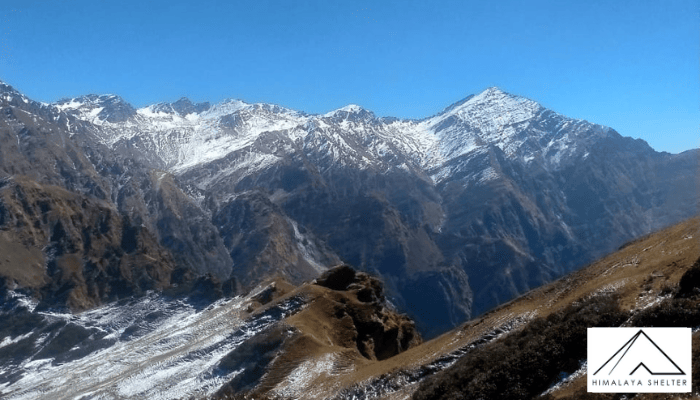
GHT Trek Altitude Above 5000 Meters
20 Days
Uttarakhand | India
138 km
May to June and September to October
₹On Demand | $On Demand
Read more
Bamsaru Khal Trek
9 Days
Uttarakhand | India
75 km
May to June and September to October
₹38000 | $438
Read more
Gupt Khal Expedition
13 Days
Uttarakhand | India
71 Km
June, July, August, September
₹90000 | $1037
Read more
Black Peak Expedition
15 Days
Uttarakhand | India
72 Km
May to June and September to October
₹96000 | $1097
Read more
Ranglana Peak Expedition
17 Days
Uttarakhand | India
70 Km
May to October
₹110000 | $1257
Read more
Swargarohini Peak Expedition
12 Days
Uttarakhand | India
60 Km
April to June and September to October
₹140000 | $1599
Read more
Dhumdhar Kandi Trek
12 Days
Uttarakhand | India
78 km
May | June | September | October
₹65000 | $744
Read more
Borasu Pass Trek
8 Days
Uttarakhand | India
62 km
May-June | September-October
₹36000 | $398.31
Read more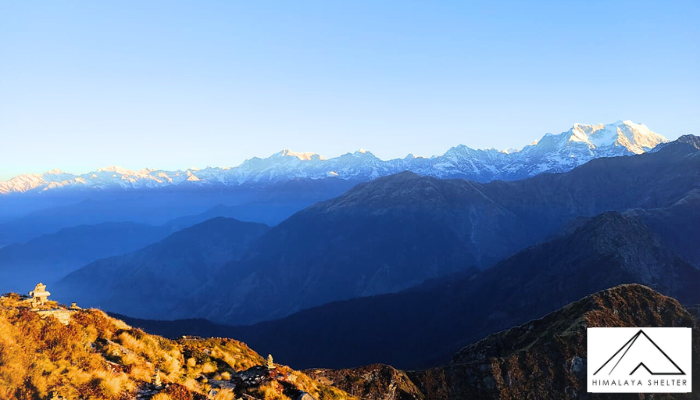
GHT Trek In Uttarakhand For Beginners
19 Days
Uttarakhand | India
110 Km
May to June and September to November
₹On Demand | $On Demand
Read more
Kagbhusandi Lake Trek
7 Days
Uttarakhand | India
60 km
June, July, September and October
₹42000 | $484
Read more
Panpatia Col Trek
13 Days
Uttarakhand | India
80 Km
May to June and September to Early October
₹105000 | $1210
Read more
Bisurital Trek
6 Days
Uttarakhand | India
60 Km
March to June and September to November And December
₹7000 | $81
Read more
Mayali Pass Trek
14 Days
Uttarakhand | India
90 km
June To September
₹88000 | $1014
Read more
Kedar Dome Expedition
25 Days
Uttarakhand | India
40 Km
June to September
₹240000 | $2750
Read more
Bhyundar Khal Trek
9 Days
Uttarakhand | India
58 Km
May to June and September to October
₹70000 | $798
Read more
Gaumukh Tapovan Trek
8 Days
Uttarakhand | India
42 Km
May to June and September to October
₹45000 | $513
Read more
Saptarishi Kund Trek
6 Days
Uttarakhand | India
13.5 Km
May to June and September to October
₹18500 | $211
Read more
Audens Col
14 Days
Uttarakhand | India
96 Km
June to September
₹105000 | $1196
Read more
Dhumdhar Kandi and Bali Pass Trek
12 Days
Uttarakhand | India
75 Km
May | June | September | October
₹90000 | $1026
Read more
Bali Pass Trek
9 Days
Uttarakhand | India
66 Km
May to June | September to October
₹22000 | $259
Read more
Har Ki Dun Bali Pass
11 Days
Uttarakhand | India
66 km
May to June and September to October
₹45000 | $516
Read more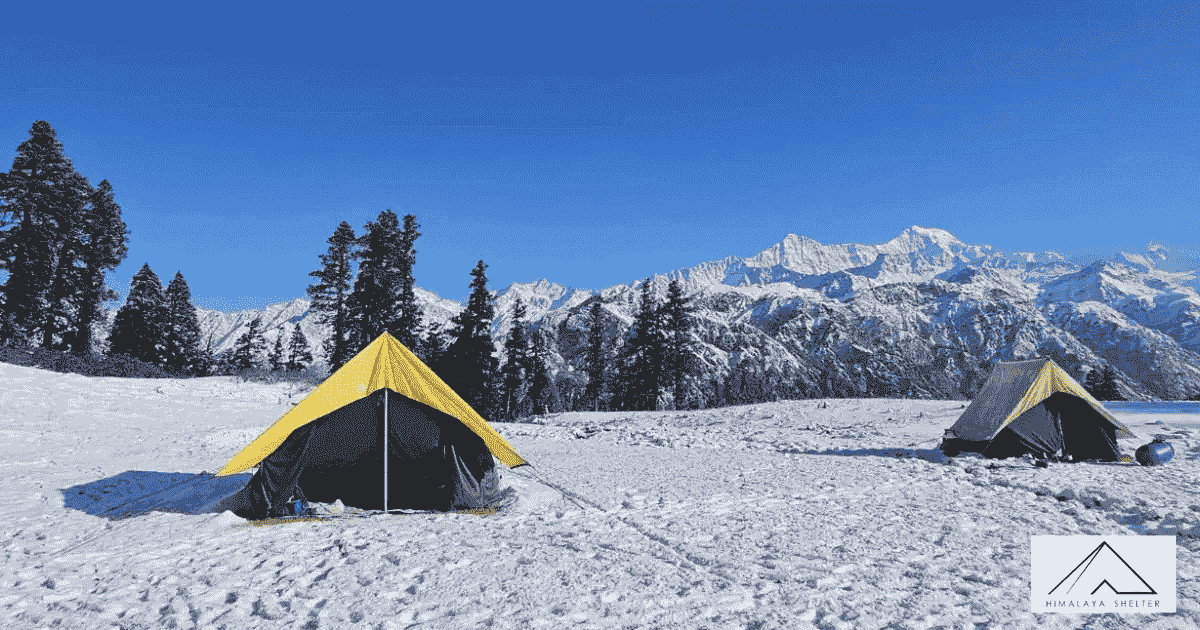
Aancha Top Trek
6 Days
Uttarakhand | India
25 km
January, February, March, April, October, November, December
₹11000 | $125
Read more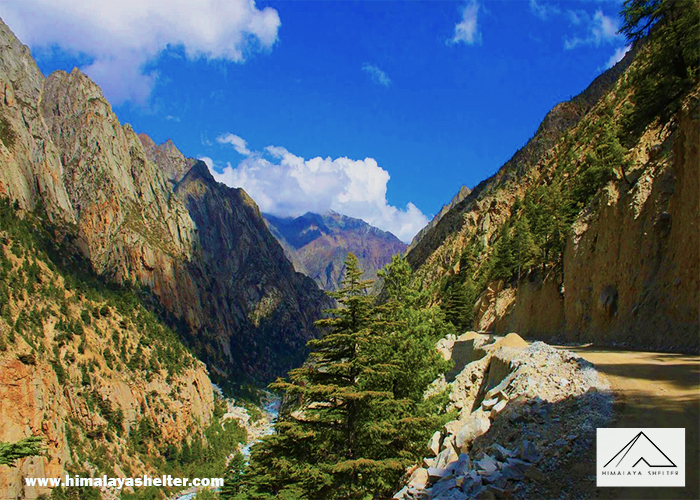
Nelong Valley Trek
4 Days
Uttarakhand | India
220.3 km
May to June, September to October
₹16000 | $182
Read more
Green Lake Trek
13 Days
Sikkim | India
90 Km
March to June and September to November
₹78000 | $899
Read more
Yambong Singalila Trek
11 Days
Sikkim | India
85 km
March to June and September to November
₹59000 | $680
Read more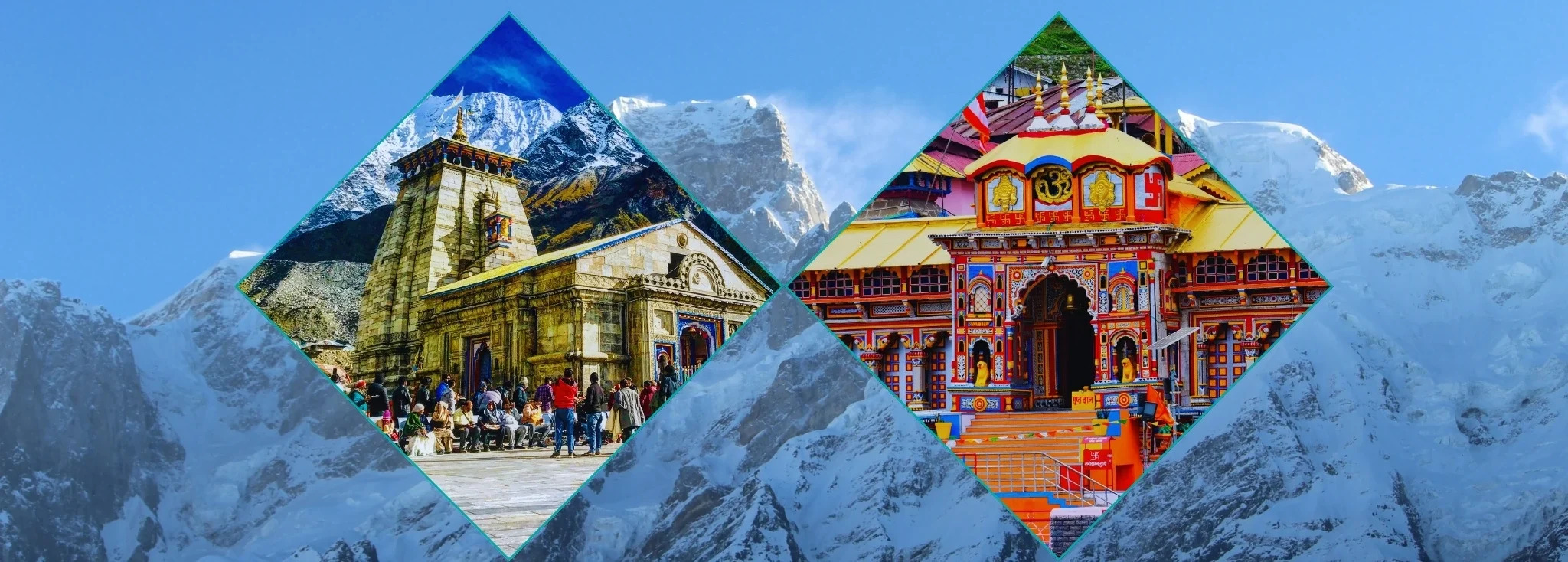
Do Dham Yatra: Kedarnath ji and Badrinath Ji Yatra
6 Days
Uttarakhand | India
18 Km
May to June and September to October
₹28000 | $321
Read more
Vasuki Tal Trek
8 Days
Uttarakhand | India
64 Km
May to June and September to October
₹40000 | $461
Read more
Kanari Khal Trek
6 Days
Uttarakhand | India
35 Km
May to June and September to October
₹25000 | $288
Read more
Buda Madmaheshwar Trek
4 Days
Uttarakhand | India
32 Km
April to June and August to September
₹16000 | $185
Read more
Triyuginarayan Temple Trek
3 Days
Uttarakhand | India
200-500 m
April to June and September to November
₹15000 | $173
Read more
Chenap Valley Trek
8 Days
Uttarakhand | India
60 Km
April to June and September to October
₹48000 | $553
Read more
Chaainsheel Bugyal Trek
7 Days
Uttarakhand | India
40 Km
May to June and September to November
₹15000 | $173
Read more
Pakhwa Bugyal Top
6 Days
Uttarakhand | India
32 Km
March to June and September to November
₹15000 | $173
Read more
Namik Glacier Trek
8 Days
Uttarakhand | India
80 Km
April to June and September to November
₹22500 | $260
Read more
Bhowali Ramgarh Trek
4 Days
Uttarakhand | India
20 Km
March to June and September to November
₹12000 | $139
Read more
Ranthang Kharak Trek
7 Days
Uttarakhand | India
40 Km
March, April, May
₹28000 | $320
Read more
Nandi Kund Trek
15 Days
Uttarakhand | India
126 Km
May End - June, and Sep - Early October
₹100500 | $1148
Read more
Surya Top Trek
7 Days
Uttarakhand | India
31 Km
April, May, June, September, October
₹15500 | $177
Read more
Panch Kedar Trek
13 Days
Uttarakhand | India
160 Km
May to June and September to October
₹65000 | $740
Read more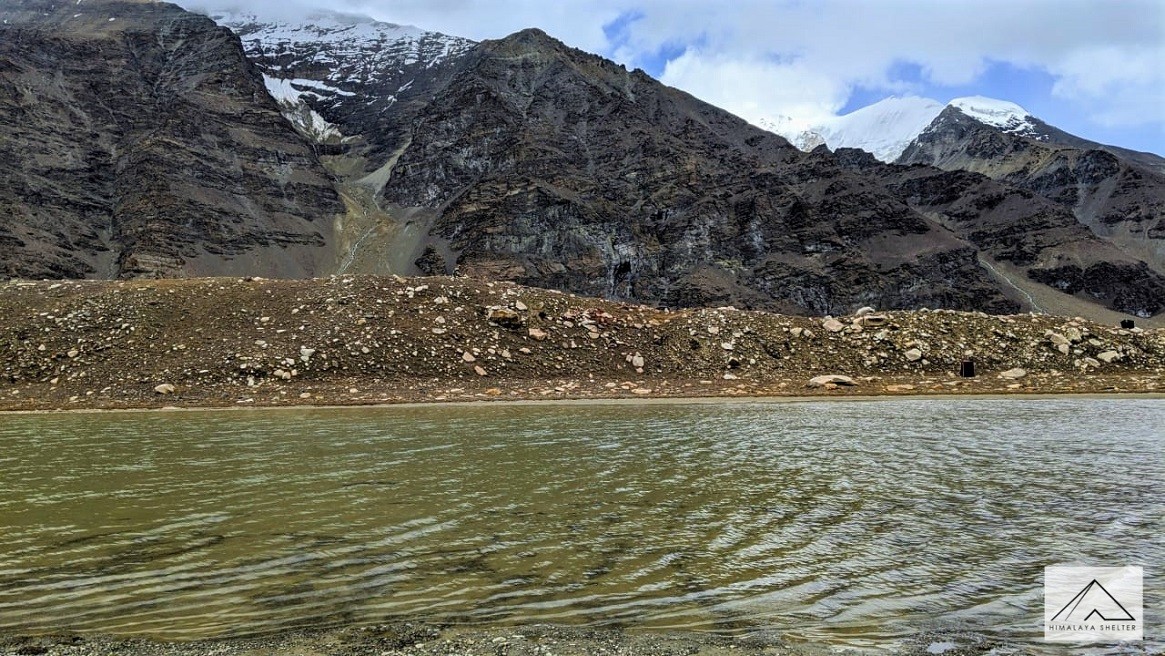
Vasuki Tal Kedarnath Trek
15 Days
Uttarakhand | India
63 Km
May to October
₹49000 | $559
Read more
Satopanth Lake Trek
6 Days
Uttarakhand | India
31 Km
May to June and September to October
₹26500 | $302
Read more
Adi Kailash and Om Parvat Yatra
8 Days
Uttarakhand | India
5
April | May | June | September | October
₹42000 | $480
Read more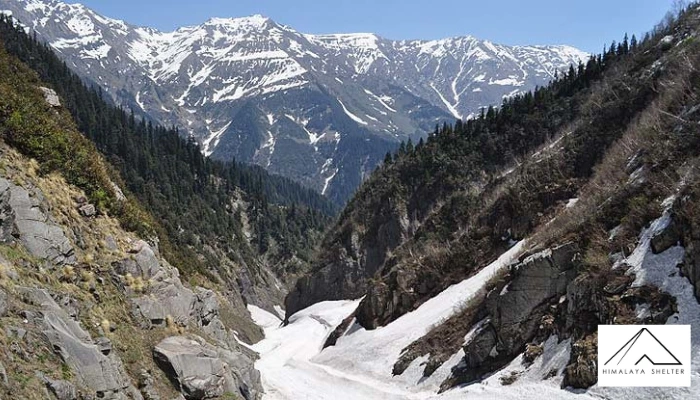
Bara Bhangal Trek
11 N / 12 Days
Himachal
95 Km
June, July, August, September
₹On - Demand | $On - Demand
Read more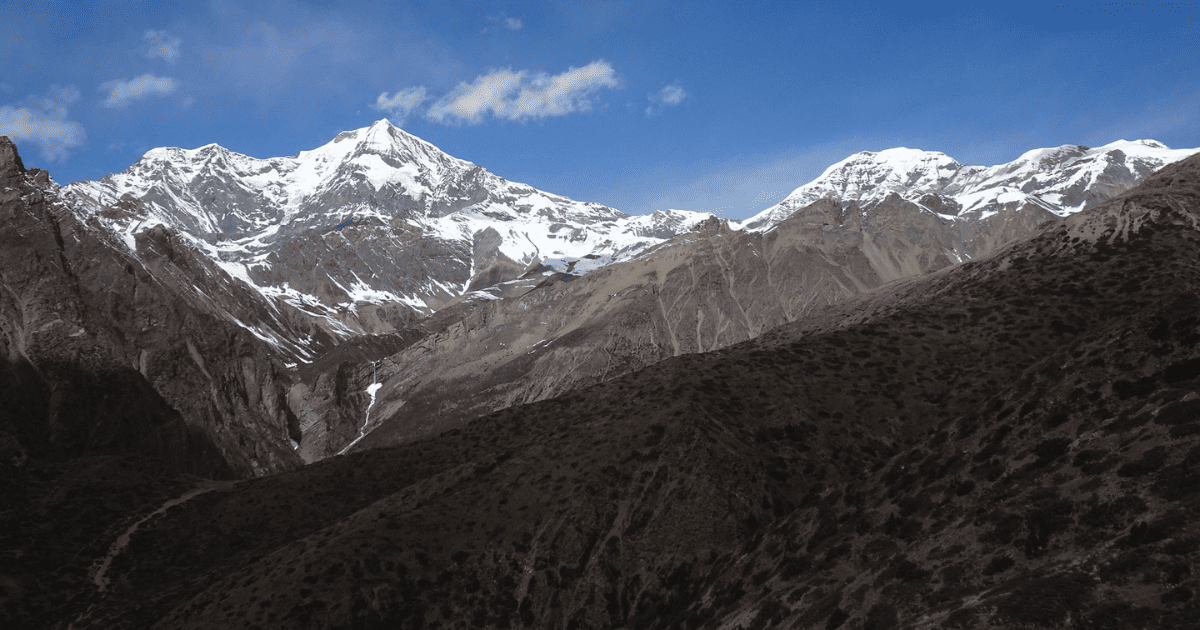
Chulu Far East Peak
15 Days
Nepal
80-90 km
April - May - September - October
₹On Demand | $On Demand
Read more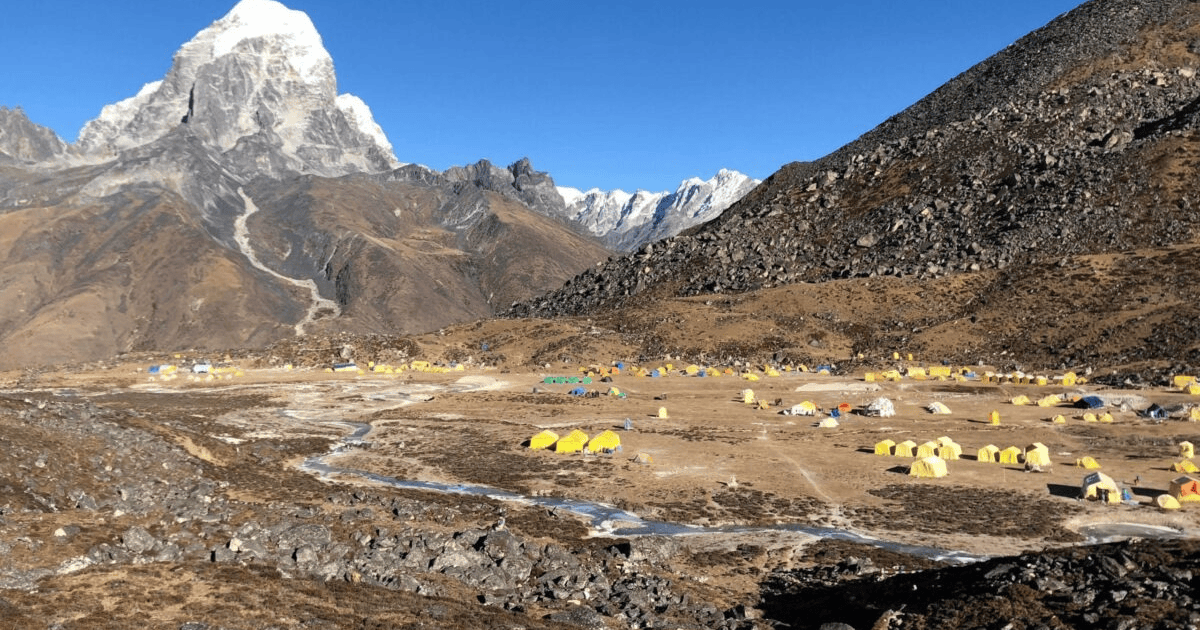
MT Ama Dablam
11 Days
Nepal
70-80 km
(September to November) - (April to May)
₹On Demand | $On Demand
Read more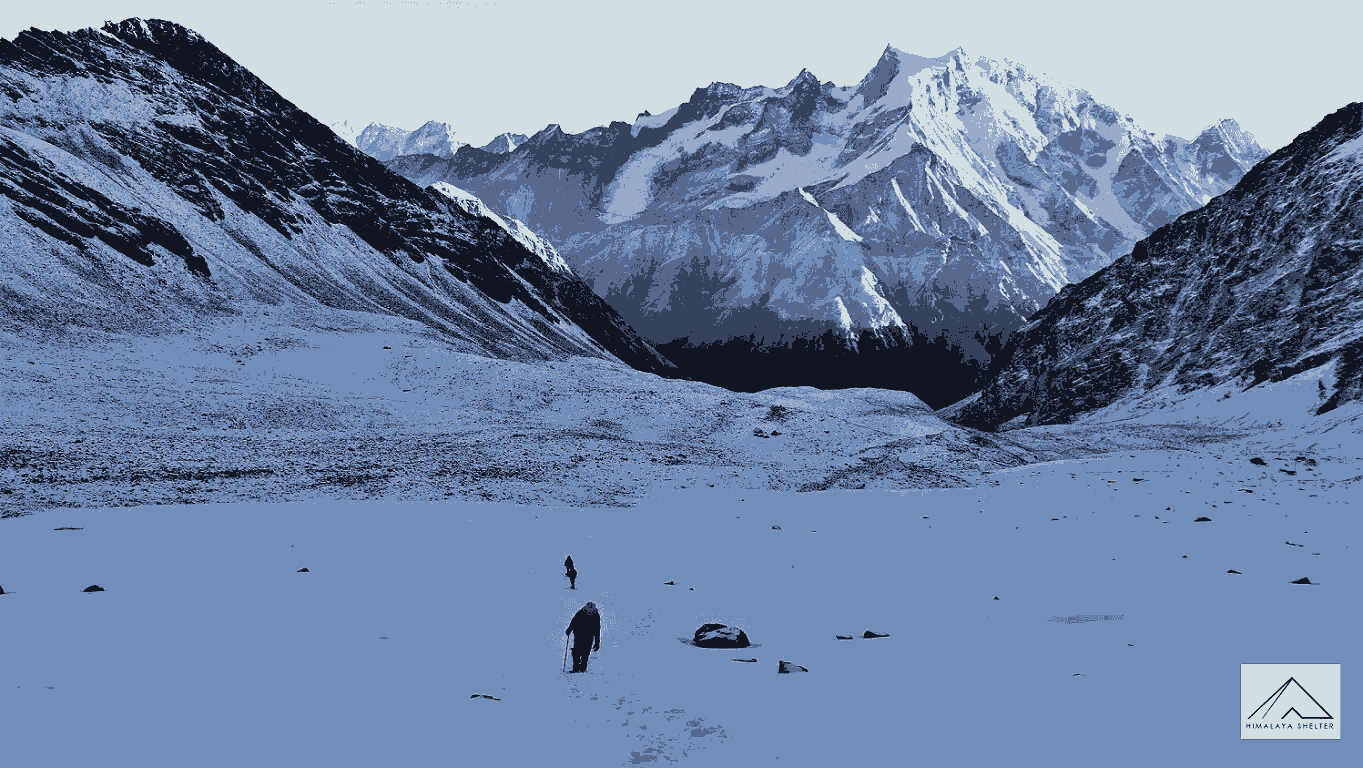
GHT Trek Altitude Above 4000 Meters
36 Days
Uttarakhand | India
230 km
May to June | September to October
₹On Demand | $On Demand
Read more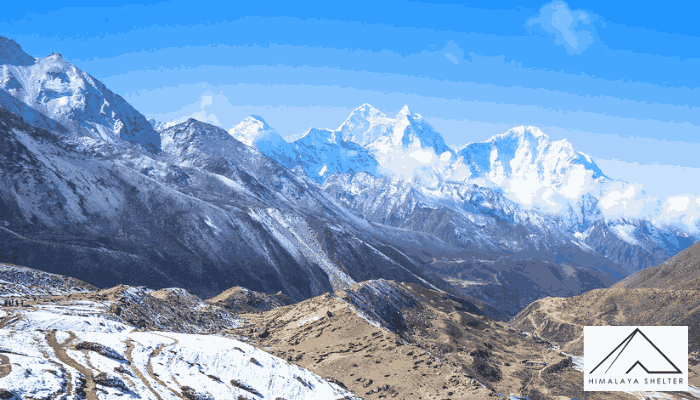
Great Himalaya Trails GHT
71 Days
Uttarakhand, Himachal | India
480-500 Km
July, August, September and October
₹On Demand | $On Demand
Read more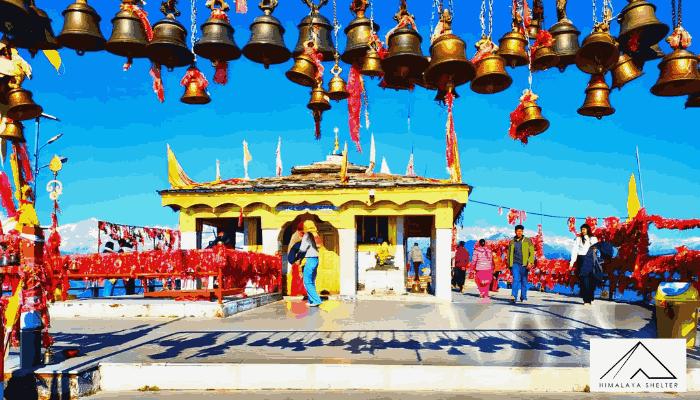
Kartikswami Temple Trek
3 Days
Uttarakhand | India
3 km (One Way)
Jan | Feb | Mar | Aprill | May | Jun | Sep | Oct | Nov | Dec
₹10500 | $119
Read more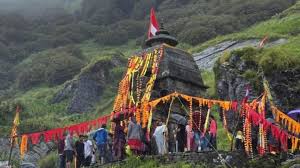
Bansi Narayan Temple Trek
3 Days
Uttarakhand | India
12 km
May to June | September to October
₹23000 | $260
Read more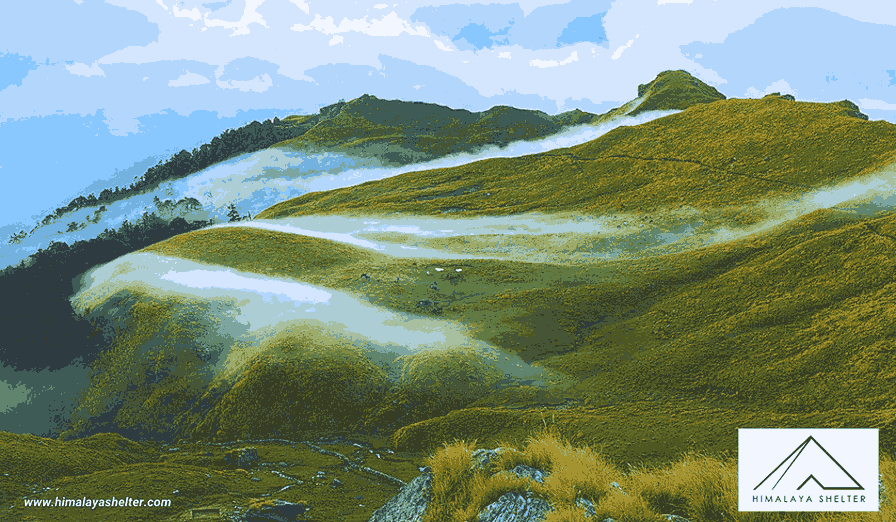
Rudranath Trek
5 Days
Uttarakhand | India
20 Km
May to June and September to October
₹26000 | $295
Read more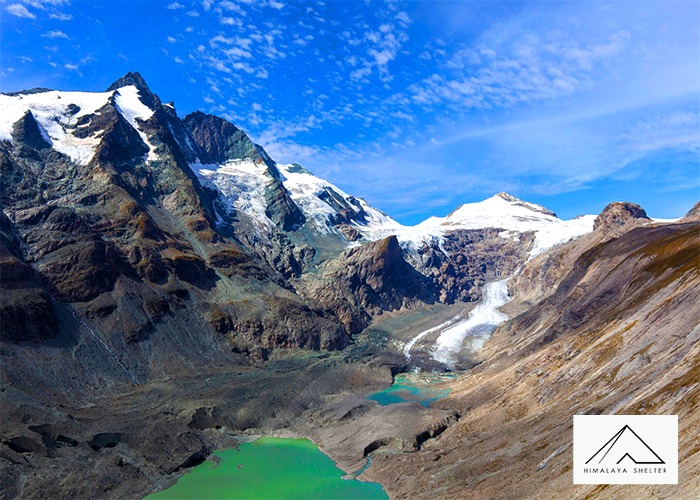
Darma Valley Trek
9 Days
Uttarakhand, India
65
April to June | September to November
₹68000 | $770
Read more
Pindari Glacier Trek
6 Days
Uttarakhand | India
48 km
April to June and September to November
₹25000 | $291
Read more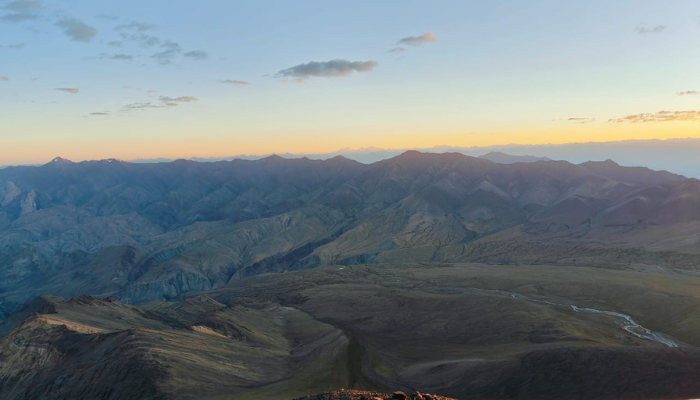
GHT Ladakh Trek
28 Days
Ladakh
110
June to September
₹On Demand | $On Demand
Read more
Poat La Pass Trek
13 Days
Kashmir- Leh
90 km
July, August, September
₹142000 | $1649
Read more
Rashi Top And Batgoera Bugyal Trek
3 Days
Uttarakhand | India
12 Km
April to November
₹13200 | $154
Read more
Nandadevi Basecamp Trek
12 Days
Uttarakhand | India
120
May - June | Sep - Oct
₹60000 | $704
Read more
Kedartal Patanginidhar Rudugaira Base Camp Trek
8 Days
Uttarakhand | India
51 Km
August and September
₹41500 | $478
Read more
Family Trip in Summer Phulara Ridge Trek
6 Days
Uttarakhand | India
27 Km
May | June And September | October
₹12500 | $144
Read more
Everest Base Camp Nepal
15 Days
Nepal
130 KM
March | April | May and October | November
₹85000 | $936
Read more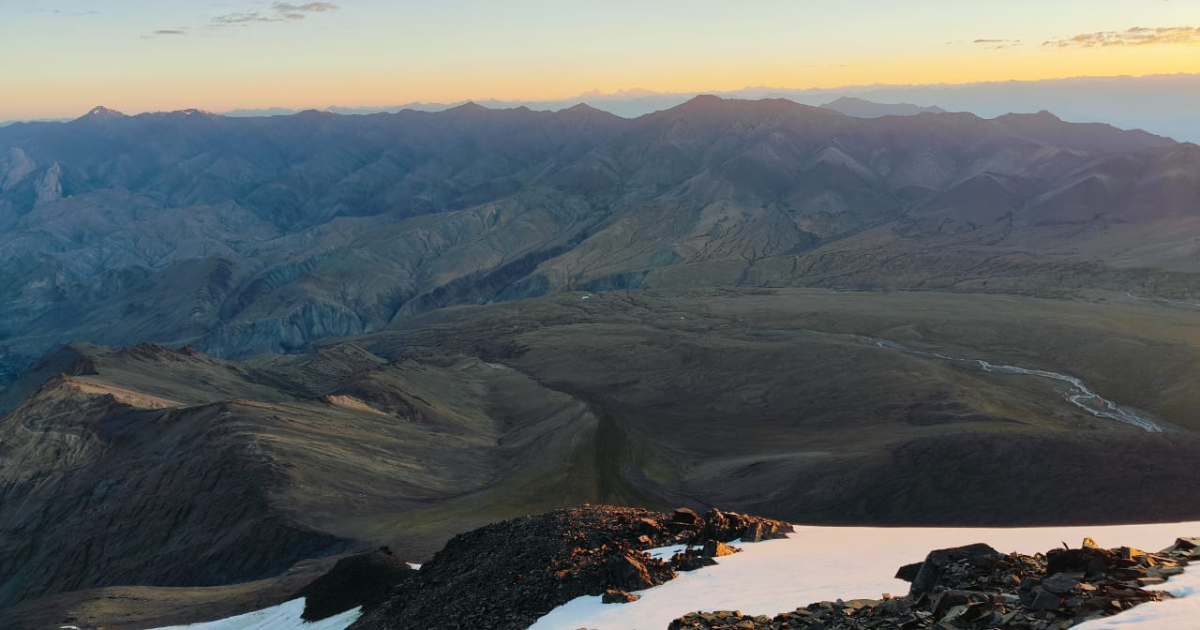
Kang Yatse 2 Trek Expedition
14 Days
Ladakh | India
75 Km
June to September
₹110000 | $1221
Read more
Bhangajyang Lakes Trek
7 Days
Sikkim | India
25 Km
March to June and September to November
₹42000 | $484
Read more
Spituk Trek Ladakh
4 Days
Ladakh | India
39 km
june to September
₹18000 | $208
Read more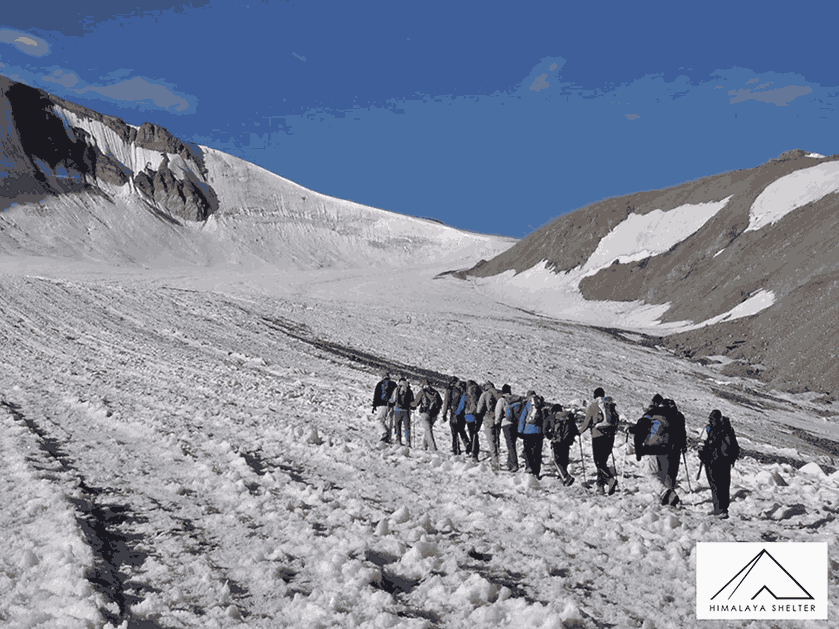
Rumtse to Tso Moriri Trek
9 Days
Ladakh | India
106 km
July to September
₹82000 | $910
Read more
Do Dham Yatra : Gangotri and Yamunotri
5 Days
Uttarakhand | India
220 - 230 km
May to June and September to October
₹28000 | $321
Read more
Char Dham Yatra Yamunotri Gangotri Kedarnath and Badrinath
10 Days
Uttarakhand | India
1
Late April to June
₹60000 | $688
Read more
Saru Tal Trek
7 Days
Uttarakhand | India
48 Km
May, June, July, Sep, Oct
₹12999 | $150
Read more
Shepherd Trail Gaddi Trek
13 Days
Himachal Pradesh | India
58
June to Oct
₹31000 | $357
Read more
Phool Chatti Waterfall A Day Trek
1 Days
Uttarakhand | India
2 Km
Jan, Feb, Mar, Apr, May, Jun, July, Aug, Sep, Oct, Nov And Dec
₹1500 | $18
Read more
Kunjapuri Temple Trek
1 Days
Uttarakhand | India
12 Km
January, February, March, April, May, June, September, October, November, December
₹3500 | $41
Read more
Panwali Kantha Trek
5 Days
Uttarakhand | India
30 Km
May to June and September to October
₹15000 | $173
Read more
Kalihani Pass Trek
7 Days
Himachal Pradesh | India
70 km
June to Oct
₹61000 | $703
Read more
Dharamshala Nayagaon Trek
9 Days
Himachal Pradesh | India
90 KM
June to Oct
₹38000 | $438
Read more
Kartikswami Temple and Chopta Trek Uttarakhand
8 Days
Uttarakhand | India
16 Km
Jan | Feb | Mar | Aprill | May | Jun | July | August | Sep | Oct | Nov | Dec
₹24000 | $274
Read more
Chandrakhani Pass Trek
4 Days
Himachal Pradesh | India
22
May to Sep
₹15000 | $171
Read more
Indrahar Pass Trek
10 Days
Himachal Pradesh | India
125 km
September to June
₹10500 | $120
Read more
Rupin Supin Trek
6 Days
Uttarakhand | India
30 Km
March, April, May, June, July, Aug, Sep and Oct
₹13500 | $154
Read more
Mukta Top Trek
6 Days
Uttarakhand | India
27 Km
January to June and November to December
₹10999 | $126
Read more
Fachu Kandi Pass Trek
8 Days
Uttarakhand | India
41 Km
May to June and September to November
₹22000 | $251
Read more
Maldaru Tal Trek
7 Days
Uttarakhand | India
37 km
May, June, September, October and November
₹21500 | $245
Read more
Kalindi Khal Pass Trek
15 Days
Uttarakhand | India
122 Km
May to June and September
₹112000 | $1276
Read more
Baraadsar Lake Trek
10 Days
Uttarakhand | India
61 Km
May to July and August to October
₹25200 | $288
Read more
George Everest Trek Mussoorie
1 Days
Uttarakhand | India
10 Km
March to June and September to November
₹2999 | $35
Read more
Lamkhaga Pass
7 Days
Himachal Pradesh | India
76 Km
May to June | September to mid-October
₹37000 | $422
Read more
Roopkund Lake
8 Days
Uttarakhand | India
52 Km
May to June and September to October
₹13500 | $154
Read more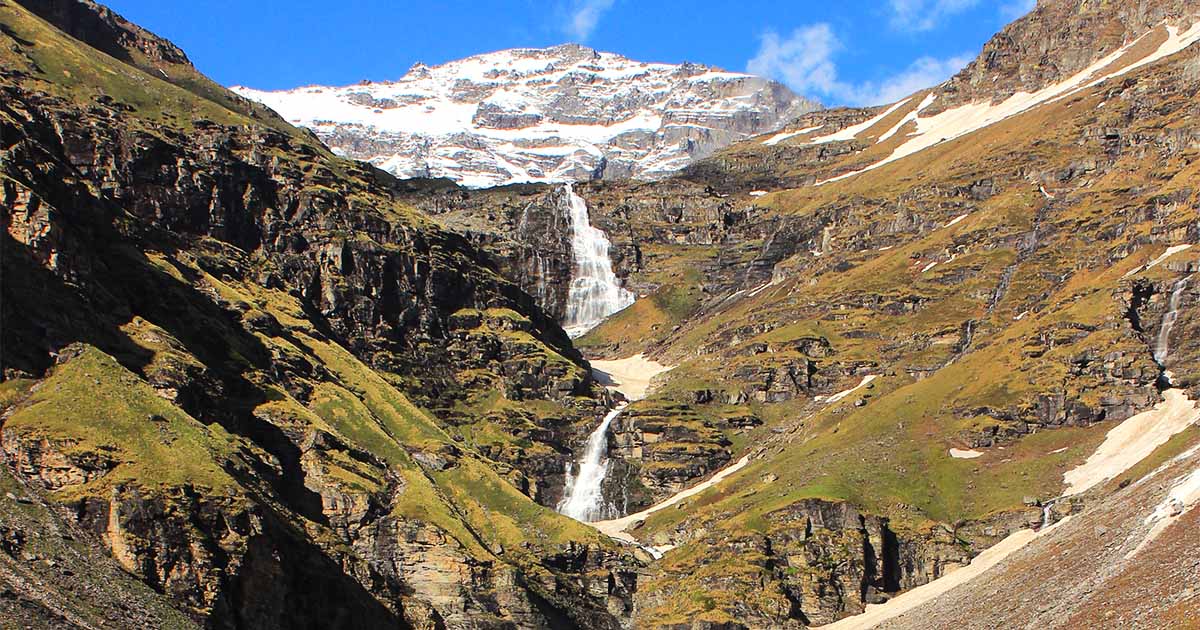
Rupin Pass Trek
8 Days
Uttarakhand | India
63 KM
May to June | September to October
₹22000 | $251
Read more
Ruinsara Lake
7 Days
Uttarakhand | India
45 Km
April to June | September to November
₹18999 | $218
Read more
Bagini Glacier Trek
8 Days
Uttarakhand | India
43 Km
May to June | September to Mid October
₹38000 | $435
Read more
Kedartal Lake
7 Days
Uttarakhand | India
32 Km
Mid-April to June | September to Mid-November
₹18500 | $212
Read more
Dev Kyara Trek
7 Days
Uttarakhand | India
38 Km
May to June | September to October
₹14000 | $161
Read more
Har Ki Dun Ruinsara
9 Days
Uttarakhand | India
70 Km
March to September
₹17500 | $200
Read more
Har Ki Dun Trek
7 Days
Uttarakhand | India
31 Km
March, April, May. June, September, october, November
₹12500 | $142
Read more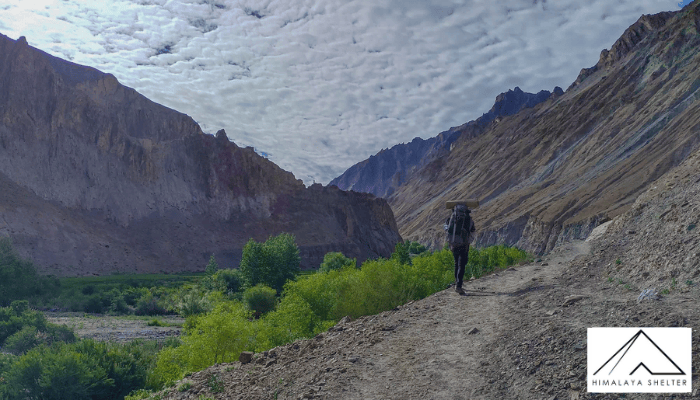
GHT Uttarakhand Himachal Pradesh And Ladakh
43 Days
Uttarakhand, Himachal And Ladakh | India
318 km
June, July and August
₹On Demand | $On Demand
Read more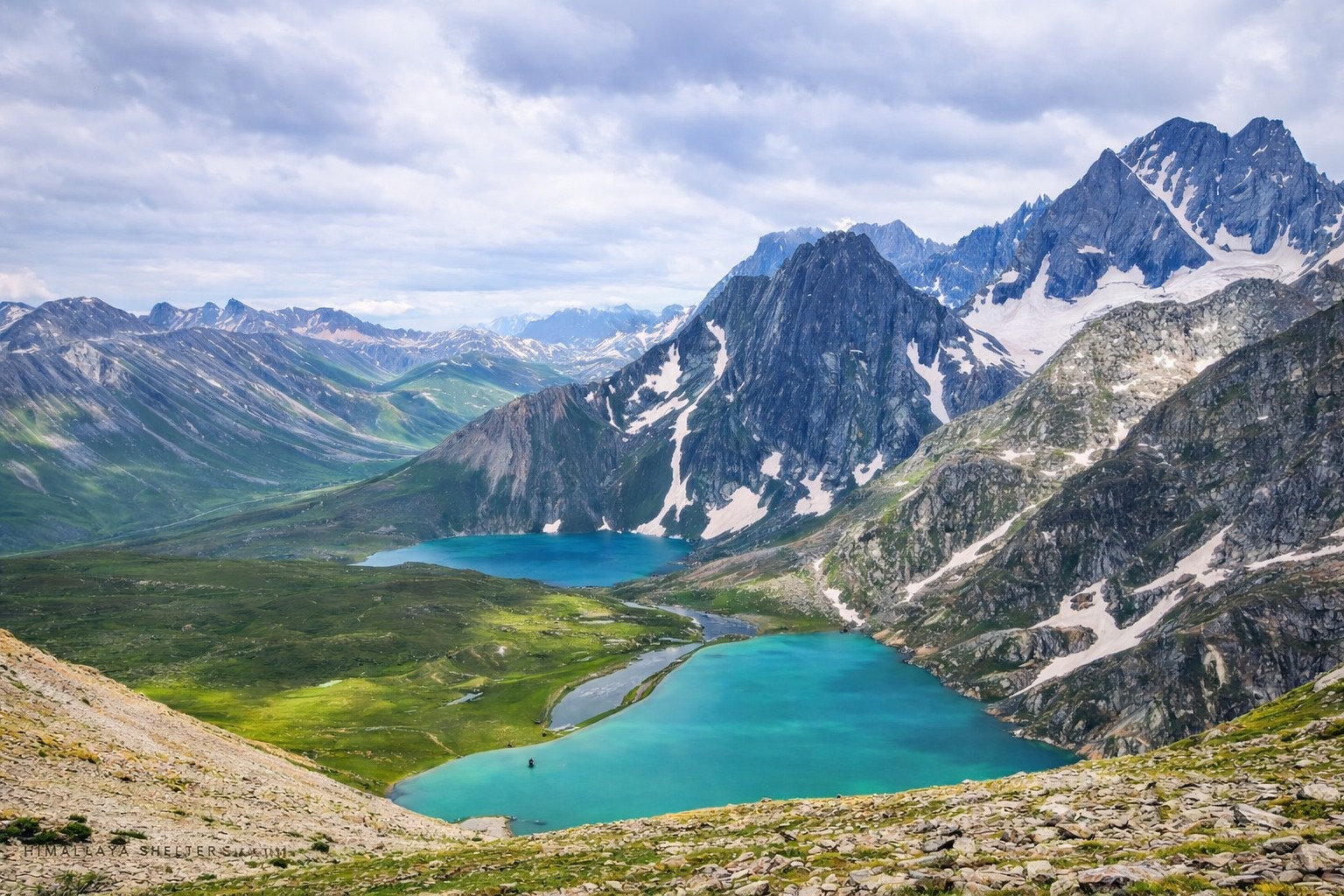
Kashmir Great Lakes Trek
7 Days
Kashmir
75 KM
July to September
₹20500 | $228
Read more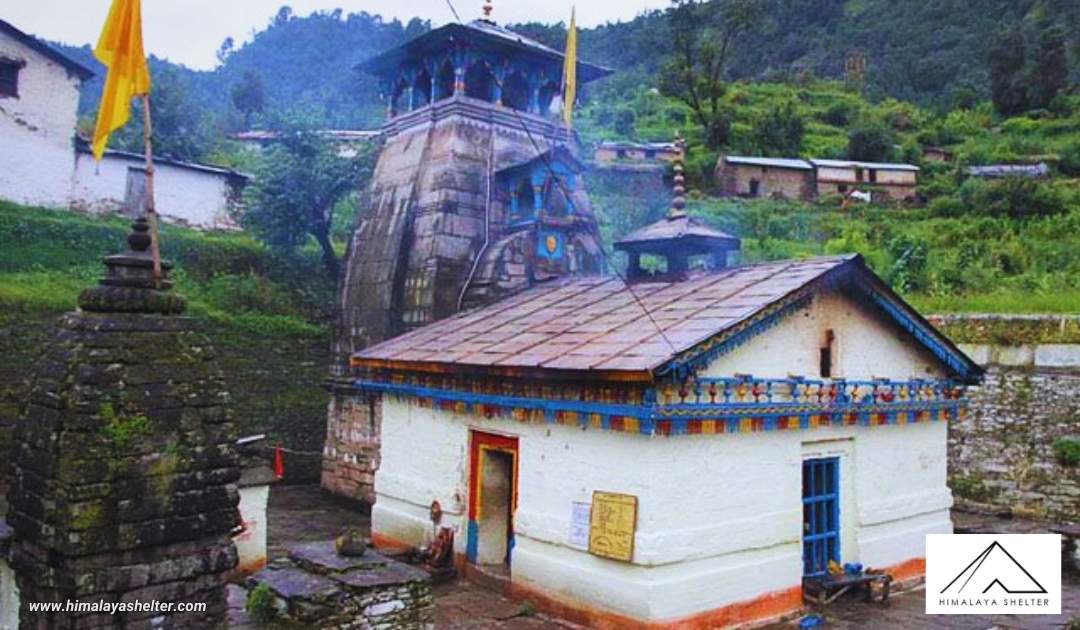
Kalpeshwar Temple Trek
3 Days
Uttarakhand | India
2 Km
All Year
₹18000 | $205
Read more
Sandakphu Phalut Trek
8 Days
West Bengal
63 KM
March to November
₹12499 | $133
Read more
Parang La Trek
12 Days
Ladakh | India
128 km
mid-July to August
₹140000 | $1554
Read more
Mukteshwar Tour
3 Days
Uttarakhand | India
16 Km
All Year
₹15000 | $173
Read more
Sankri Tour in Uttarakhand
6 Days
Uttarakhand | India
1
All Year
₹22000 | $254
Read more
Bhadraj Trek
1 Days
Uttarakhand | India
11 Km
All Year
₹2500 | $29
Read more
Binsar Trek
4 Days
Uttarakhand | India
22 Km
All Year
₹6000 | $70
Read more
Anusuya Devi Temple And Atri Muni Ashram
3 Days
Uttarakhand | India
5 Km
All Year
₹17000 | $196
Read more
The Benog Hill Trek
1 Days
Uttarakhand | India
8 Km
All year except monsoon
₹3500 | $41
Read more
Nunes Bakarna Chhaskhet Trek
1 Days
Uttarakhand | India
6 Km
All Year
₹1900 | $22
Read more
Top Tibba Trek
1 Days
Uttarakhand | India
6-7 Km
All Year
₹1800 | $21
Read more
Journey to the Sacred Pilgrimage of Badrinath
7 Days
Uttarakhand | India
4 Km
All Year
₹20500 | $235
Read more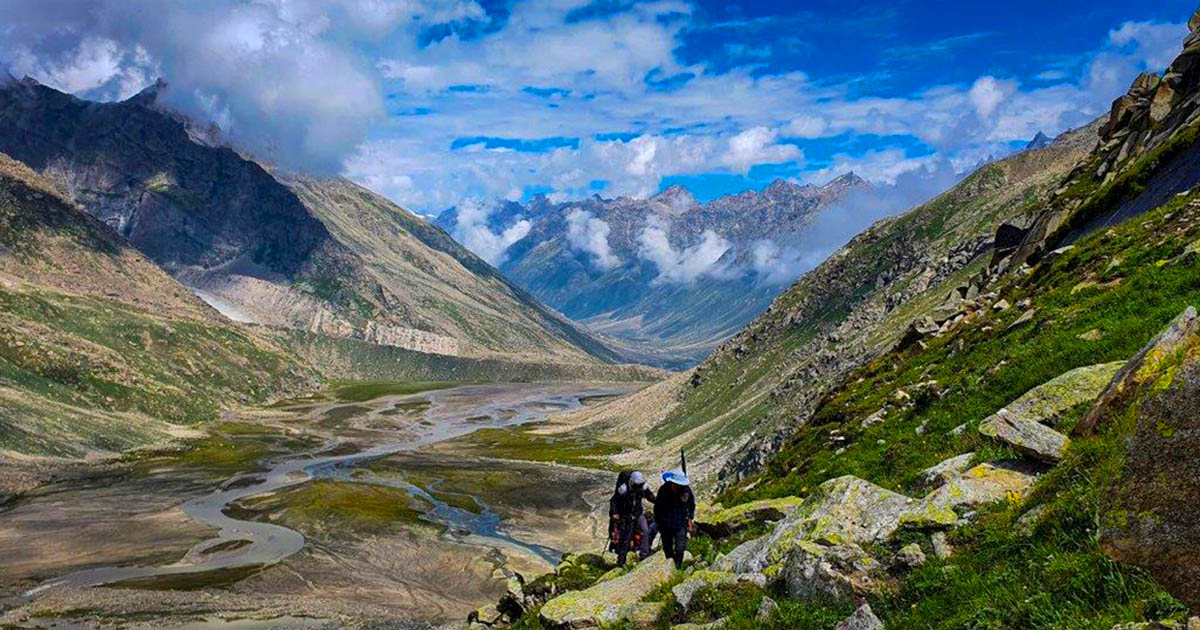
Pin Parvati Pass Trek
10 Days
Himachal Pradesh | India
110 Km
July to Aug
₹52000 | $593
Read more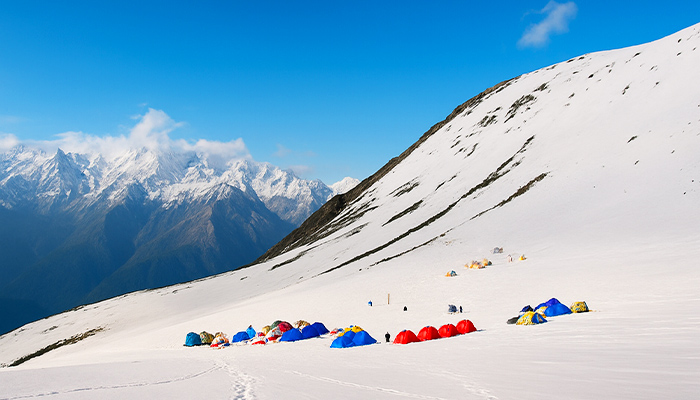
Sar Pass Trek
6 Days
Himachal Pradesh | India
50
April to Nov
₹12500 | $143
Read more
Chandratal Baralacha Trek
7 Days
Himachal Pradesh | India
40 or 52 KM
July to August
₹24999 | $285
Read more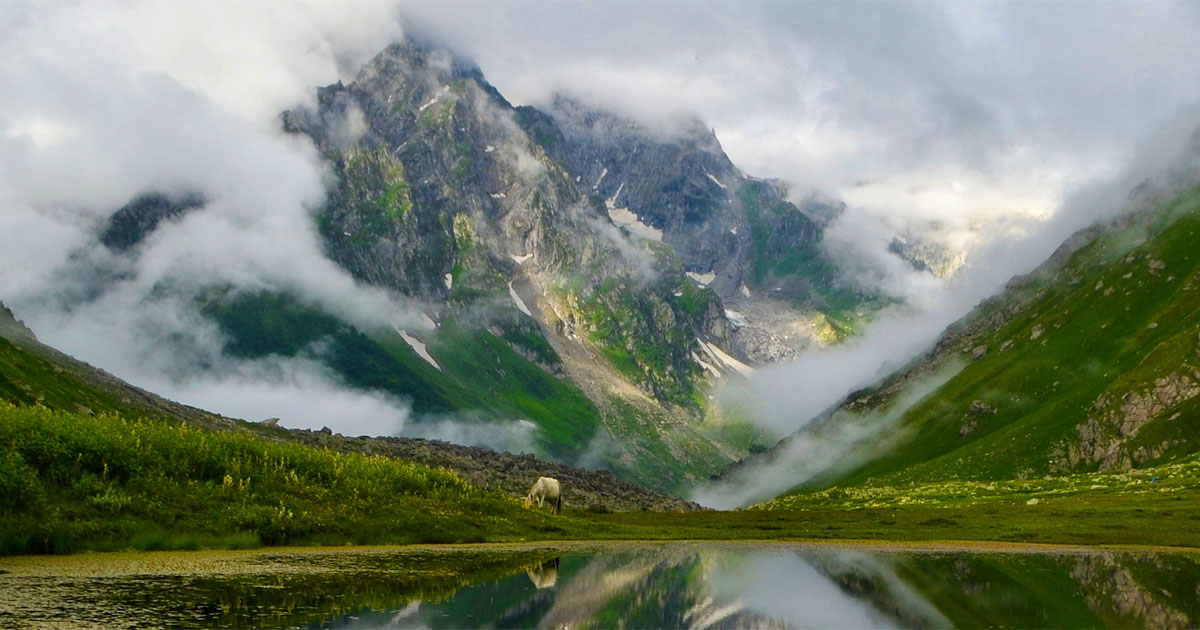
Pin Bhaba Pass Trek
8 Days
Himachal Pradesh | India
52 Km
July to August
₹27000 | $321
Read more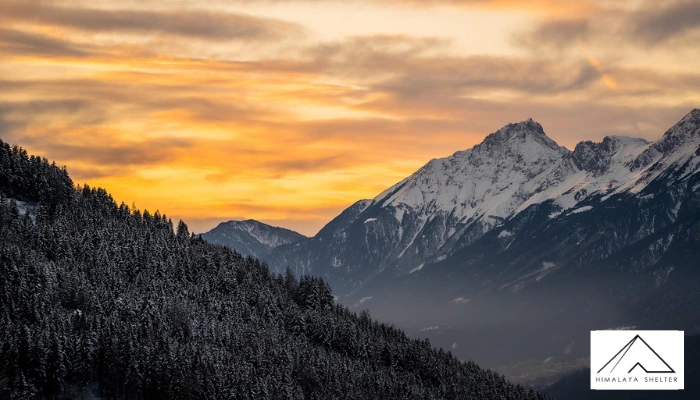
Dudhatoli Trek
4 N/ 5 Days
Uttarakhand
33 Km
January, February, March, April, May, June, September, October, November, December
₹15000 | $165
Read more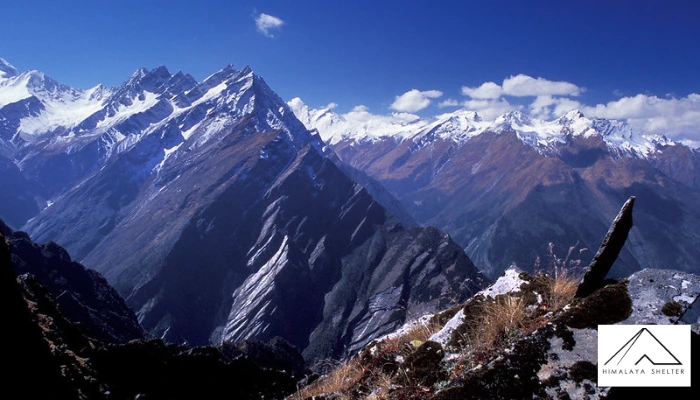
Dharansi Pass Trek
7 N/ 8 Days
Uttarakhand
55 Km
May-June September-October
₹On - Demand | $On - Demand
Read more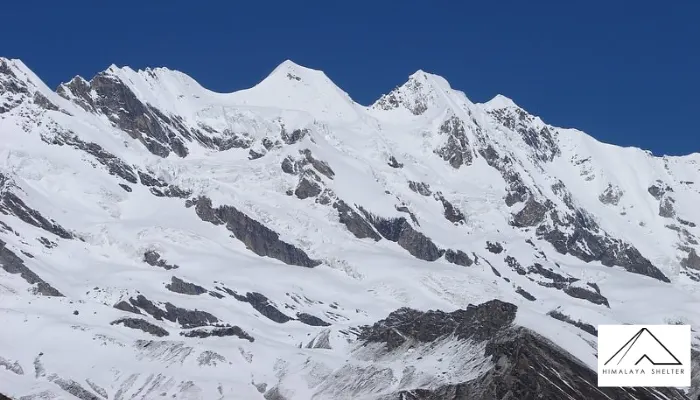
Sunderdhunga Basecamp Trek
10 N/ 11 Days
Uttarakhand
83
May, June, July, August, September, October
₹On - Demand | $On - Demand
Read more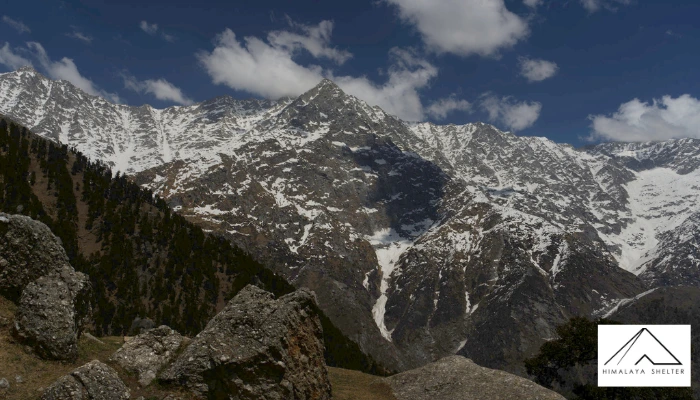
Moon Peak Trek Dharamshala
12 N / 13 Days
Himachal
45 Km
May to June & September to October
₹On Demand | $On Demand
Read more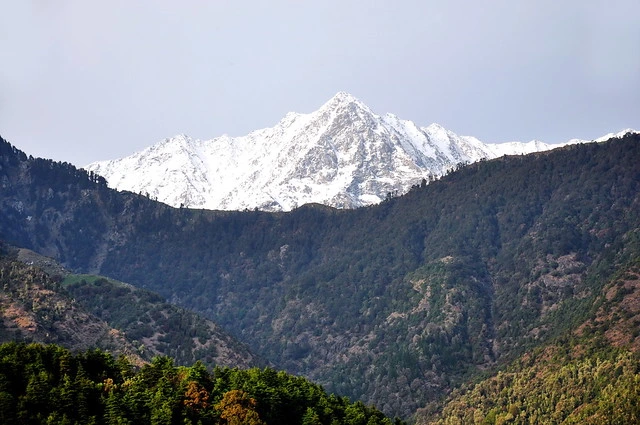
Lam Dal Lake Trek
10 N / 11 Days
Himachal
60 Km
June, September, July, Octobe
₹On - Demand | $On - Demand
Read more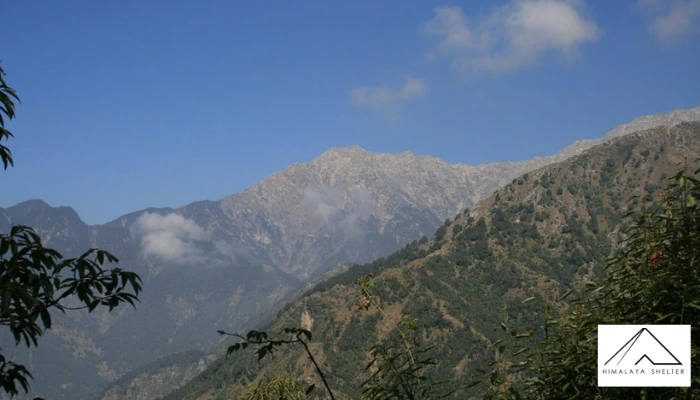
Minkiani Pass Trek
7 Days
Himachal Pradesh
32 Km
April, June, July, August, September, October
₹On - Demand | $On - Demand
Read more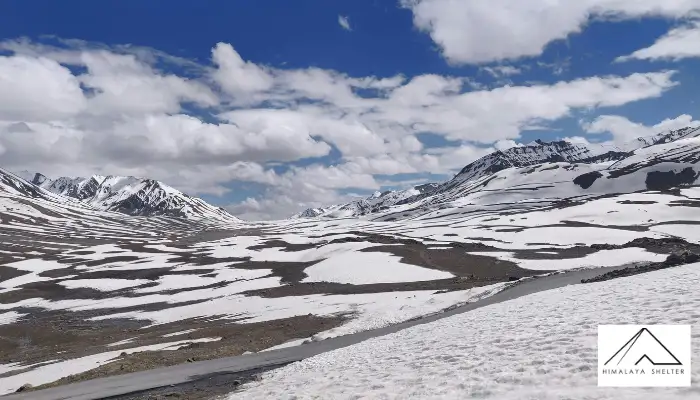
Thamsar Pass Trek
17 Days
Himachal Pradesh
61 km
May, June, July. August, September, October
₹On - Demand | $On - Demand
Read more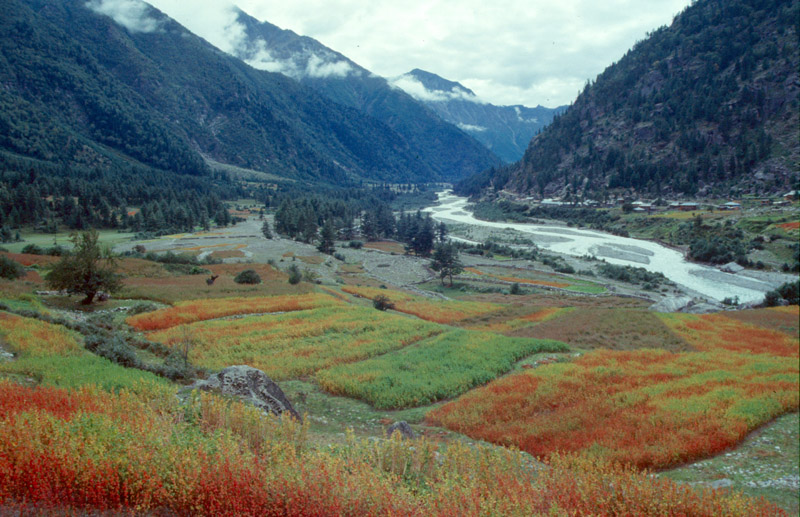
Dalai Lama Trek
11 Days
Himachal
62 Km
March, April, May, June, July, September, October, November
₹On - Demand | $ On - Demand
Read more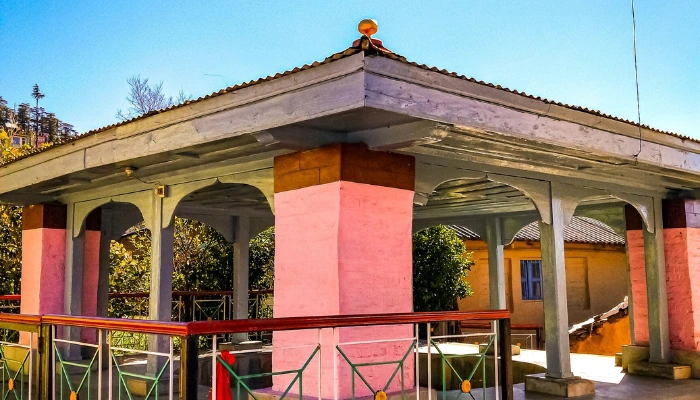
Dhanu Devta Temple Trek
1 Days
Himachal
7 km
January, February, March, April, May, June, September, October, November, December
₹3500 | $38
Read more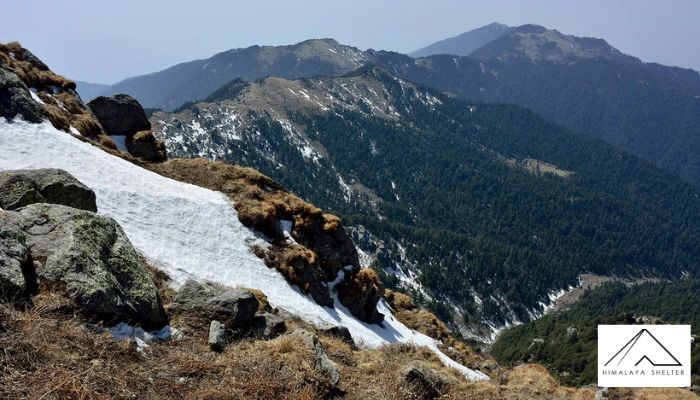
Churdhar Peak Trek
2 Days
Himachal
17 Km
April, May, June, September, October, November, December, January, February
₹5000 | $55
Read more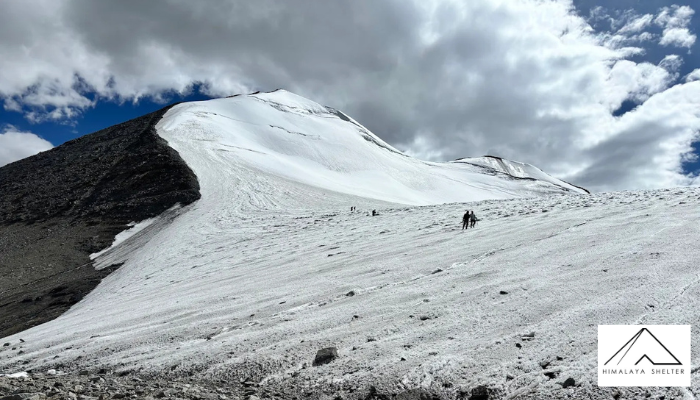
UT Kangri Expedition
10 Days
Ladakh
30
May, June, July, August, September, December, January, February
₹On - Demand | $On - Demand
Read more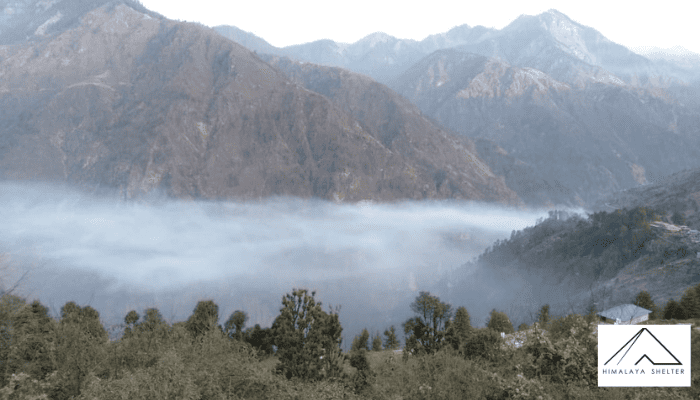
Kipling Trail Trek Day Hike
1 Days
Uttarakhand
9 km
March to June
₹3500 | $38
Read more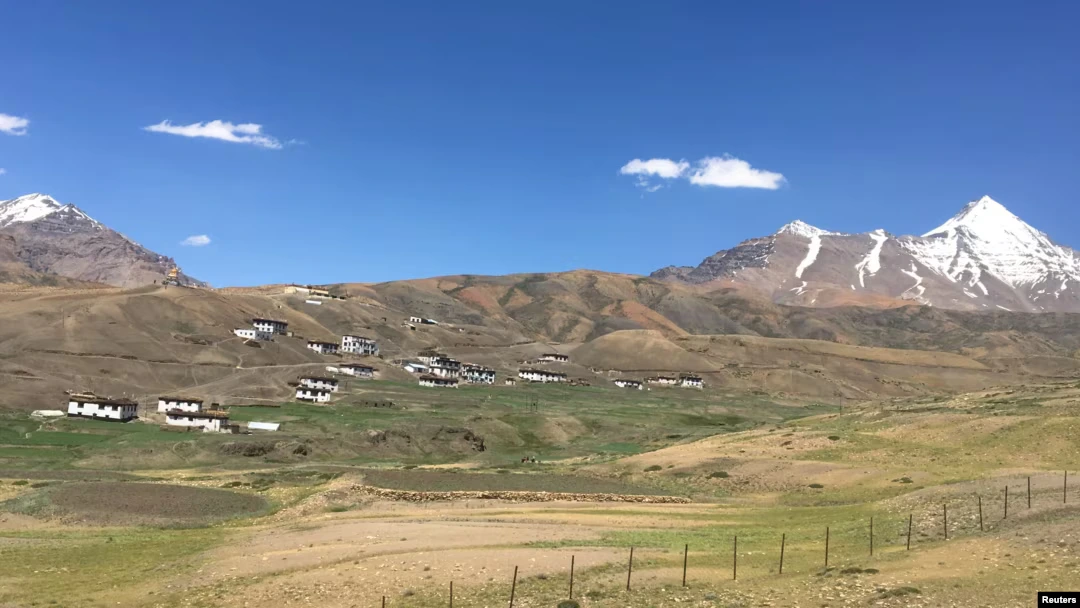
Spiti Left Bank Trek
10 Days
Himachal
10
May, June, July, August, September
₹On - Demand | $On - Demand
Read more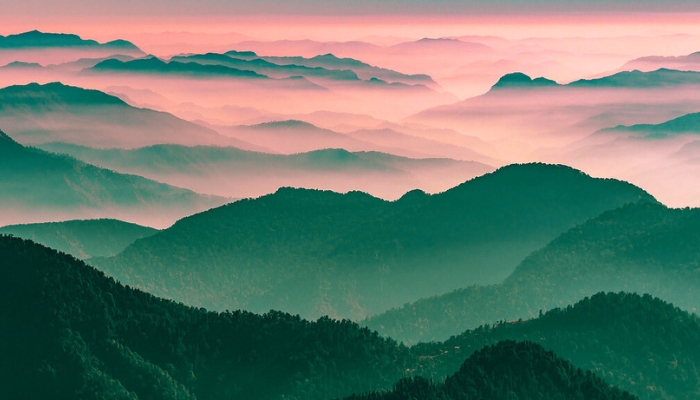
Khaliya Top Trek
4 Days
Uttarakhand
12 Km
April, May, June, September, October, November
₹15000 | $163
Read more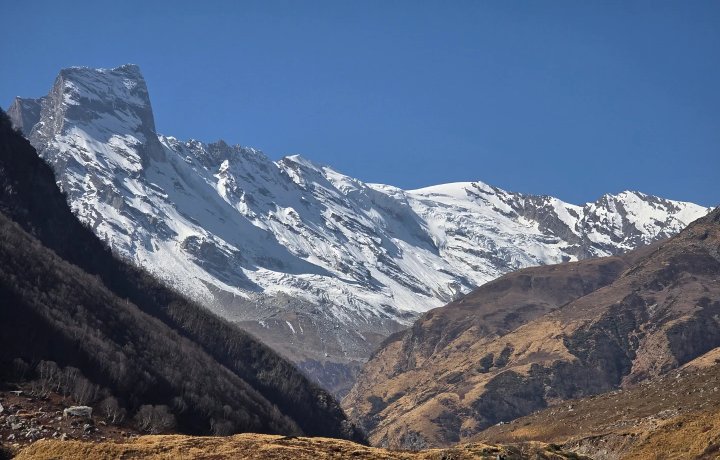
Bankatiya Base Camp Trek
5 Days
Uttarakhand
18 km
April–June (September–November)
₹15000 | $163
Read more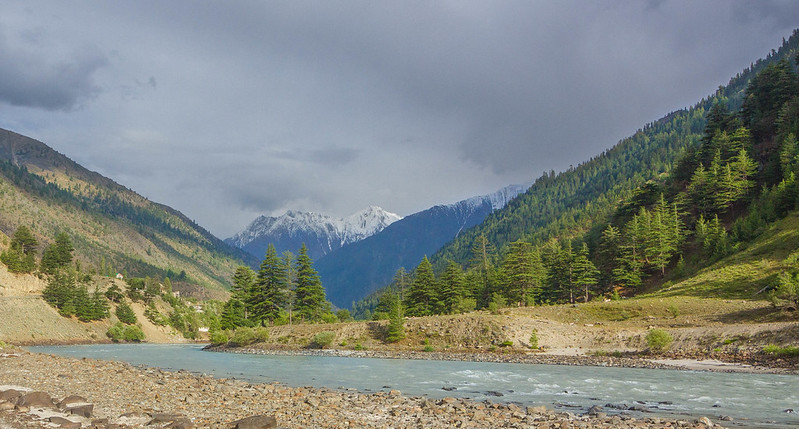
Chandrabhaga Glacier Trek
5 N/ 6 D Days
Himachal
32Km
June, July, August, September
₹On Demand | $On Demand
Read more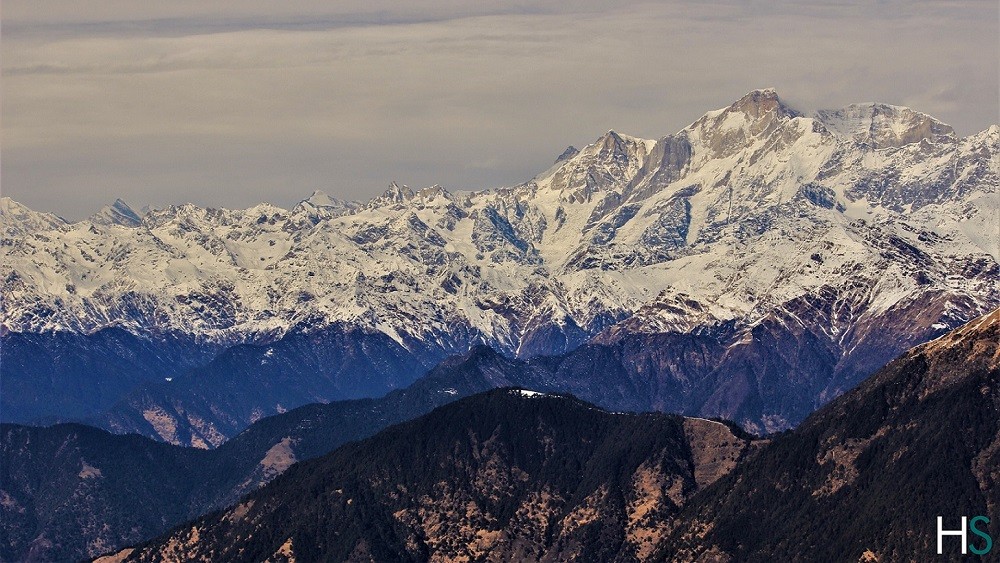
Chopta Tungnath Trek
3 Days Days
Uttarakhand
7 Km
April to June and September to November
₹9900 | $114
Read more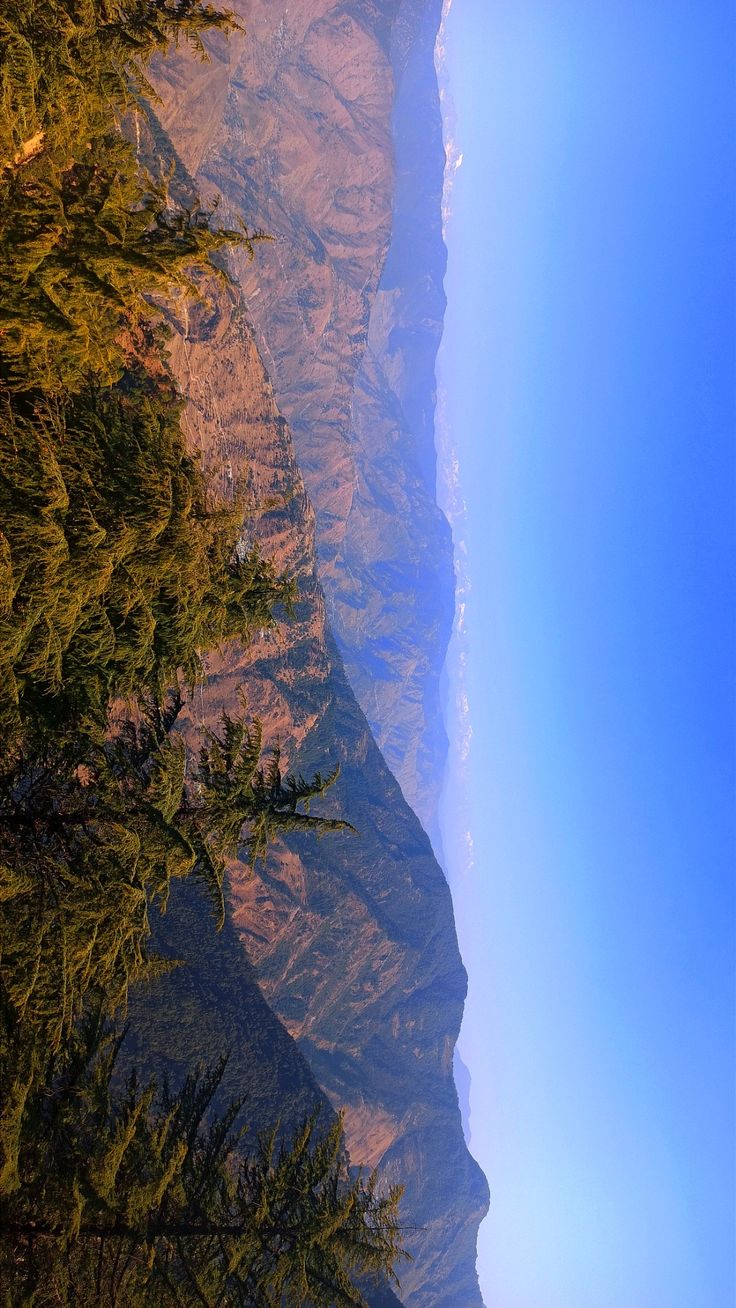
Lal Tibba Trek
1 Days
Uttarakhand
3-5 km
March to June -September to November
₹3500 | $39
Read more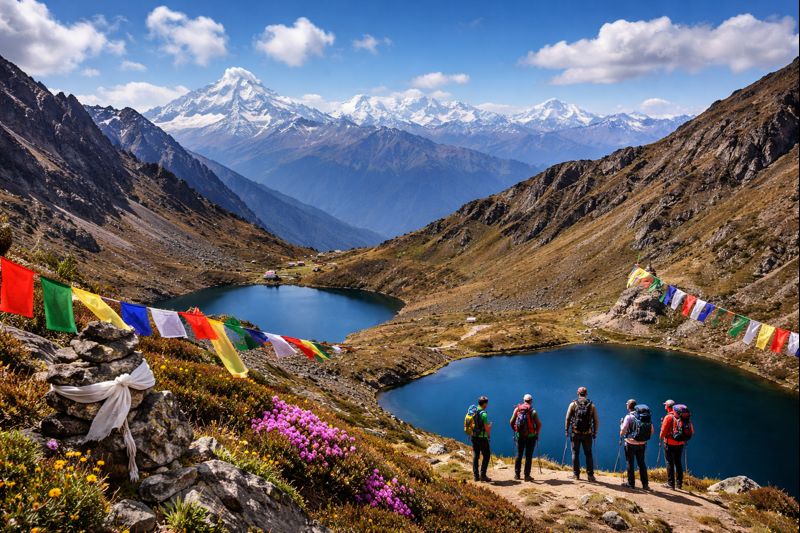
Druk Path Trek
6 days Days
Bhutan
54 to 56 km
October – April
₹On Demand | $On Demand
Read more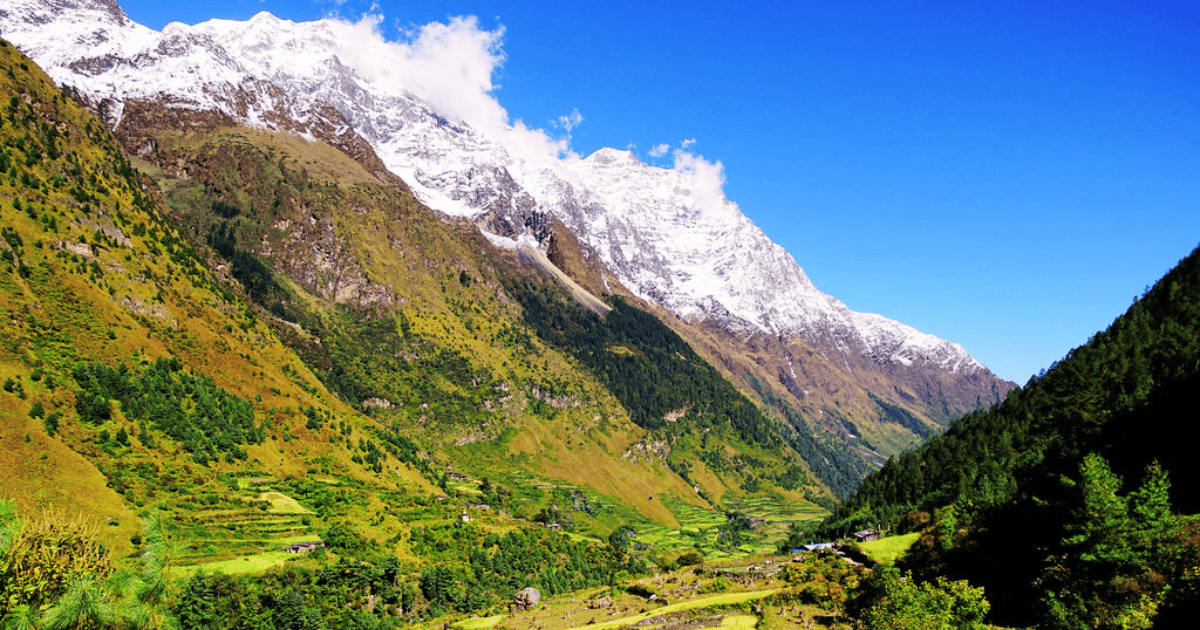
Manaslu Circuit Trek
12 Days
Nepal
170–180 km
(March -May) - (September -November)
₹On Demand | $On Demand
Read more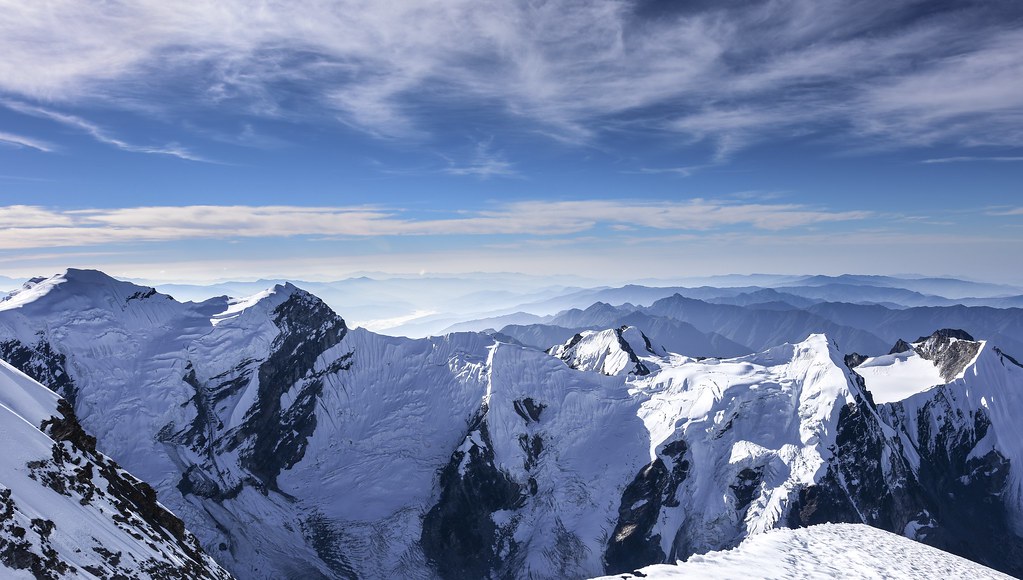
Mera Peak Climb
14 Days
Nepal
40 km
(March-May) - (September-November)
₹On Demand | $On Demand
Read more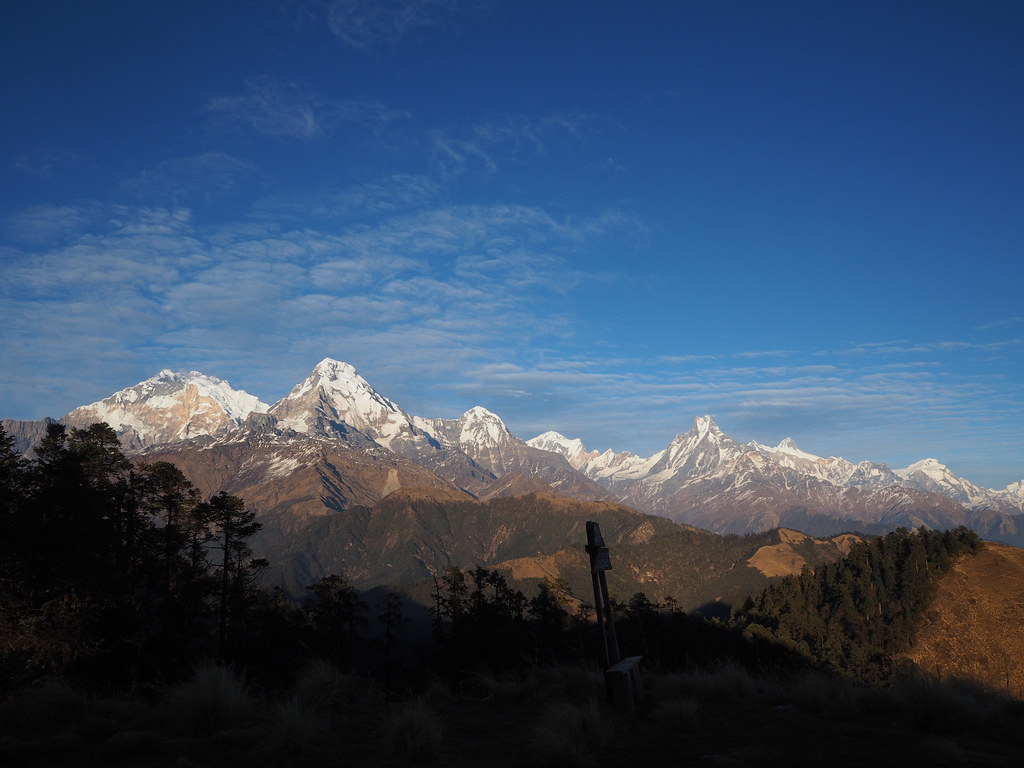
Mohare Danda Trek
5 Days
Nepal
30-50 km
(March to May) - (September to November)
₹On Demand | $On Demand
Read more
Langtang Valley Trek
8 Days
Nepal
60-80 km
(March-May) - (September-November)
₹On Demand | $On Demand
Read more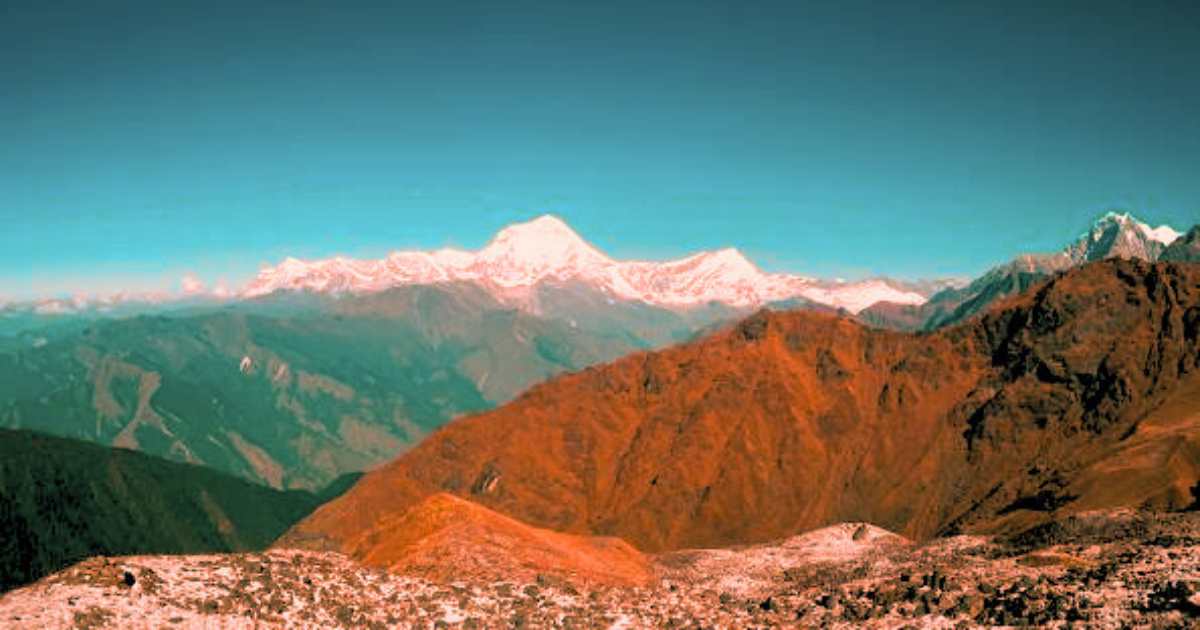
Khopra Danda Trek
6 Days
Nepal
50 to 60 KM
(March-May) - (September-November)
₹On Demand | $On Demand
Read more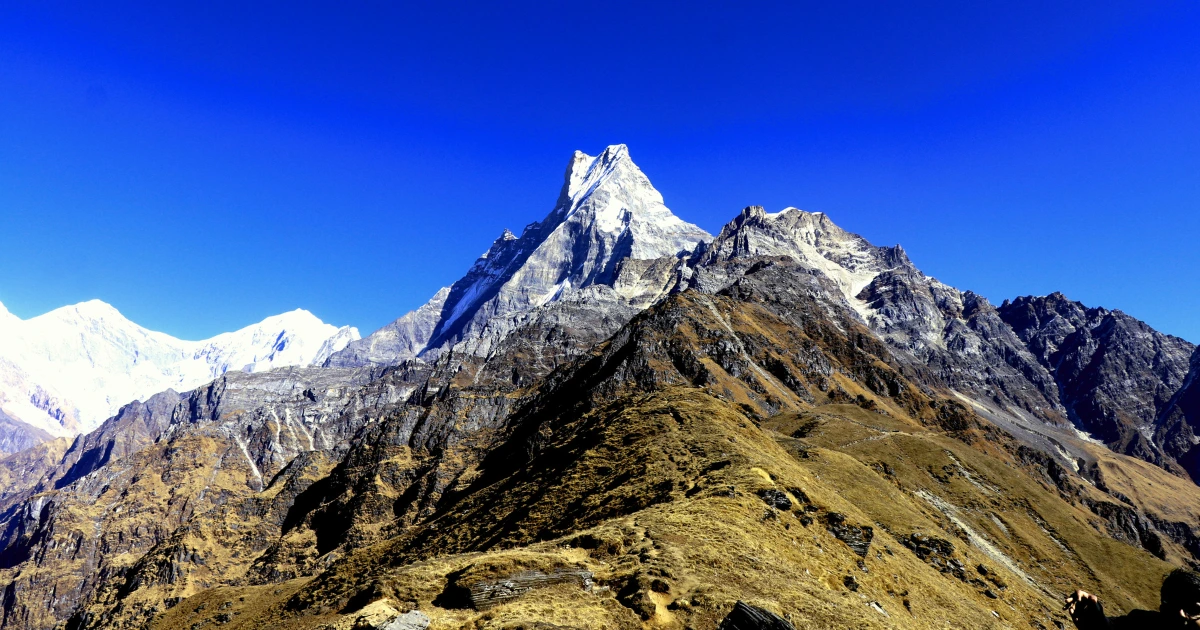
Mardi Himal Trek
5 Days
Nepal
40 - 50 Km
(March-May) - (September-November)
₹On Demand | $On Demand
Read more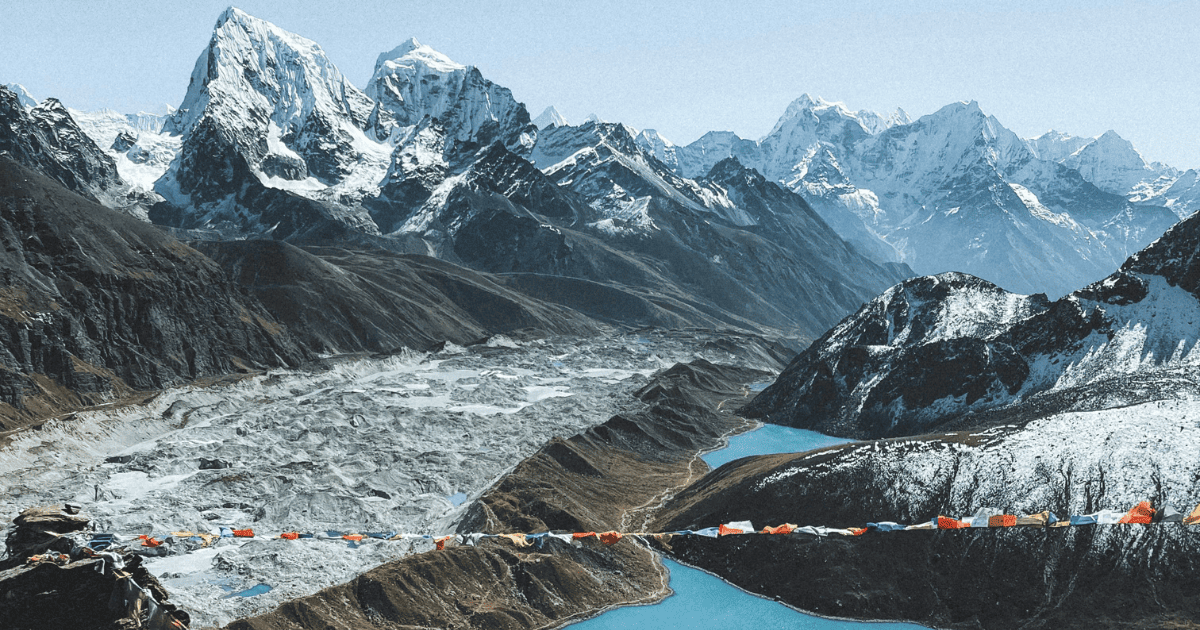
Gokyo Ri Trek
13 Days
Nepal
82 - 100 Km
September - November and March-April
₹On Demand | $On Demand
Read more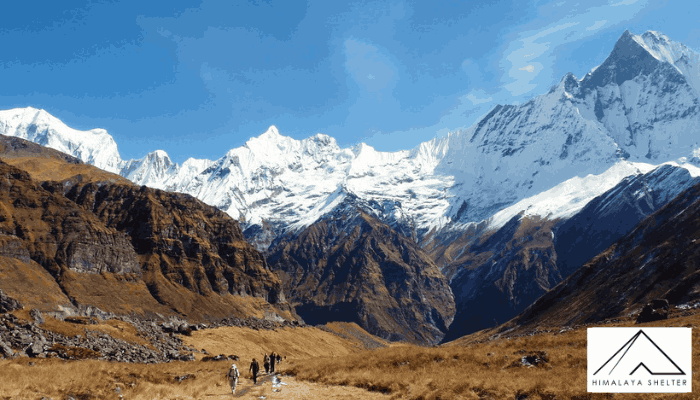
Annapurna Base Camp Trek
9 Days
Nepal
75 Km Approx
March | April | May | September
₹75000 | $846
Read more
Zalung Karpo La Trek
10 Days
Ladakh | India
30 km
June to September
₹119500 | $1398
Read more
Rupshu Trek
9 Days
Ladakh | India
60 km
June to September
₹109000 | $1275
Read more
Mentok Kangri Expedition
11 Days
Ladakh
18
June to September
₹129000 | $1508
Read more
Nubra Valley Trek
7 Days
Ladakh
59
June to September
₹65900 | $769
Read more
Matho La Trek
5 Days
Ladakh
35 km
June to September
₹49500 | $577
Read more
Dhauladhar 7 Lakes Trek
7 Days
Himachal Pradesh | India
70 Km
May-June , September-October
₹35000 | $414
Read more
Miyar Valley Trek
7 Days
Himachal Pradesh | India
59 km
Mid May to June
₹25000 | $296
Read more
Suru Valley Trek
7 Days
Ladakh | India
32 km
May to October
₹40000 | $458
Read more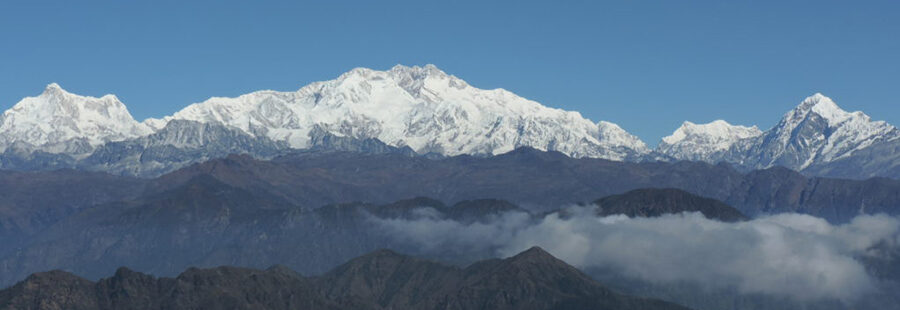
Uttarey Singalila Trek
15 Days
Sikkim | India
155 Km
Mid-March, April to May and Mid-September, October to November
₹250000 | $2818
Read more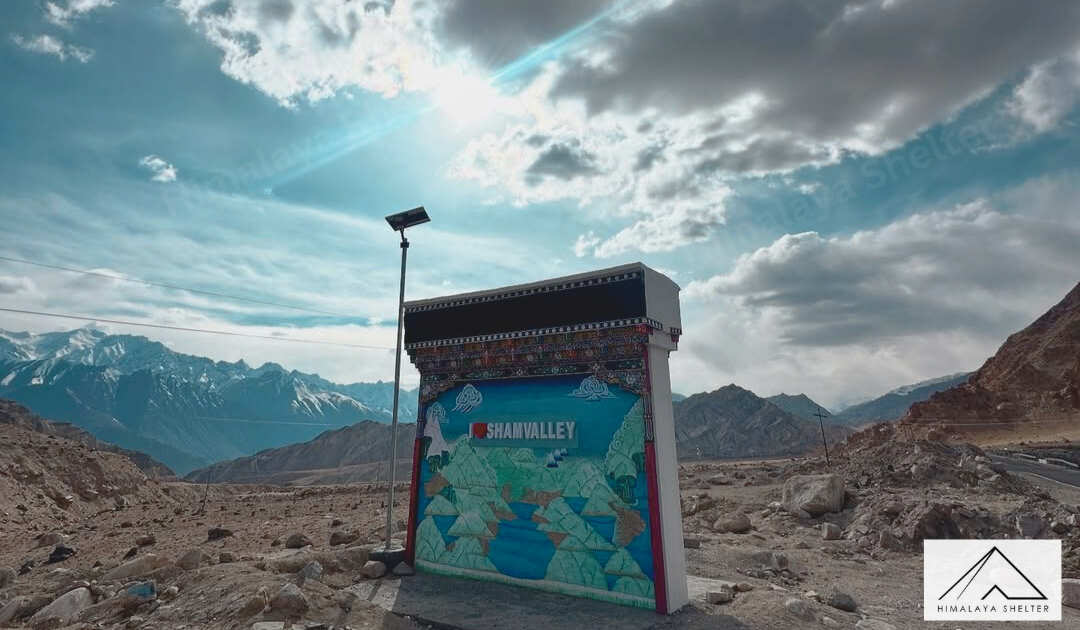
Sham Valley Trek
5 Days
Ladakh | India
32 km
June to September
₹35000 | $404
Read more
Dzongri Trek
8 Days
Sikkim | India
30 Km
April to June and from September to November
₹28000 | $323
Read more
Barsey Rhododendron Trek
4 Days
Sikkim | India
15 Km
April and May
₹51500 | $594
Read more
The Dafeybhir Pass Trek
10 Days
Sikkim | India
63 Km
May, October and November
₹28000 | $323
Read more
Markha Valley Trek
9 Days
Ladakh | India
65 KM
June to September
₹55000 | $634
Read more
Goechala Trek
10 Days
Sikkim | India
92 Km
March to June and September to Mid December
₹22500 | $260
Read more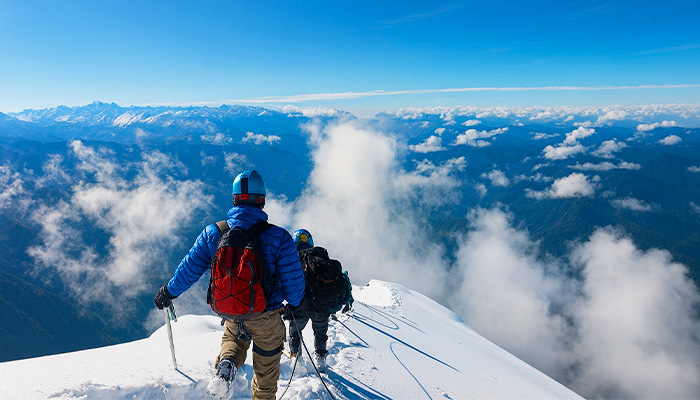
Friendship Peak Trek
6 Days
Himachal Pradesh | India
24 KM
May-June and September-October
₹38000 | $438
Read more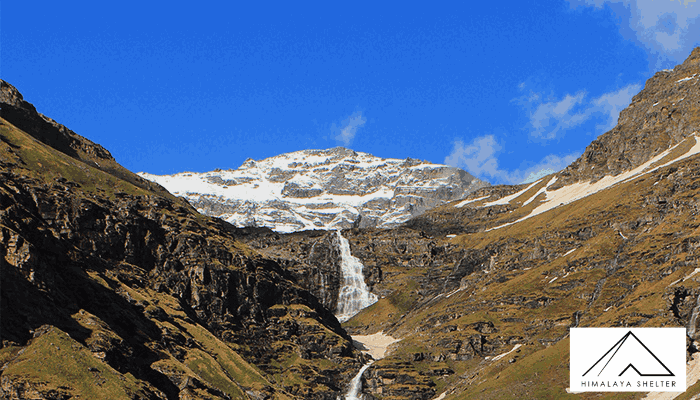
Rupin Pass Trek Himachal
7 Days
Himachal Pradesh | India
41
May, June, September, October
₹22000 | $220
Read more
Patalsu Peak Trek
4 Days
Himachal Pradesh | India
18 Km
May to October.
₹10000 | $115
Read more
Mount Yunam Expedition
8 Days
Himachal Pradesh | India
22 km
July | August | September
₹35000 | $405
Read more
Kanamo Peak Trek
7 Days
Himachal Pradesh | India
27 km
June to September
₹22000 | $254
Read more
Jalori Pass Trek
1 Days
Himachal Pradesh | India
5 Km
June to Oct
₹2500 | $29
Read more
Kugti Pass Trek
5 Days
Himachal Pradesh | India
32 km
June to Oct
₹19000 | $119
Read more
Great Himalayan National Park Trek
3 Days
Himachal Pradesh | India
26 KM
April to June
₹11000 | $127
Read more
Tirthan Valley Trek
5 Days
Himachal Pradesh | India
70 KM
March to June
₹15000 | $171
Read more
Deo Tibba Base Camp Trek
5 Days
Himachal Pradesh | India
22 Km
June to Sep
₹15000 | $171
Read more
Dainkund Peak Trek
1 Days
Himachal Pradesh | India
10 Km
March to June
₹5000 | $157
Read more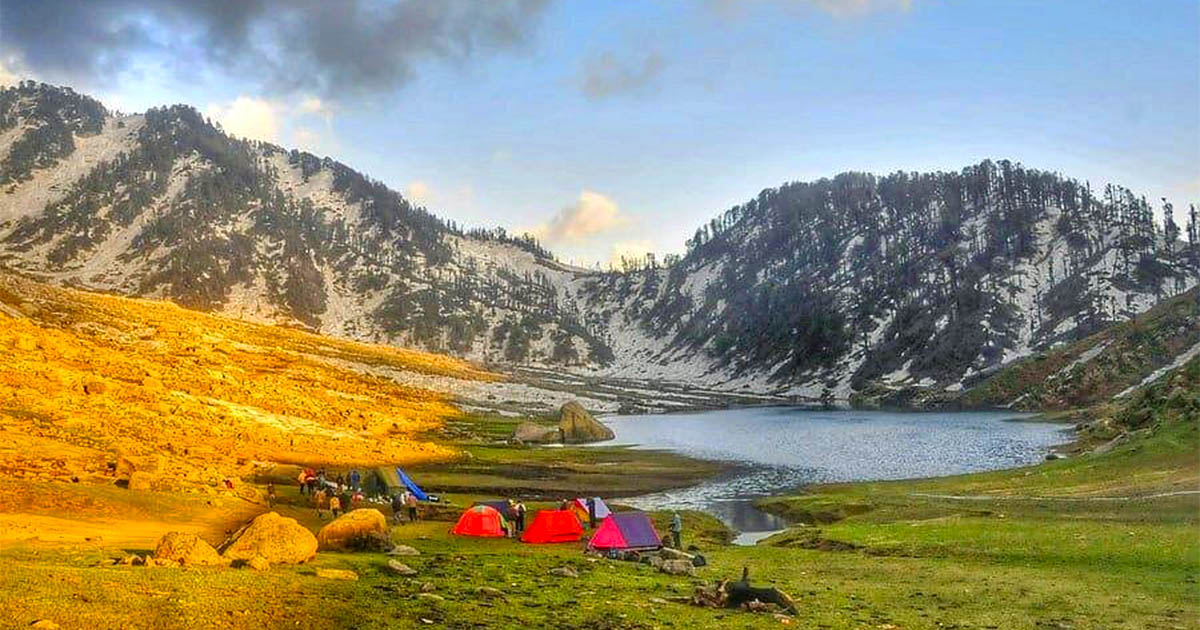
Kareri Lake Trek
2 Days
Himachal Pradesh | India
25 KM
May to July
₹4000 | $46
Read more
Triund Trek
2 Days
Himachal Pradesh | India
11 km
March to June.
₹5000 | $57
Read more
Tosh Valley Trek
2 Days
Himachal Pradesh | India
5 Km
May | June | July | September | October
₹3200 | $37
Read more
Beas Kund Trek
4 Days
Himachal Pradesh | India
42 km
June to July
₹15500 | $177
Read more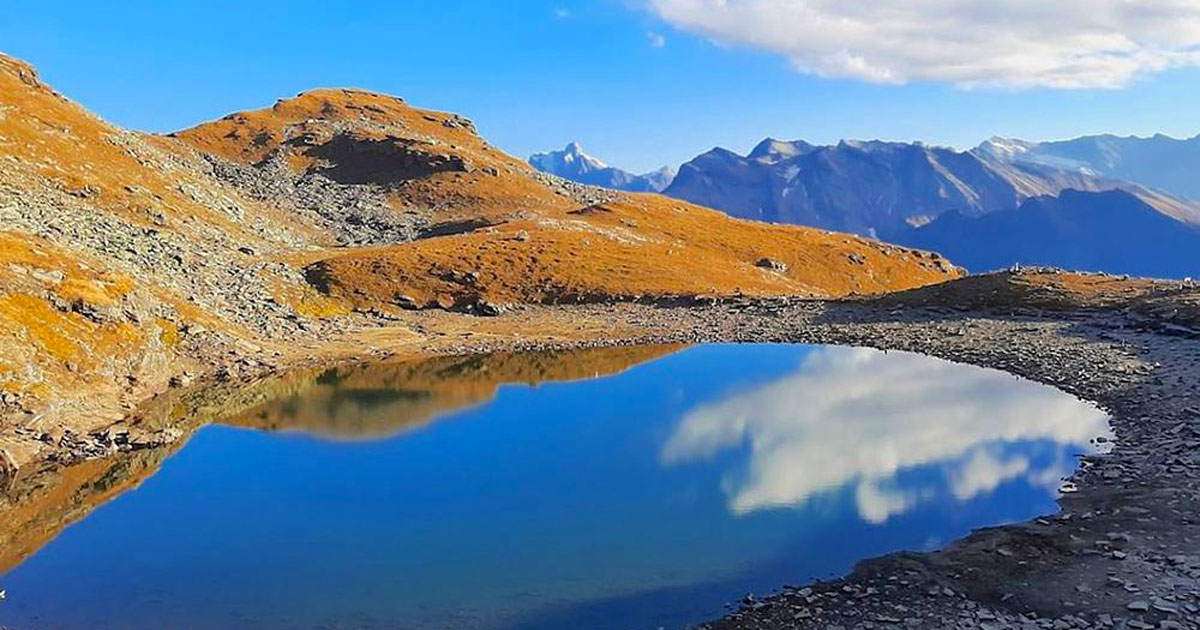
Bhrigu Lake Trek
4 Days
Himachal Pradesh | India
20 Km
May to October
₹11500 | $131
Read more
Kheerganga Trek
2 Days
Himachal Pradesh | India
18 Km
April to June | September to November
₹4200 | $48
Read more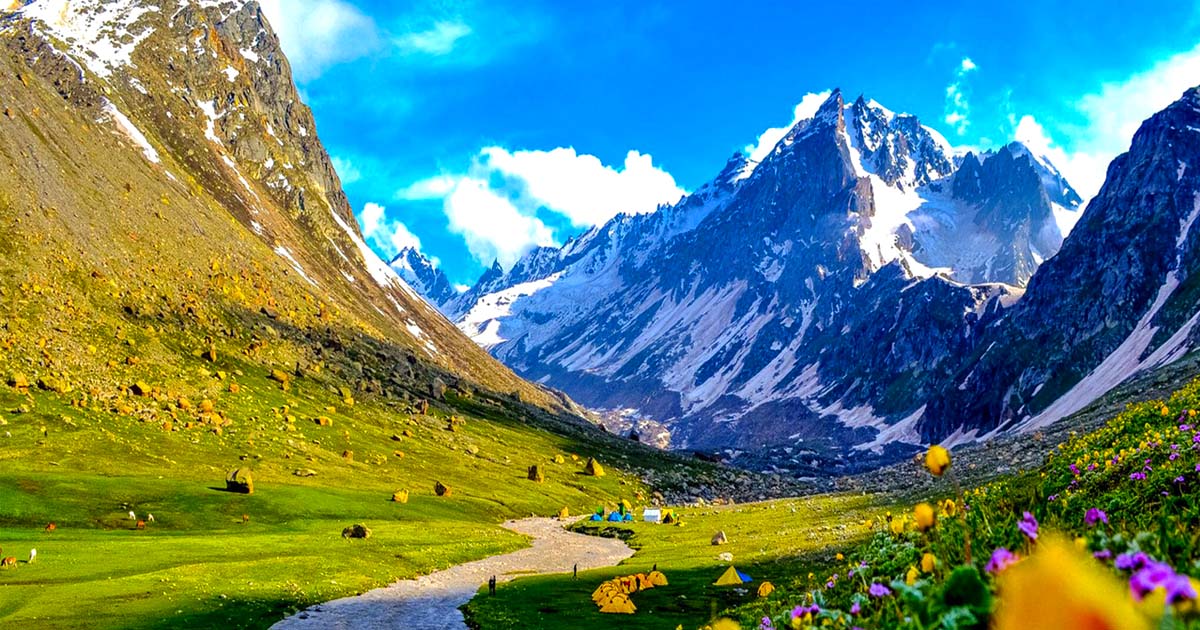
Hampta Pass Trek
5 Days
Himachal Pradesh | India
25 Km
June to September
₹18000 | $210
Read more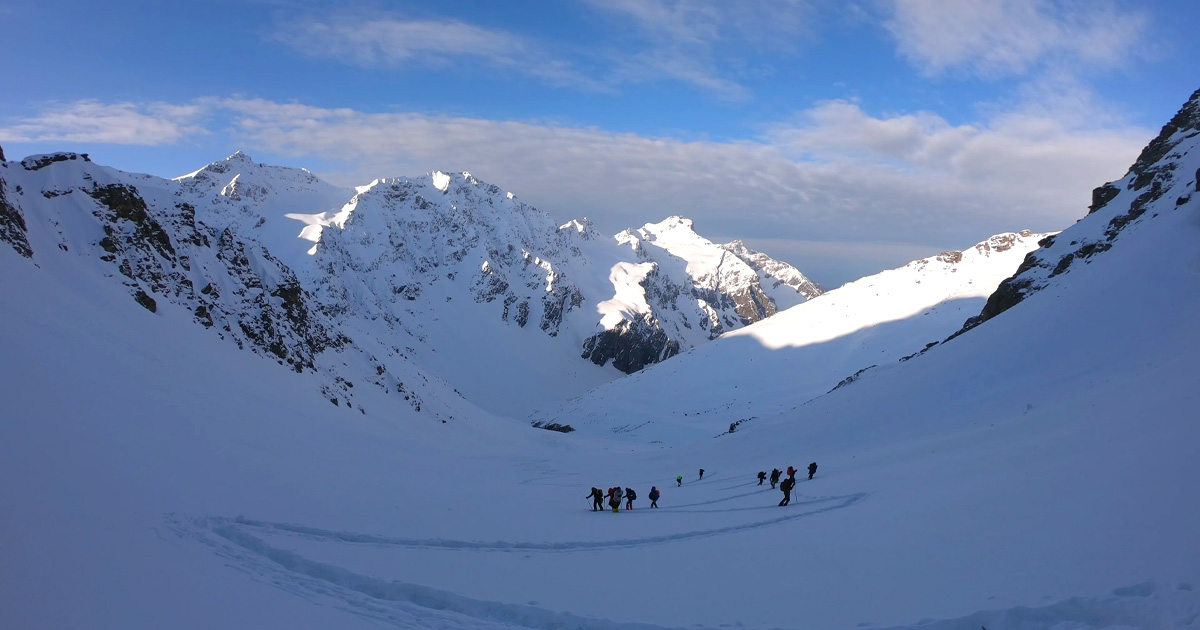
Buran Ghati Trek
7 Days
Himachal Pradesh | India
38 Km
May to June | September to October
₹26000 | $289
Read more
3 Day Dayara Bugyal Trek
3 Days
Uttarakhand
20 Km
Jan | Feb | Mar | Aprill | May | Jun | Sep | Oct | Nov | Dec
₹7499 | $86
Read more
Gidara Bugyal Trek
6 Days
Uttarakhand
29 Km
May to June | September to October | December to March
₹25000 | $149
Read more
Dayara Gidara Bugyal Trek
7 Days
Uttarakhand
43 Km
May to Jun | Sep to Oct | Dec to March
₹16999 | $195
Read more
Dayara Bugyal Trek
6 Days
Uttarakhand
17 Km
January, February, March, April, May, June, September, October, November, December
₹11,299 | $125.46
Read more
Dodital Trek
6 Days
Uttarakhand
57 Km
January, February, March, April, October, November, December
₹11500 | $132
Read more
Deoriatal Chopta Chandrashila Trek
5 Days
Uttarakhand
27 Km
January, February, March, April, September, October, November, December
₹11700 | $134
Read more
Nag Tibba Trek
2 Days
Uttarakhand
20 Km
January, February, March, April, May June, July, August, September, October, November, December
₹4000 | $34
Read more
Brahmatal Trek
6 Days
Uttarakhand
24 Km
January, February, March, April, October, November, December
₹11200 | $129
Read more
Chopta Chandrashila Trek
3 Days
Uttarakhand
7 Km
April to June and September to November
₹9900 | $114
Read more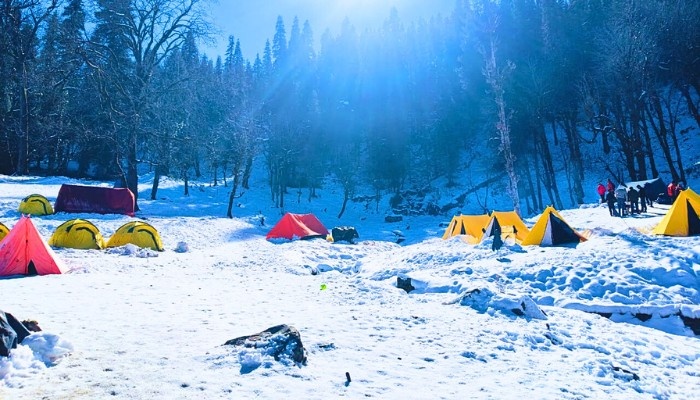
Kedarkantha Trek
5 Days
Uttarakhand
20 Km
January, February, March, April, October, November, December
₹7500 | $83
Read more
Gulabi Kantha Trek
5 Days
Uttarakhand
30 Km
January, February, March, April, October, November, December
₹10500 | $120
Read more
Bedni Ali Bugyal Trek
6 Days
Uttarakhand
32 Km
March, April, May, June, October
₹11000 | $130
Read more
Kuari Pass Trek
6 Days
Uttarakhand
28 Km
January, February, March, April, June, September, October, November, December
₹17999 | $206
Read more
Valley Of Flowers Trek
6 Days
Uttarakhand
38 Km
July | August | October
₹25500 | $294
Read more
Phulara Ridge Trek
6 Days
Uttarakhand
27 Km
May, June, September, October, November
₹11500 | $130
Read more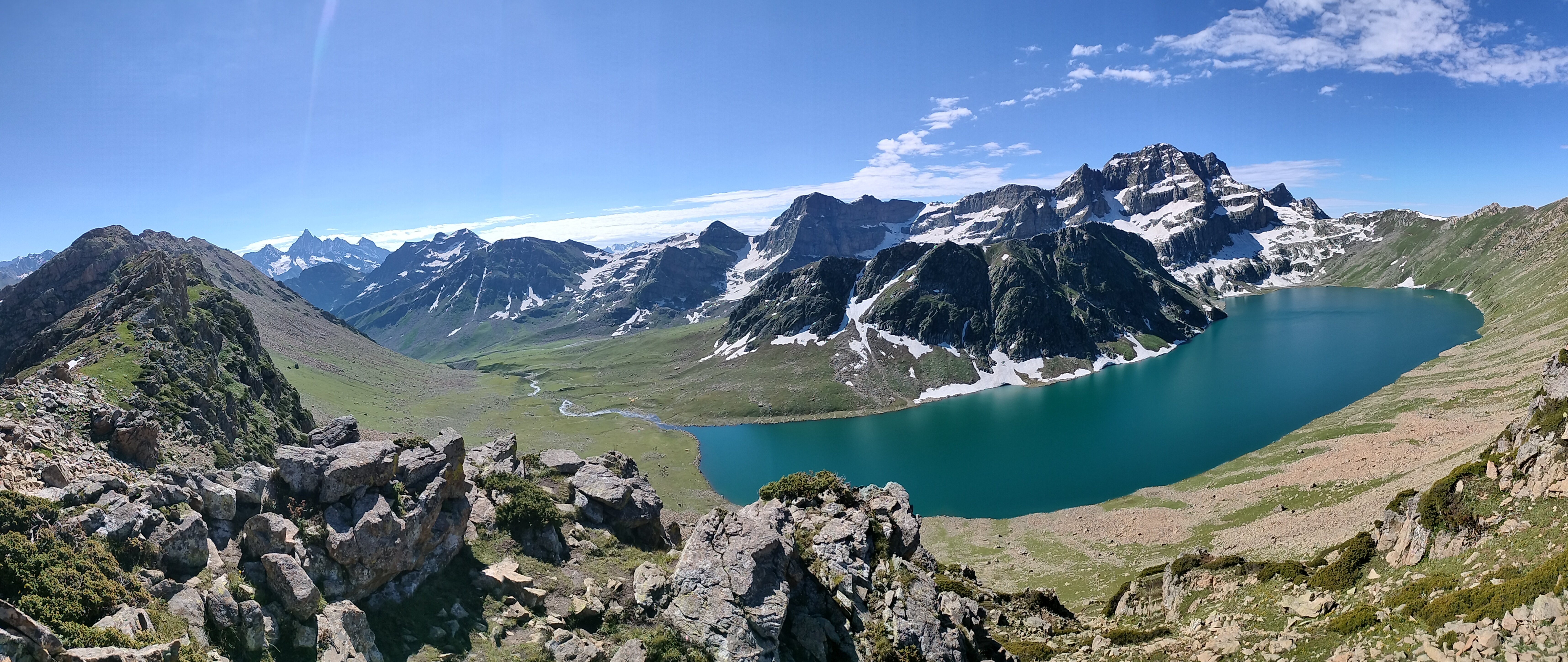
Tarsar Marsar Lake Trek
7 Days
kashmir
47 KM
July to September
₹18500 | $300
Read more
Tulian Lake Trek
5 Days
kashmir
32 km
July to September
₹16500 | $250
Read more
Nafran Valley Trek
7 Days
kashmir
40 KM
July to September
₹17500 | $300
Read more
Kolahoi Glacier Trek
5 Days
kashmir
26 km
July to September
₹25000 | $350
Read more
Gurez Valley Trek
6 Days
kashmir
38 KM
July to September
₹19500 | $300
Read more
Brammah Valley trek
7 Days
Kashmir
18km
July to September
₹18500 | $250
Read more
The Bodpathri Lake trek
7 Days
Kashmir
50 km
July to September
₹16500 | $250
Read more
Pir Panjal Lakes Trek
7 Days
Kashmir
52 Km
June to September
₹19600 | $228
Read more
Tosamaidan Trek
7 Days
Kashmir
30 KM
May to September
₹21500 | $300
Read more
Silent Meadows Trek
6 Days
Kashmir
68 KM
July to October
₹25500 | $400
Read more
Spiti Valley Winter trek
6 Days
Himachal Pradesh | India
30
November to April
₹42000 | $484
Read moreRead More on Adi Kailash Trek
Photo Gallery




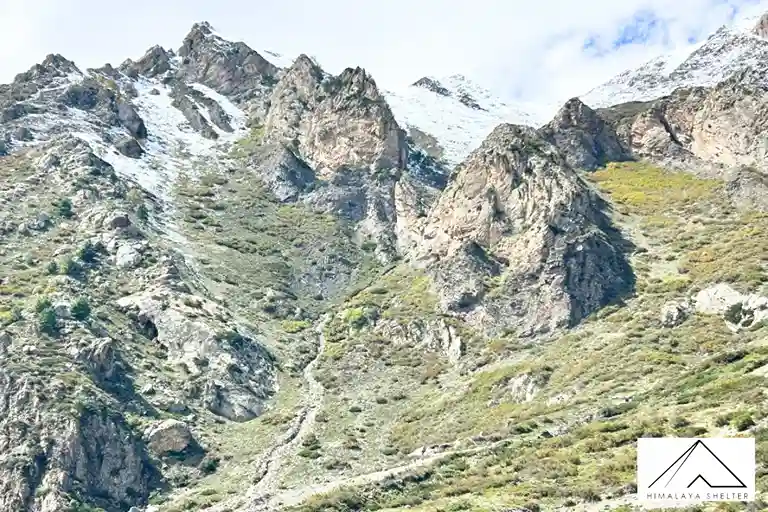
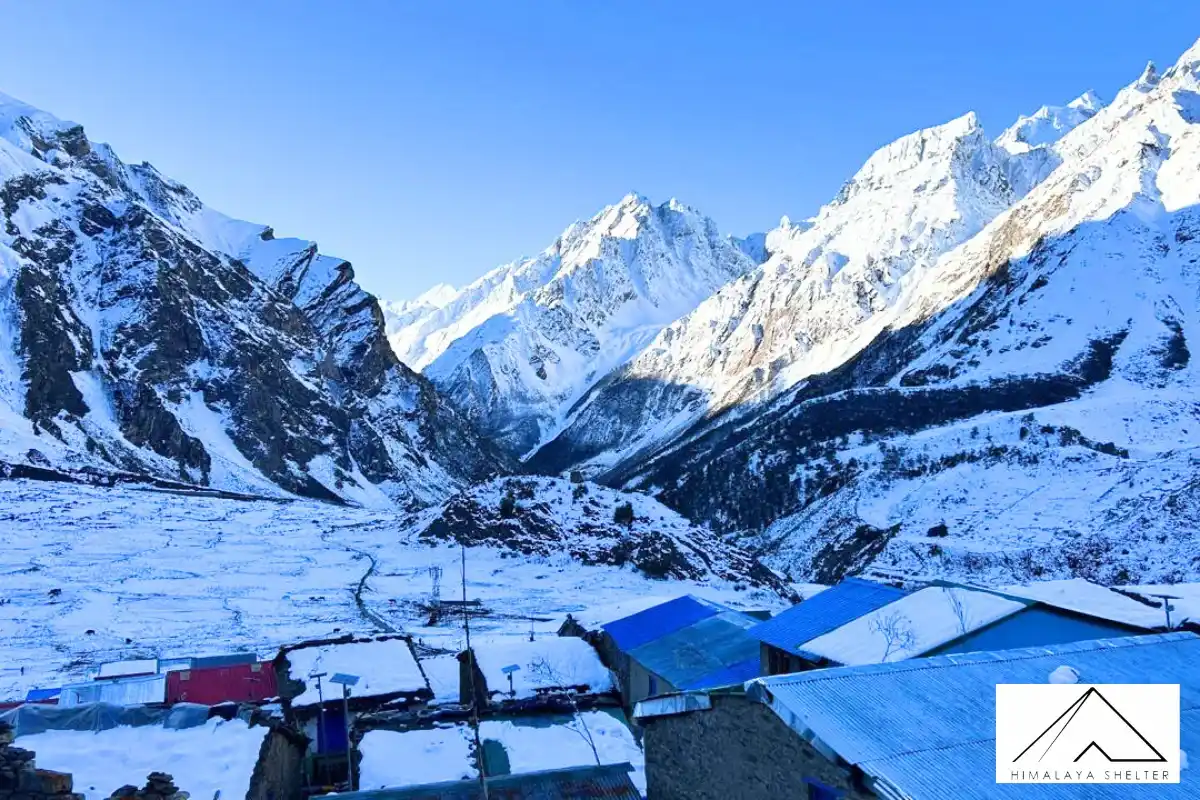
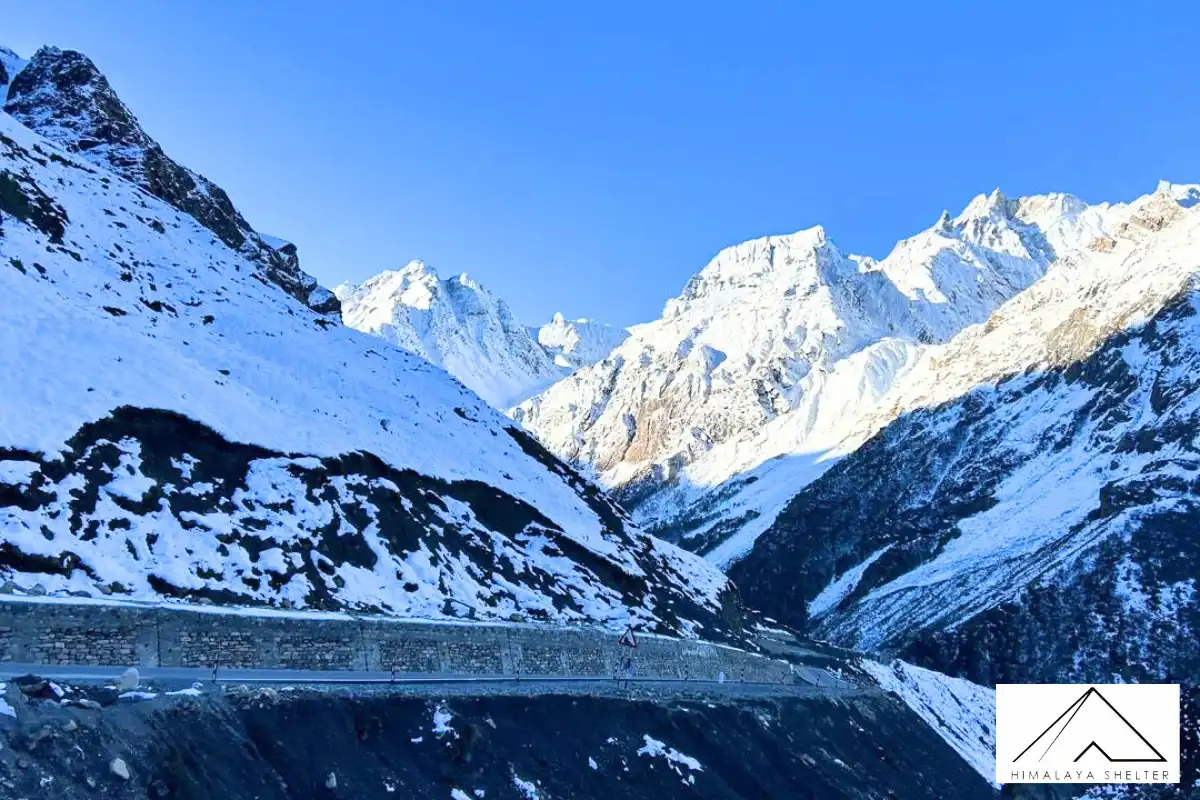
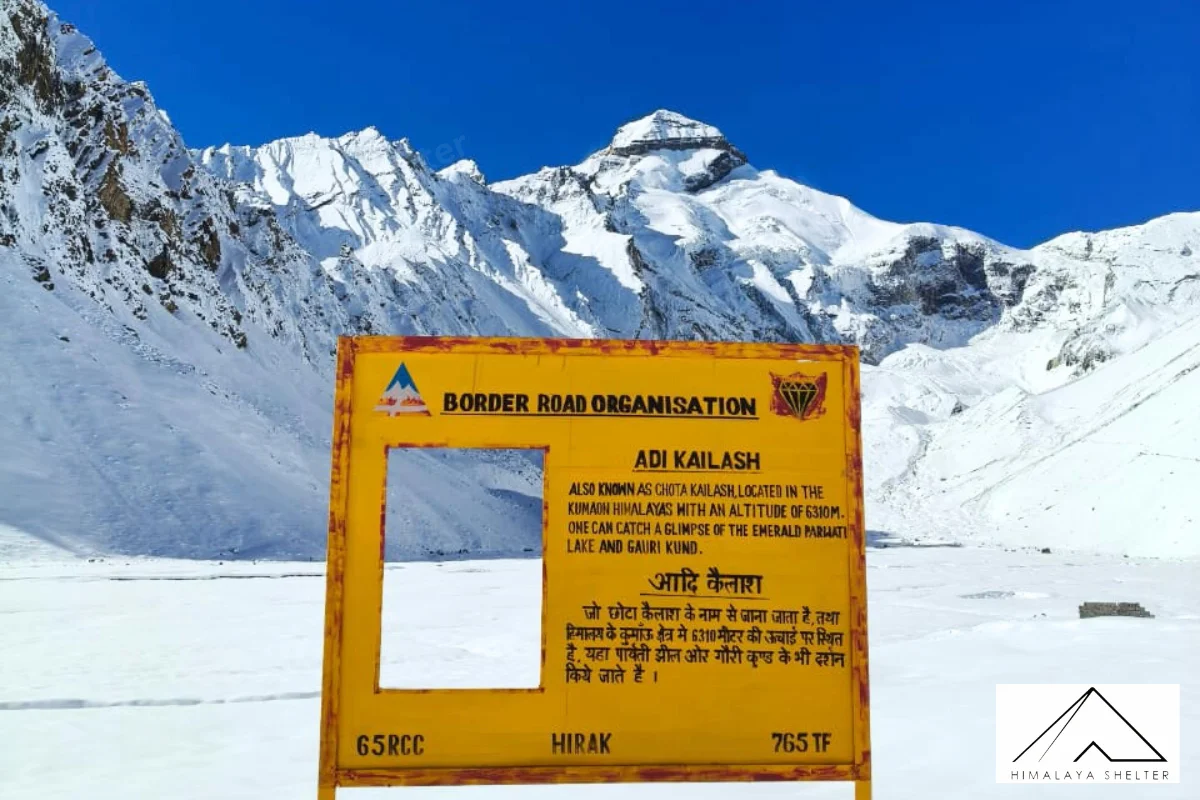
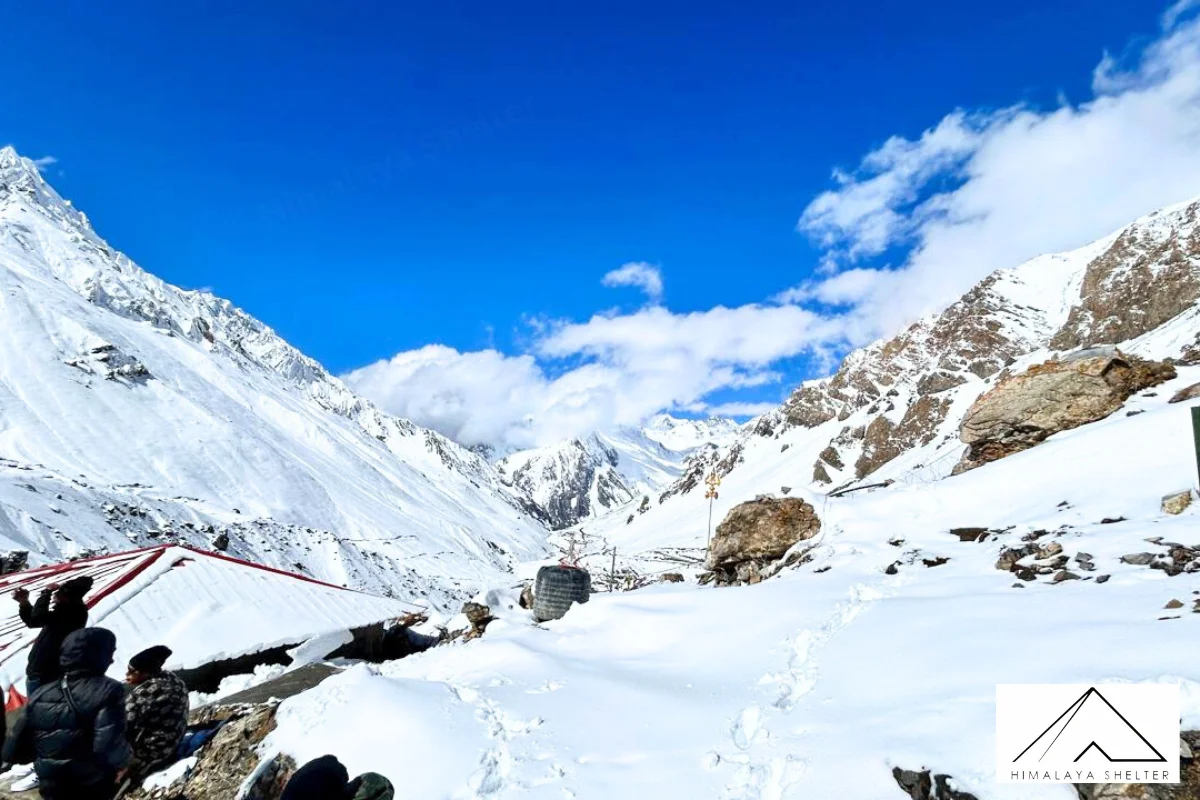
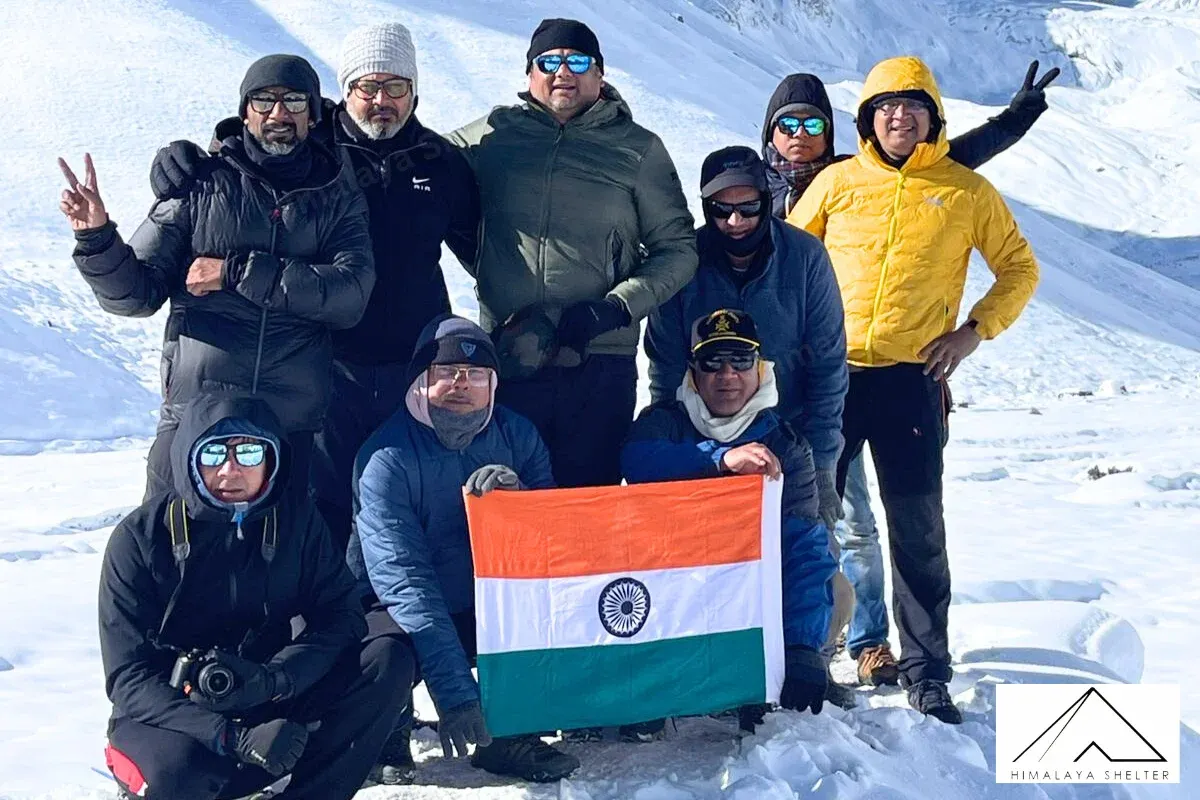
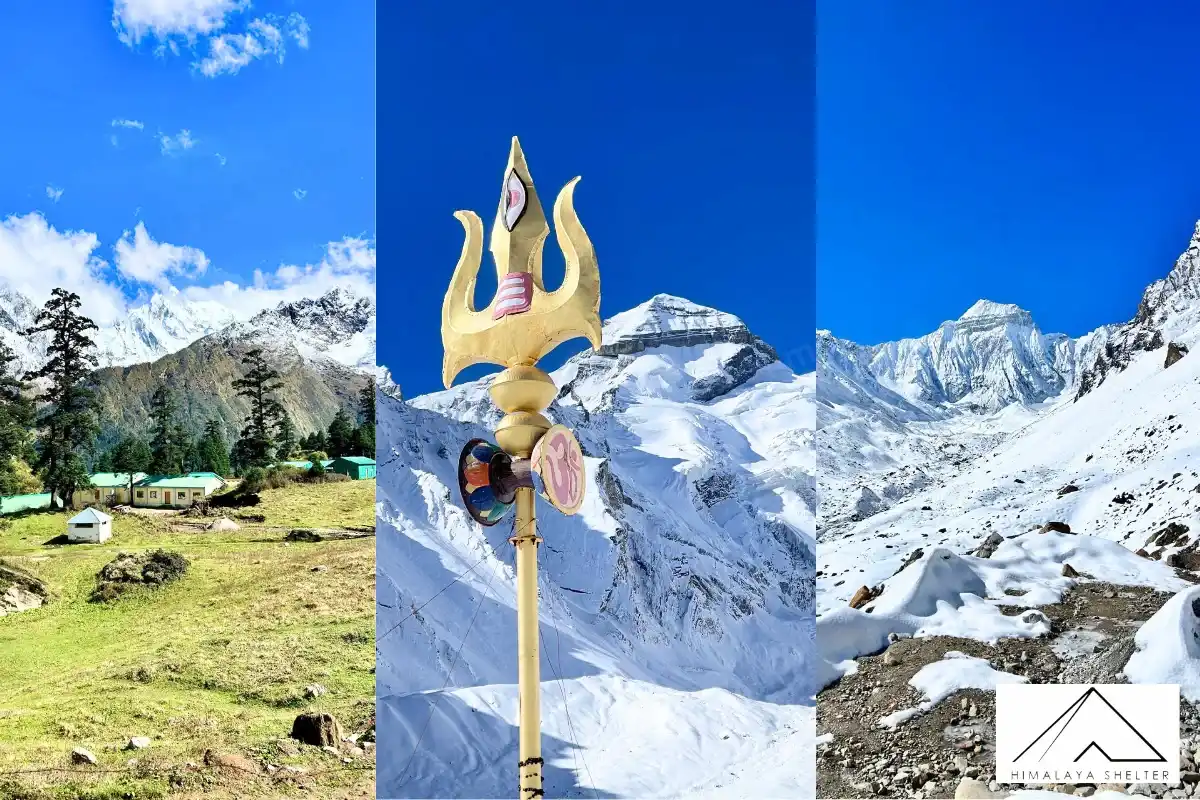
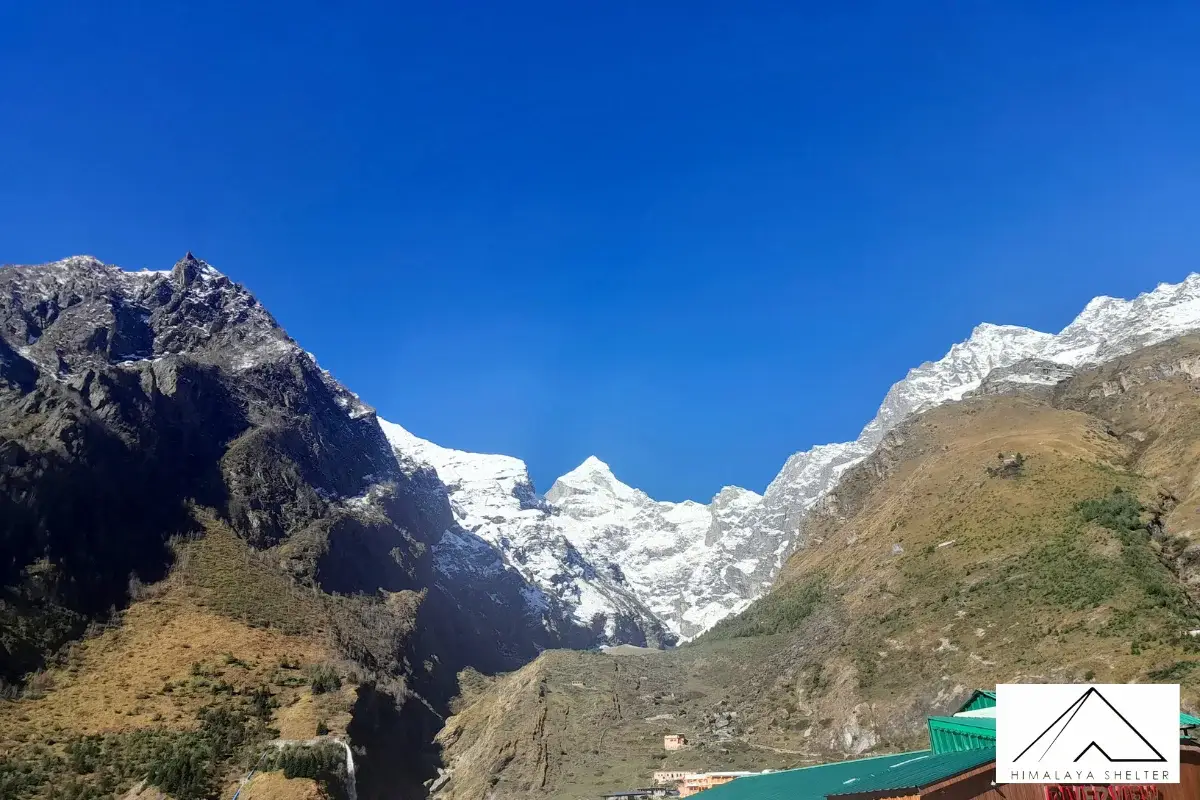
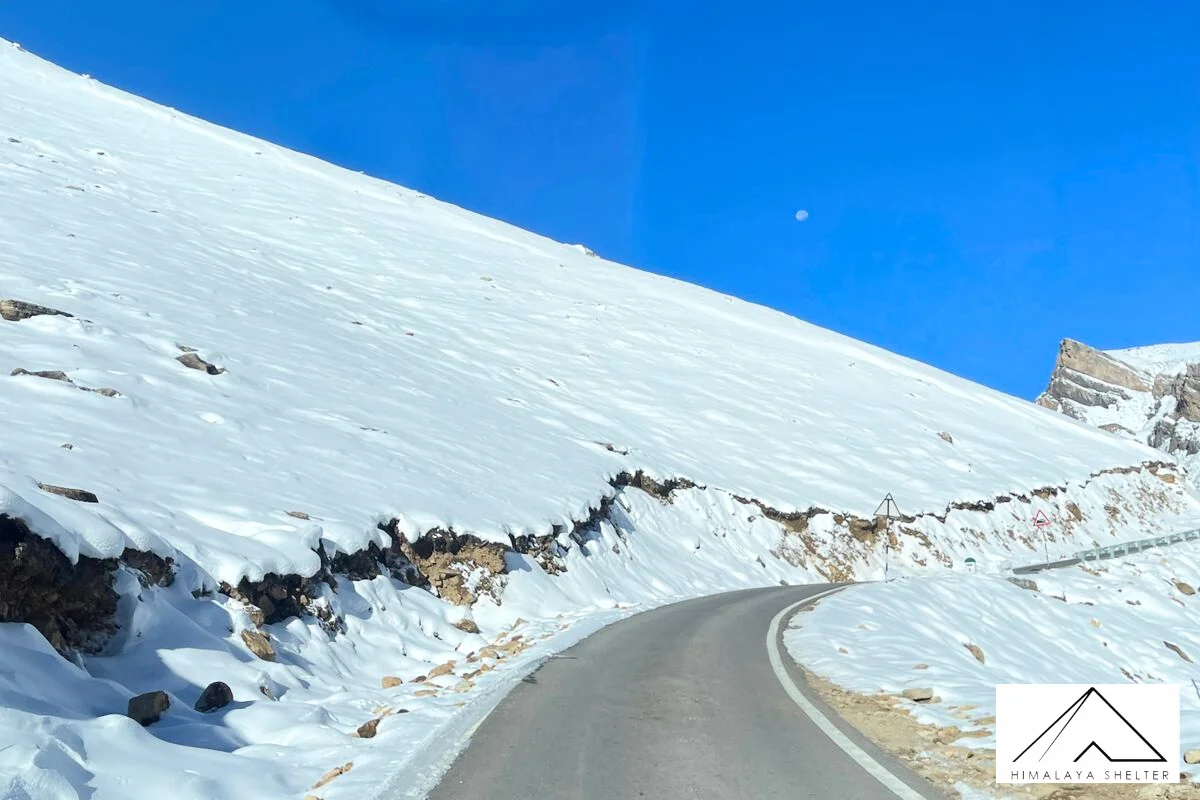
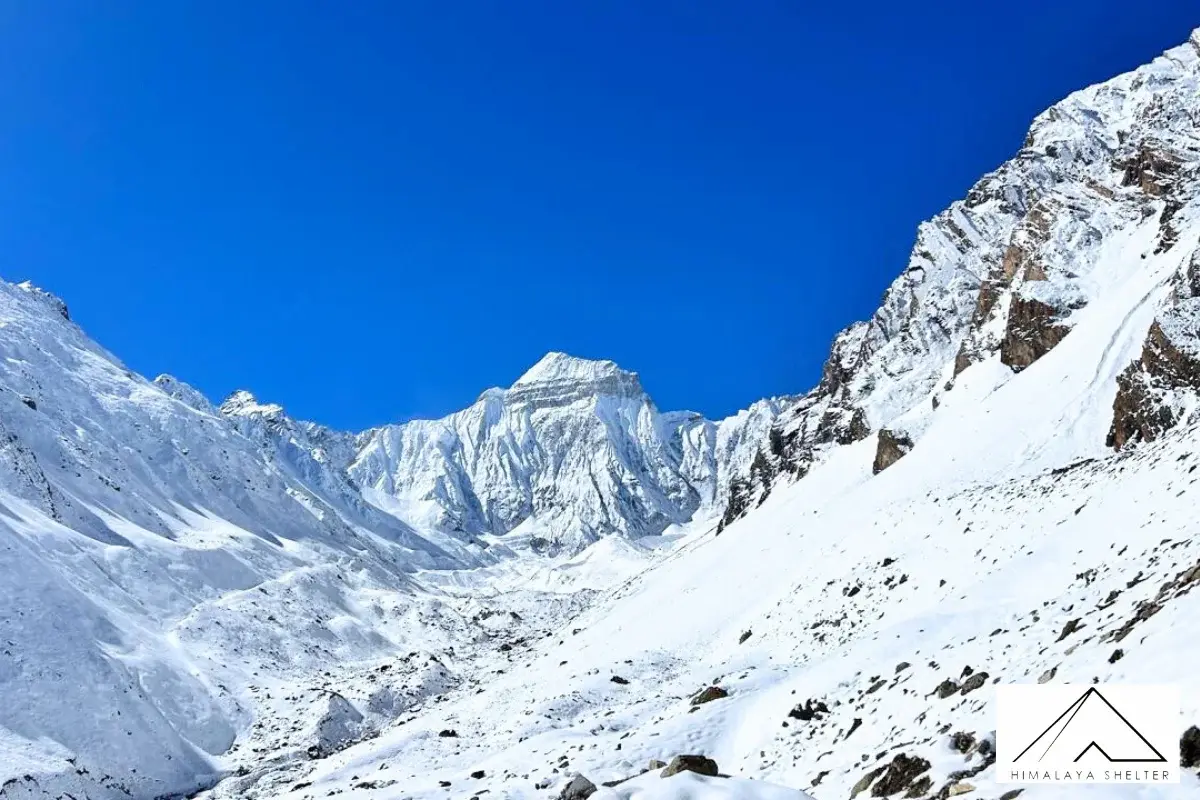
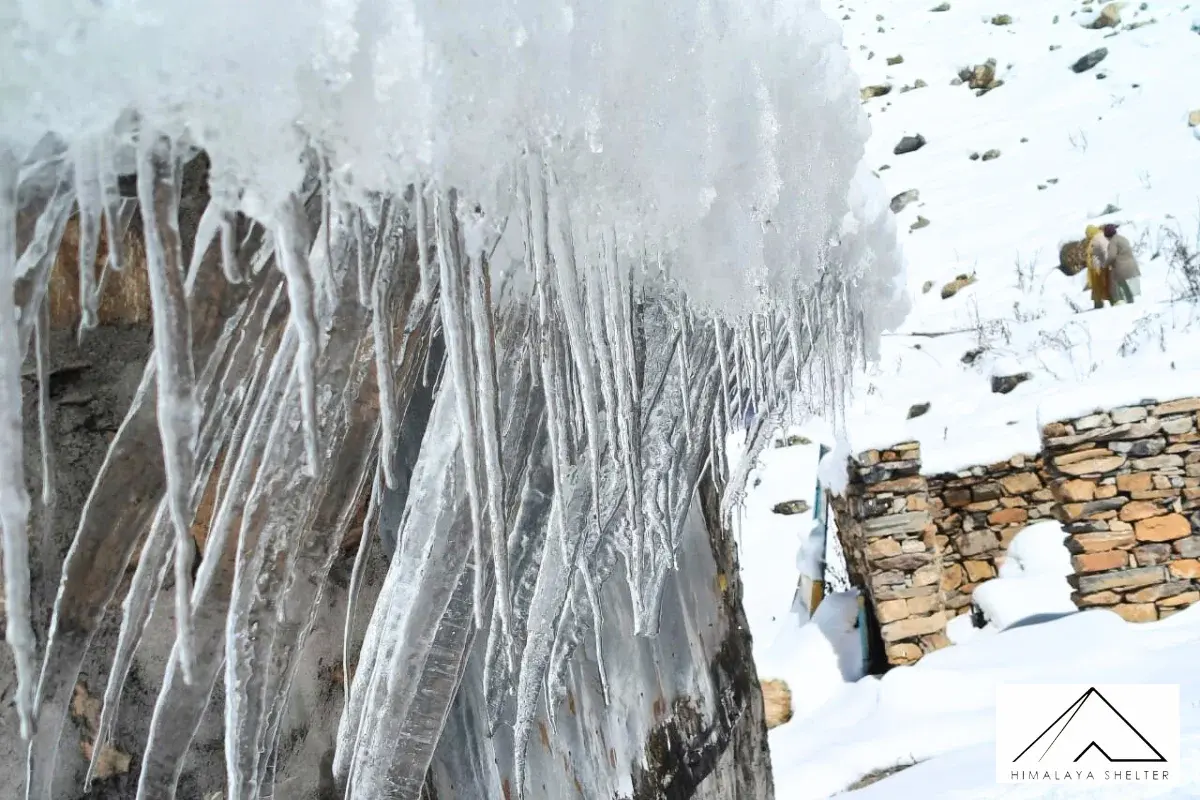
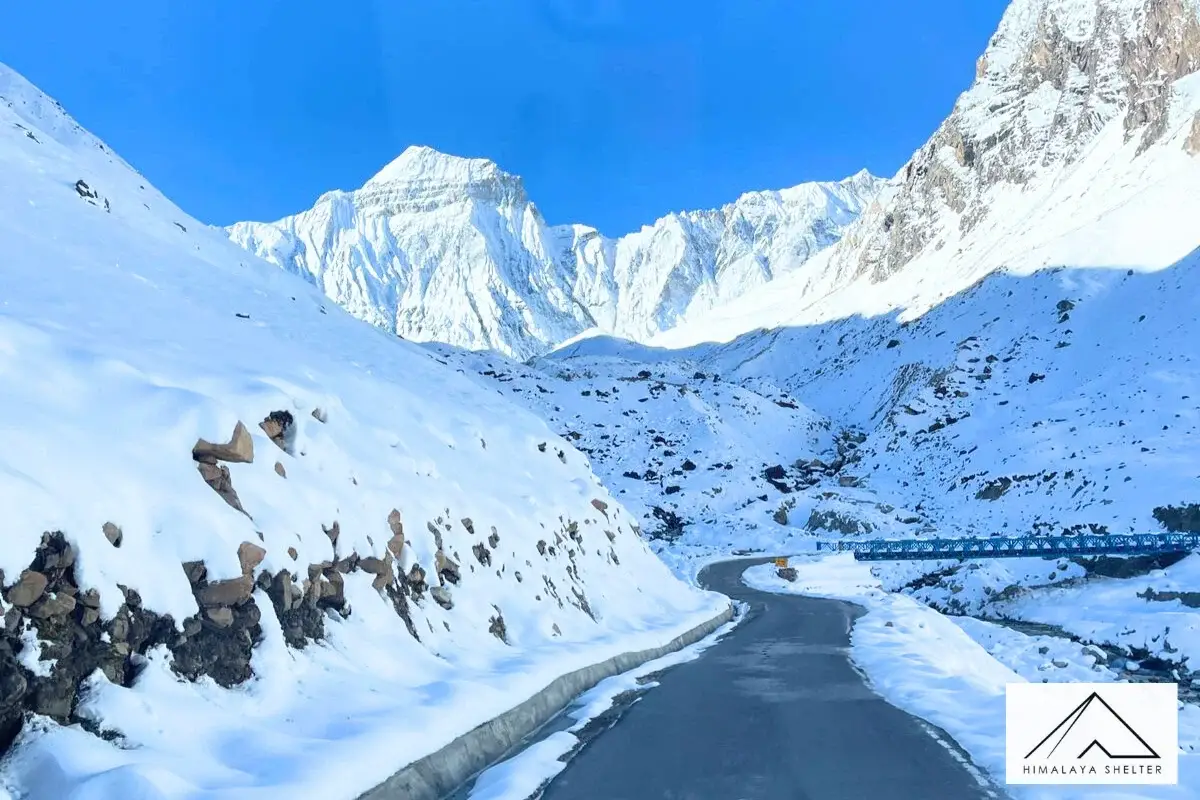
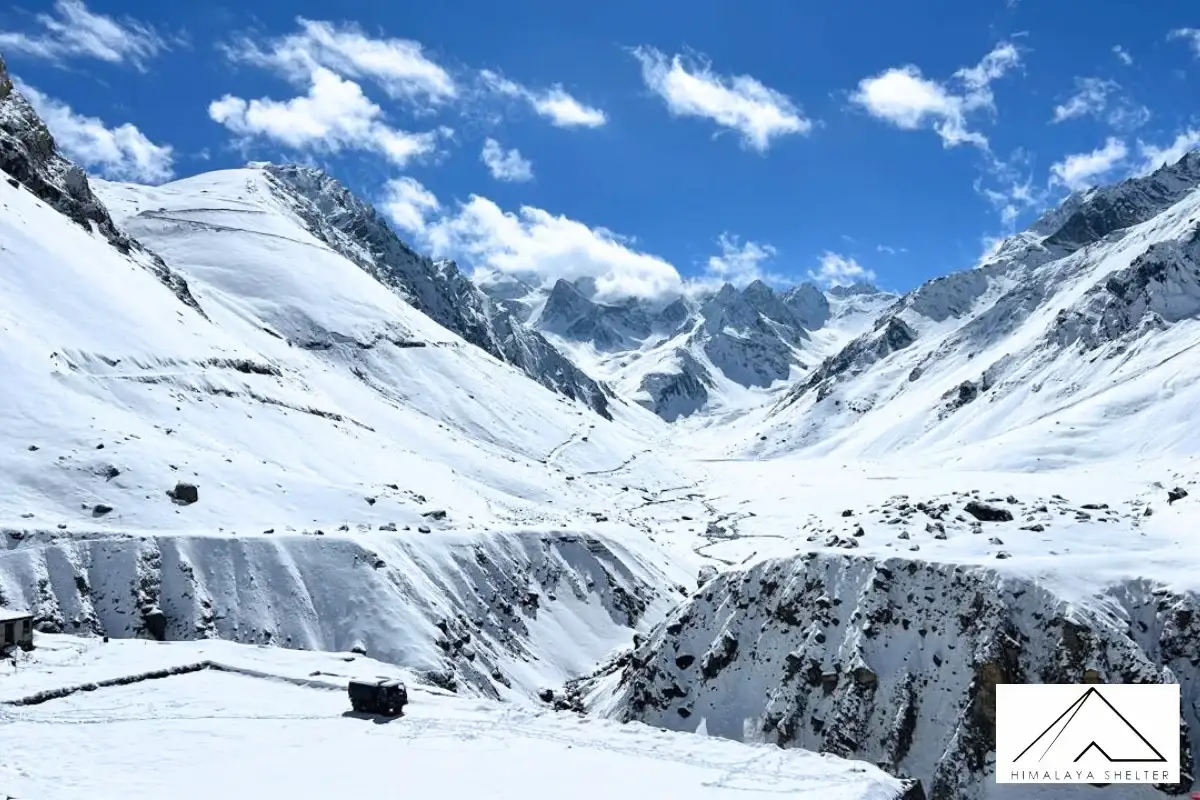
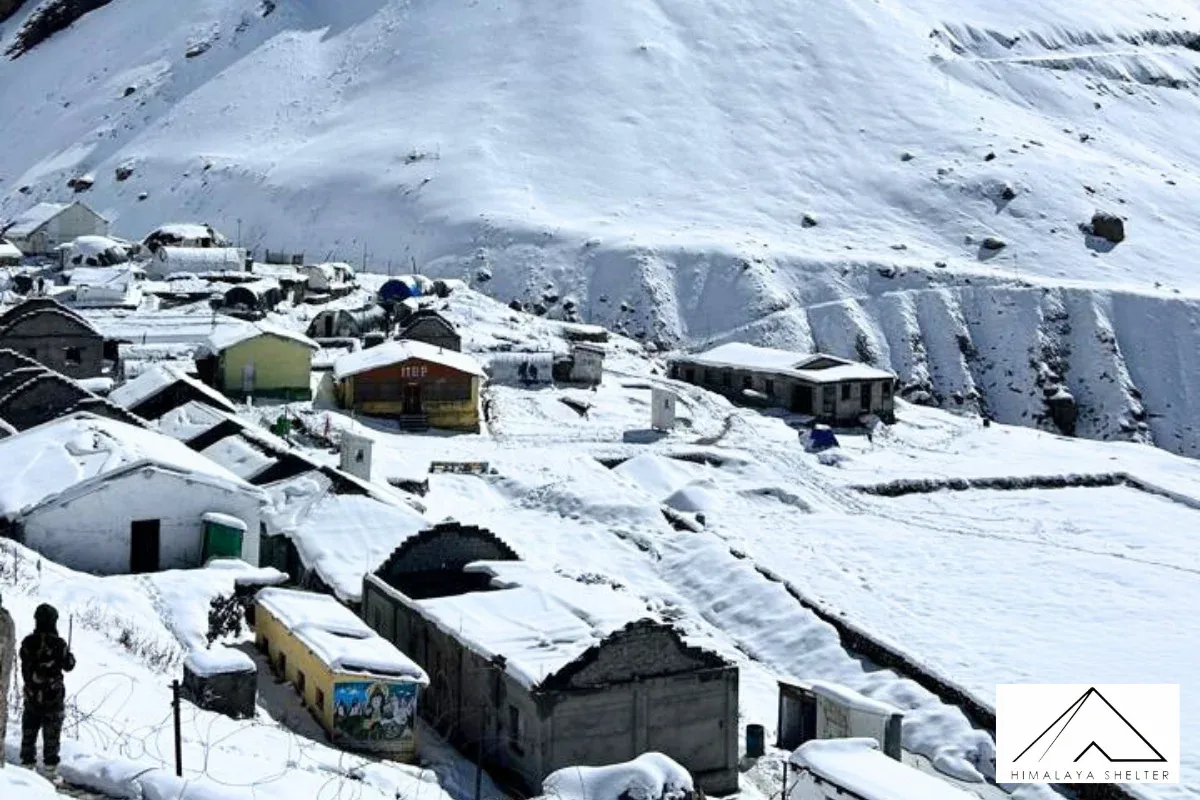
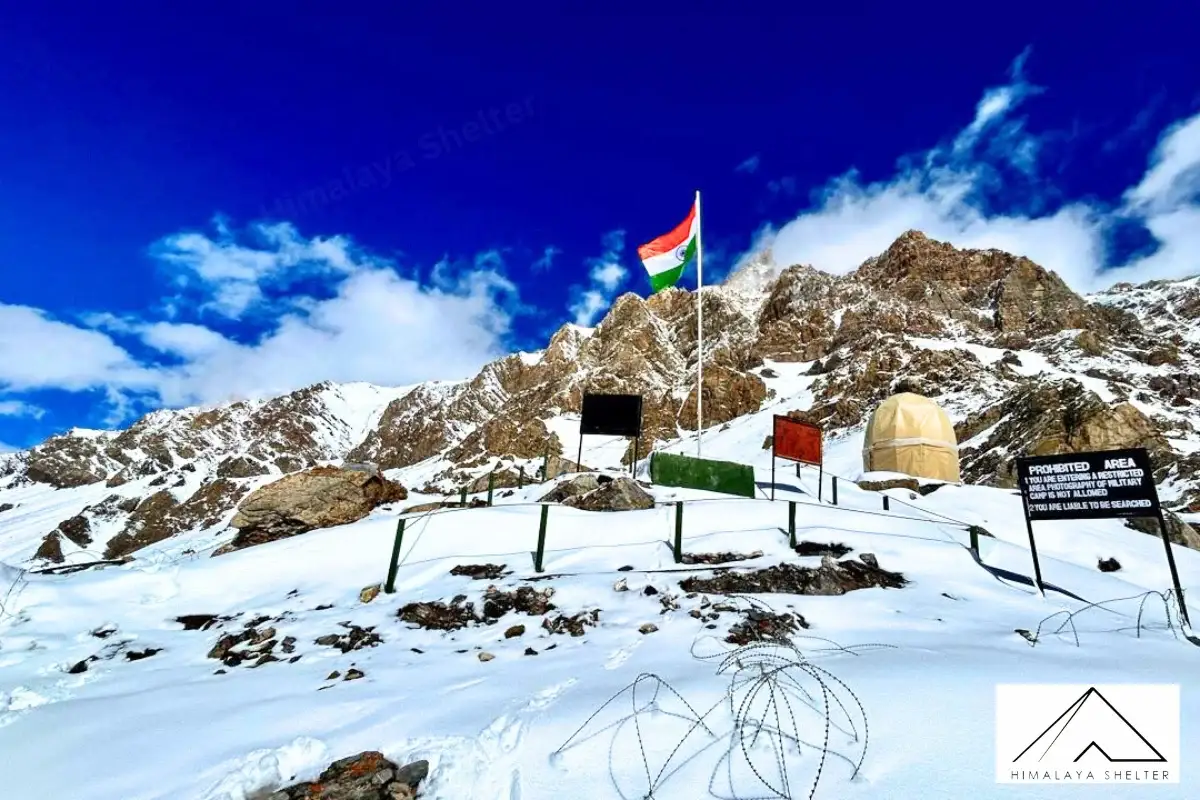
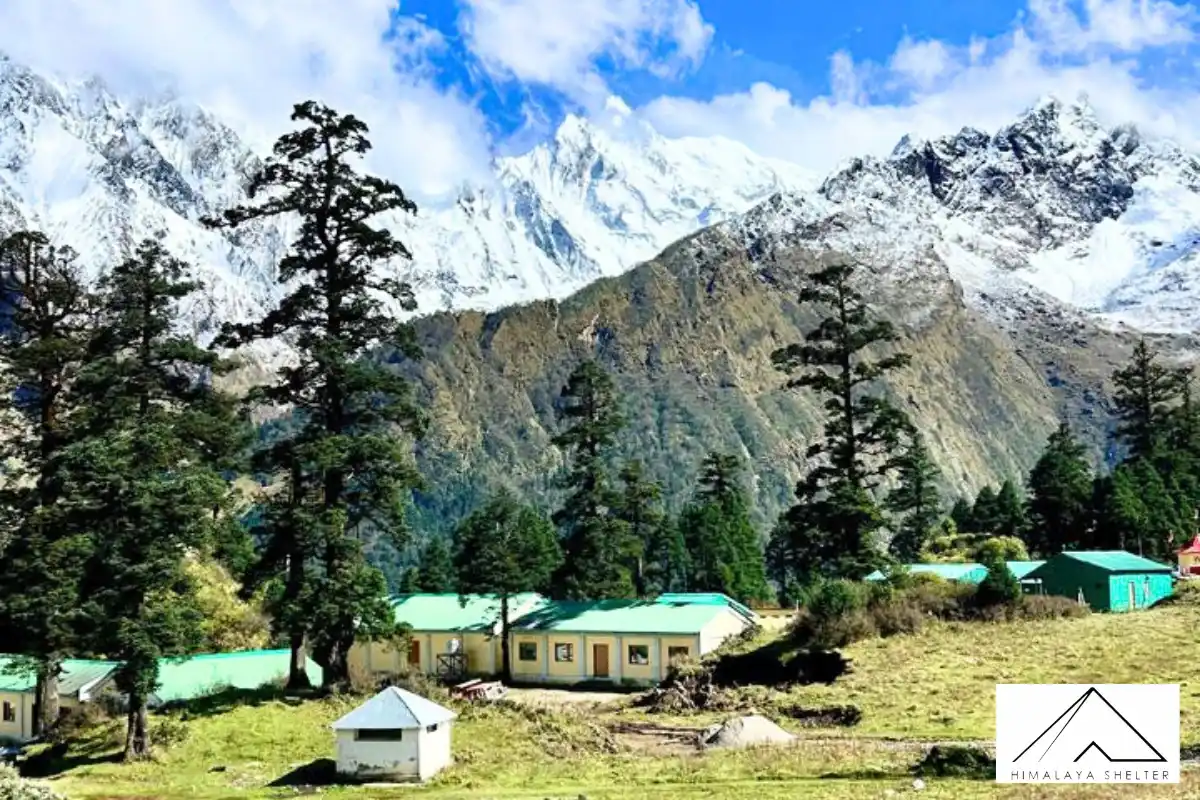
Treks by Categories
Treks By Month

Treks By Experience




